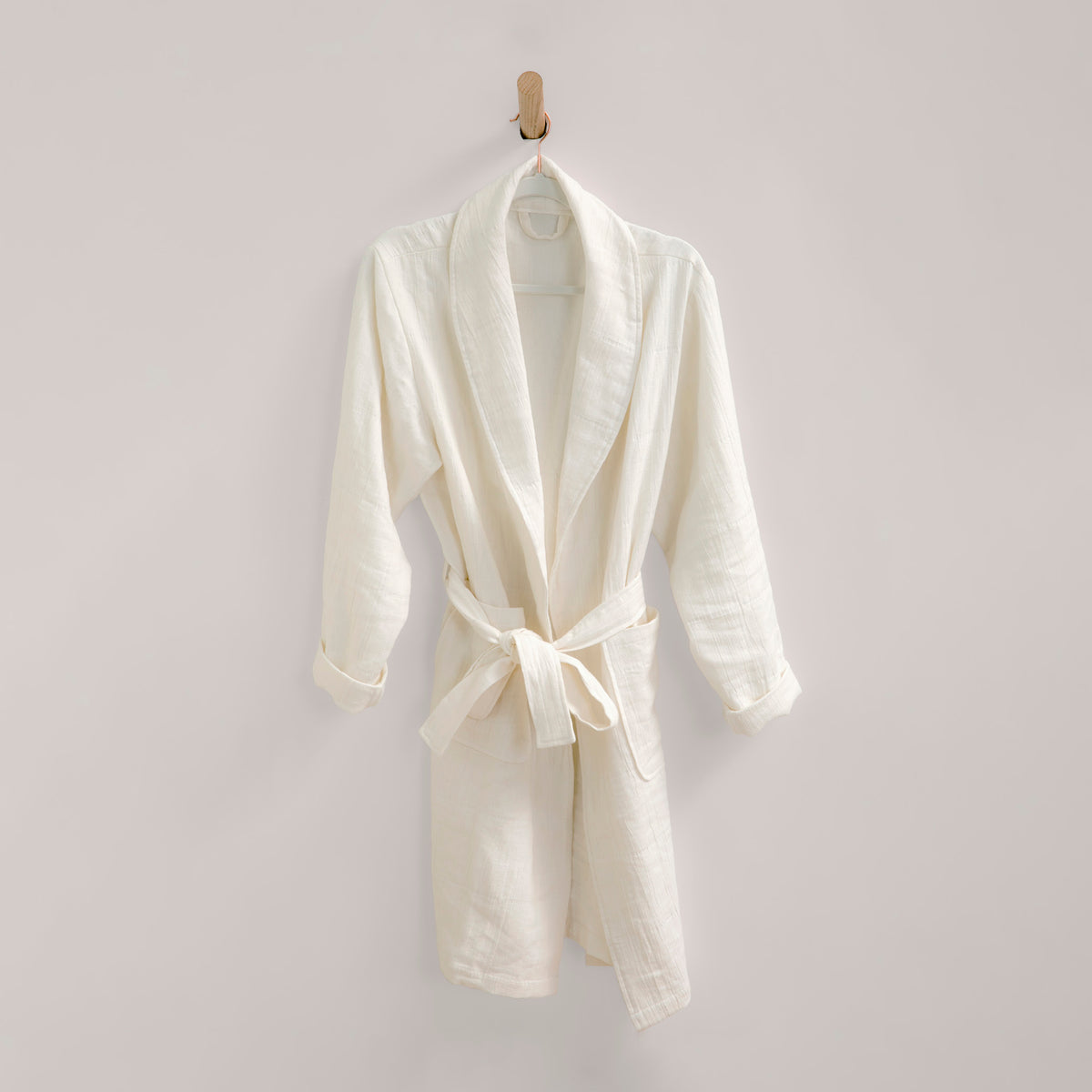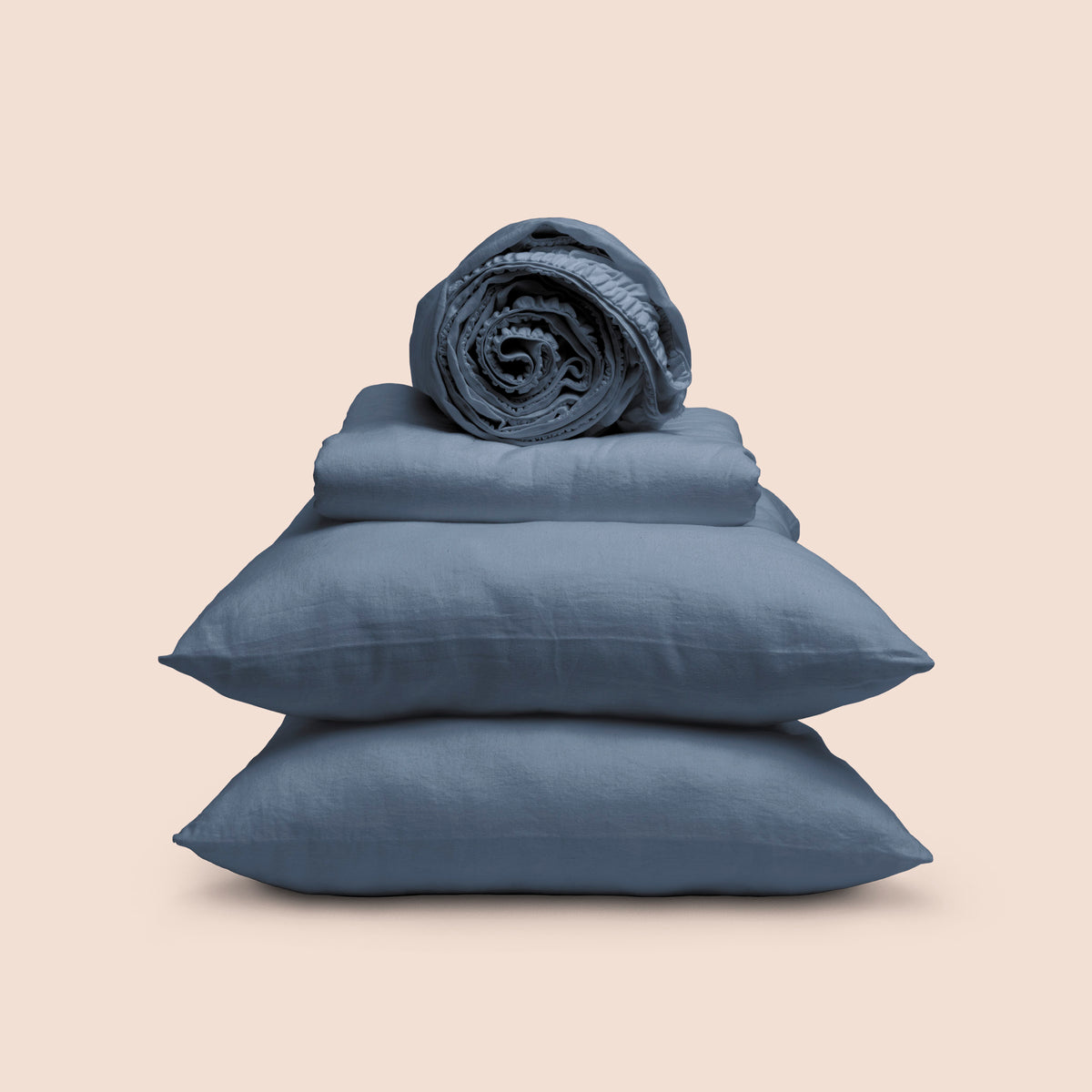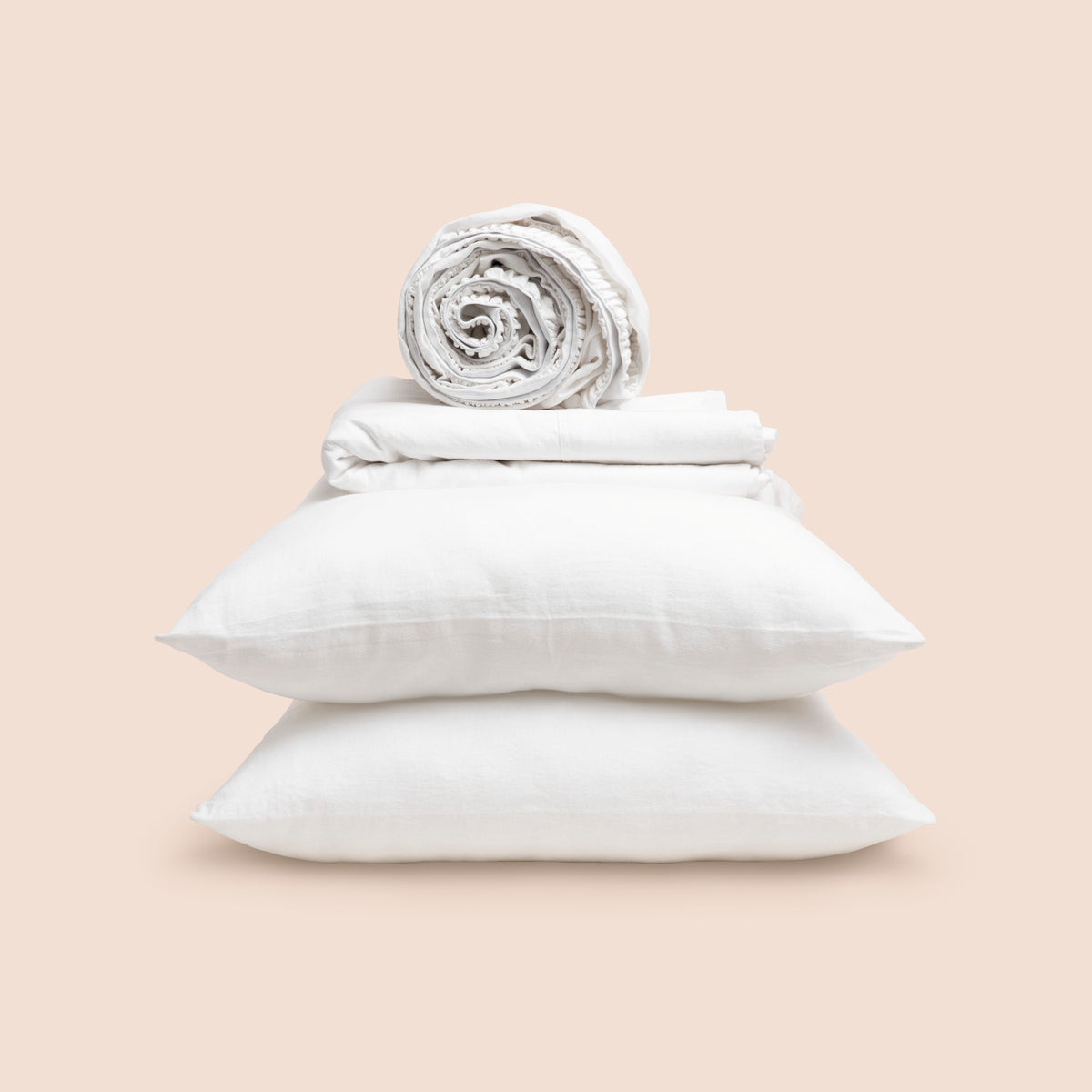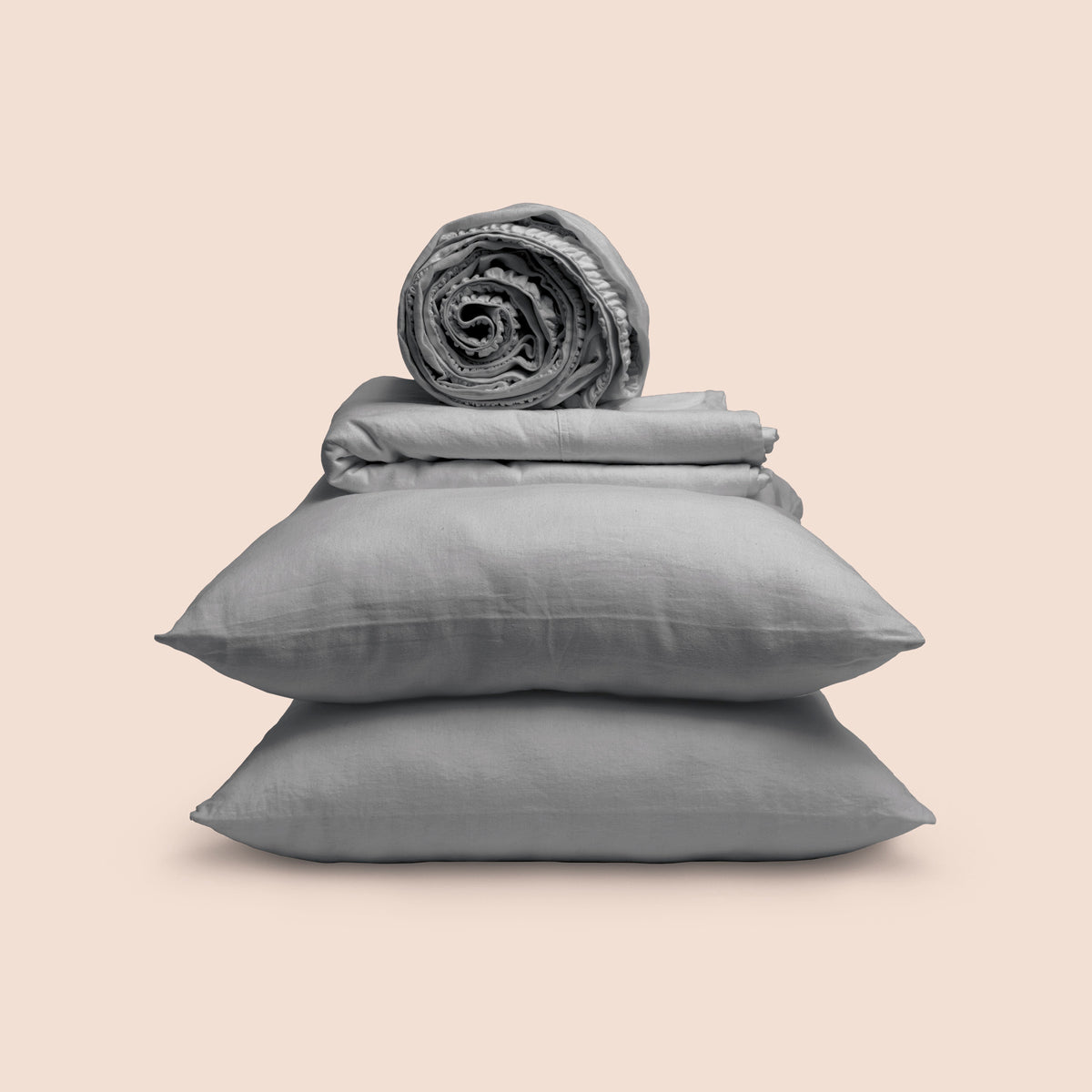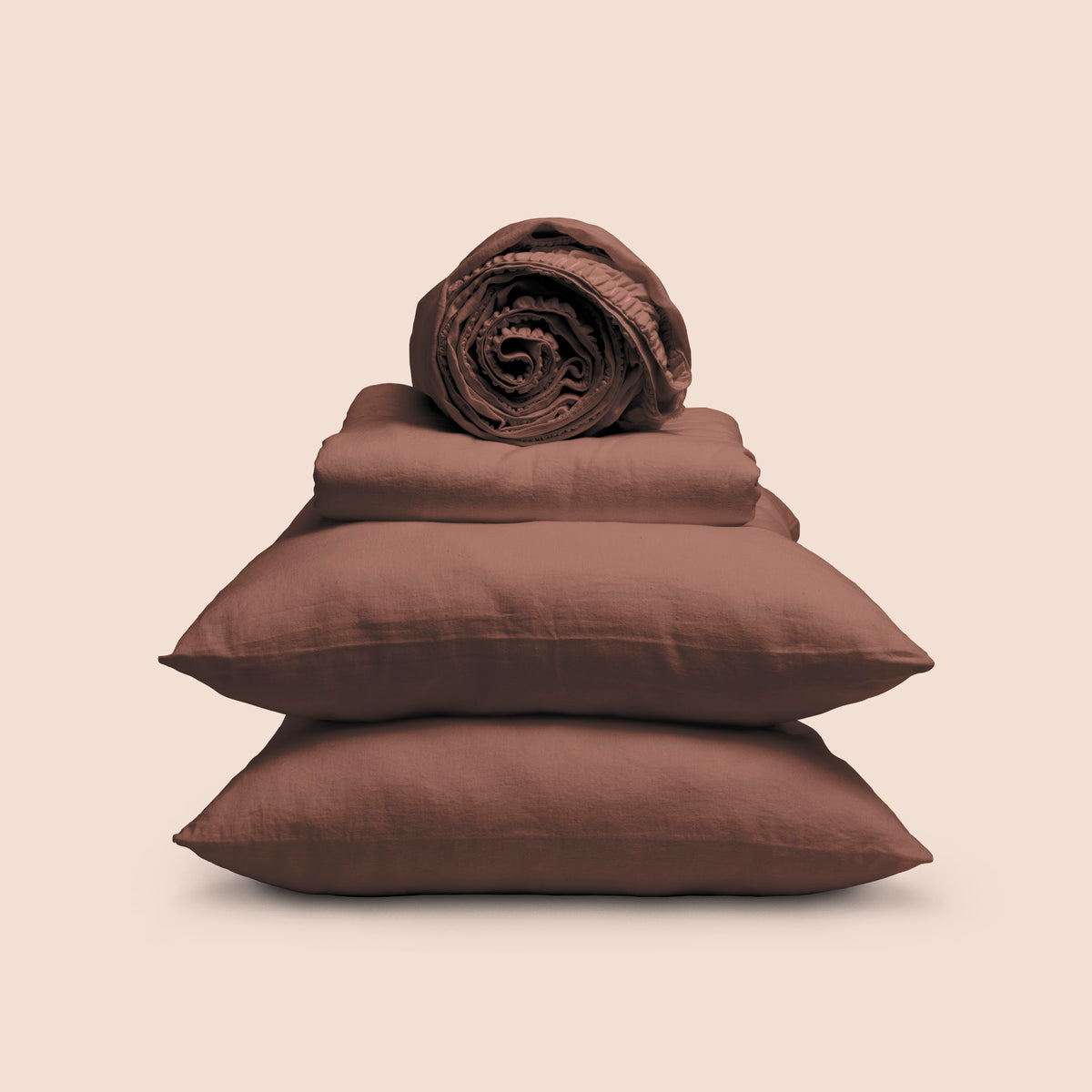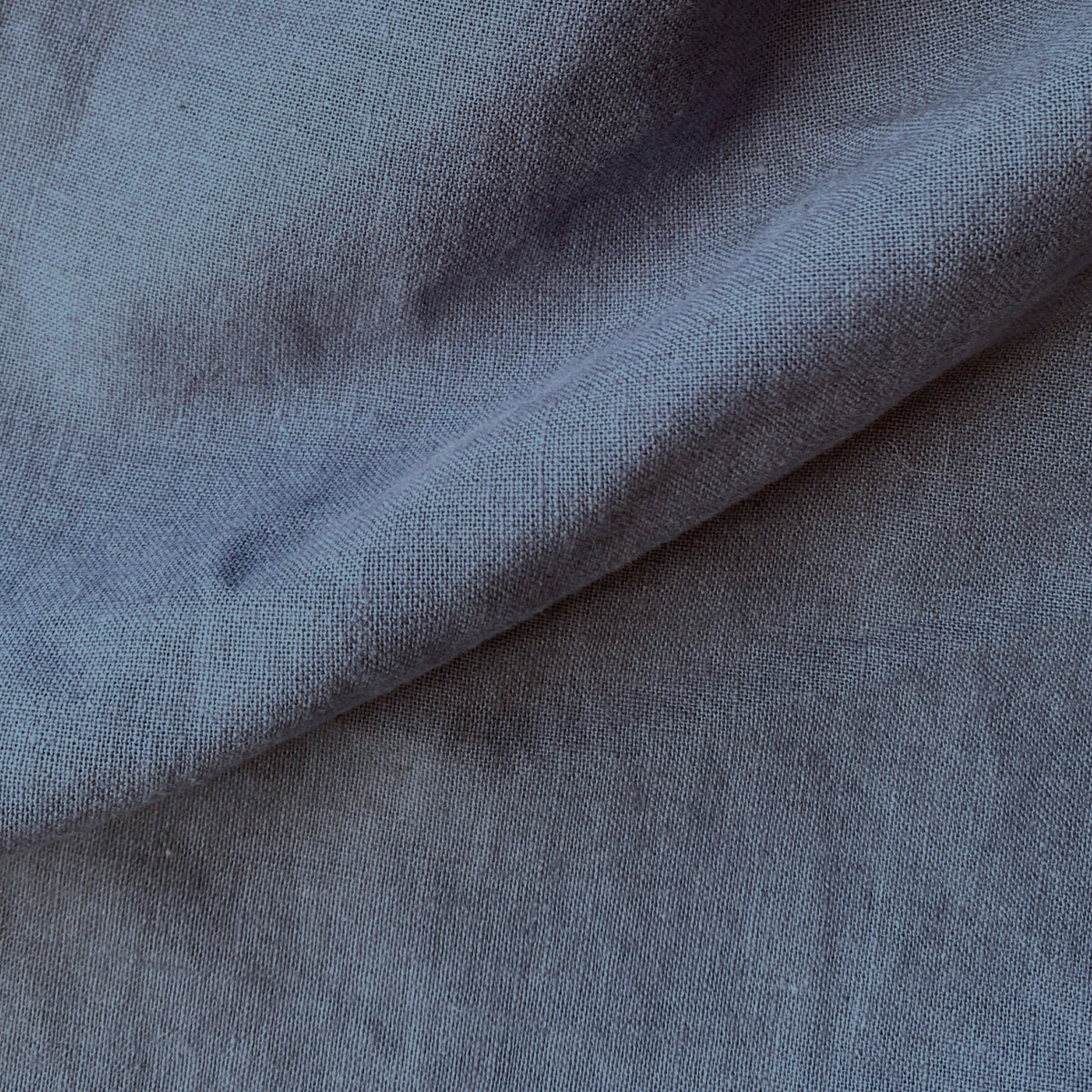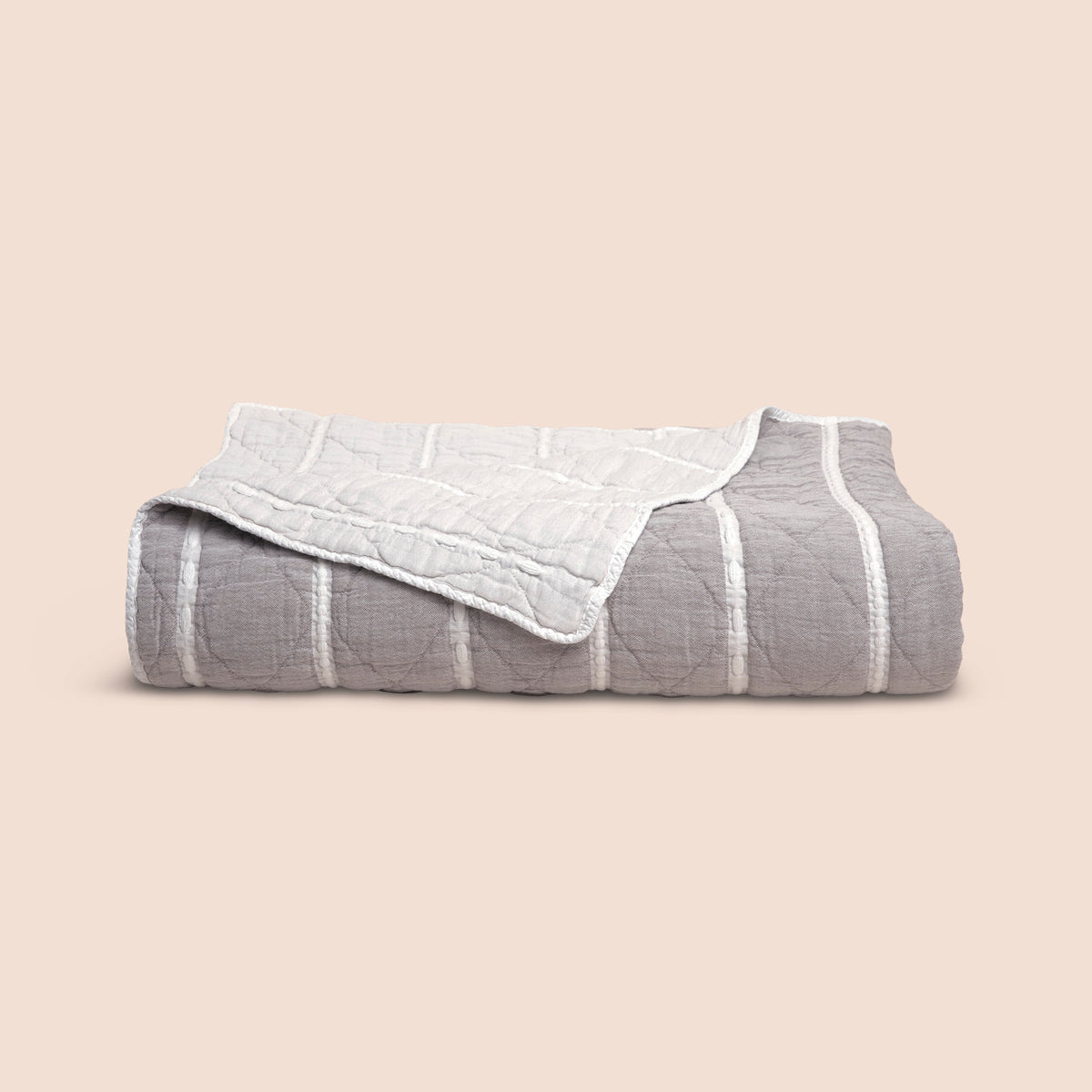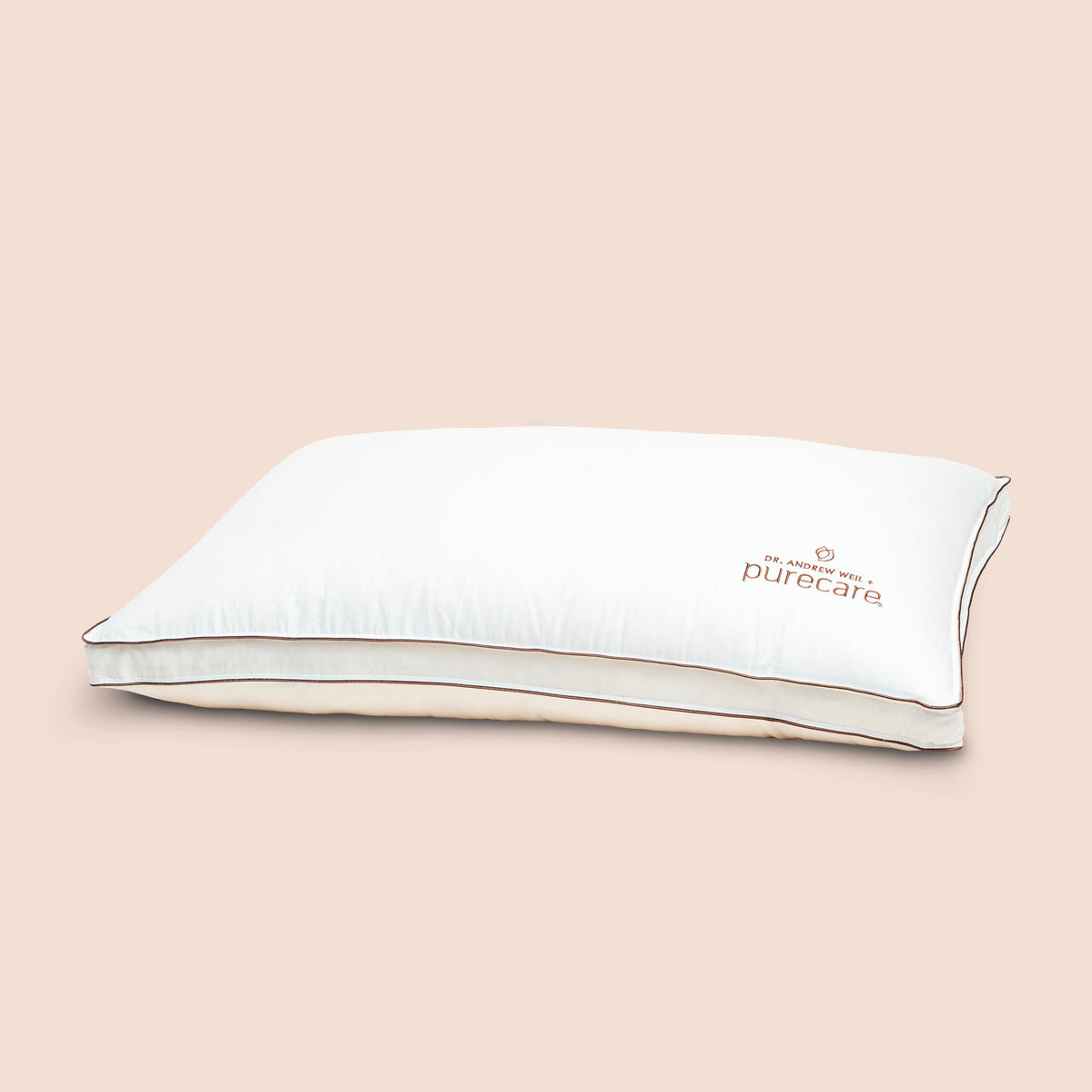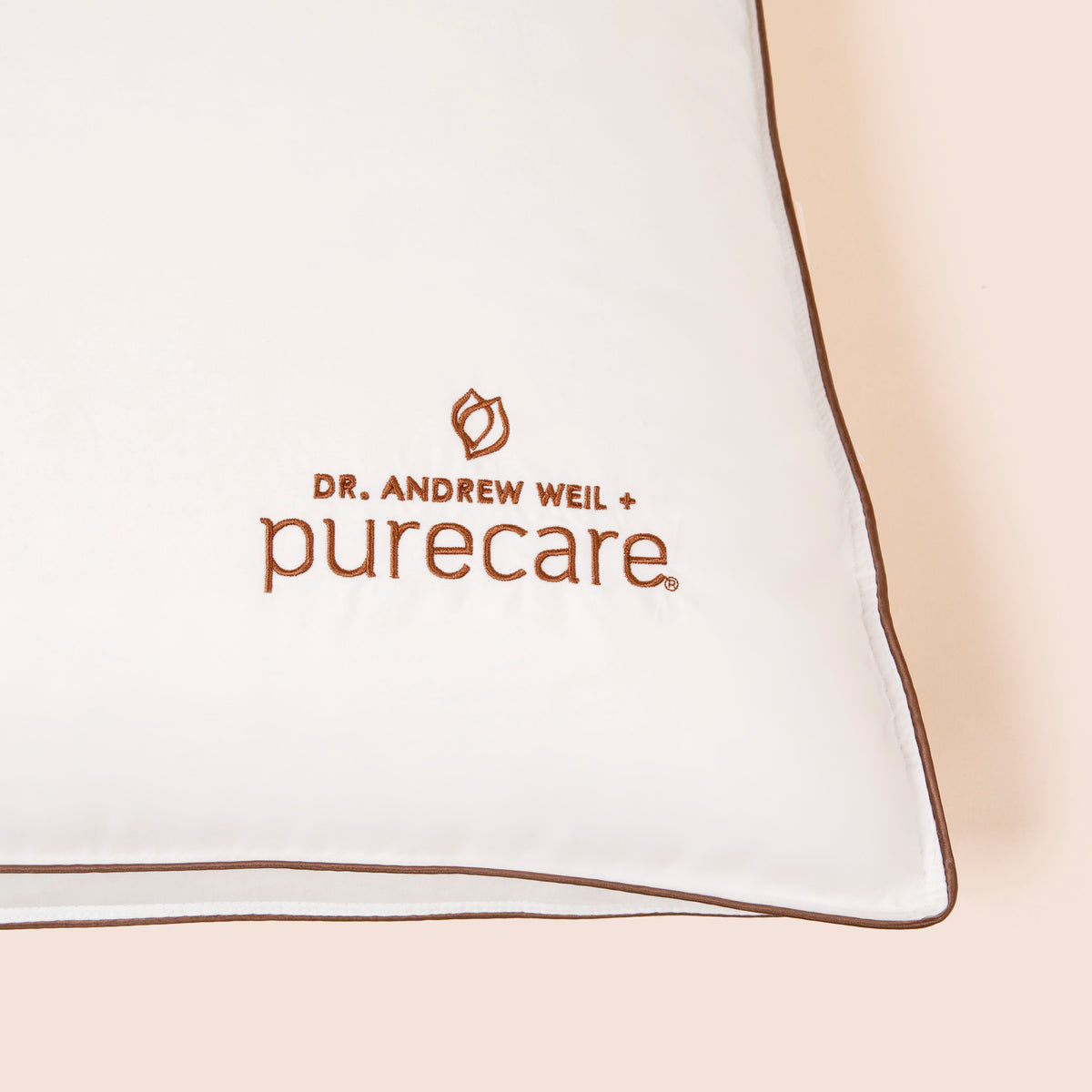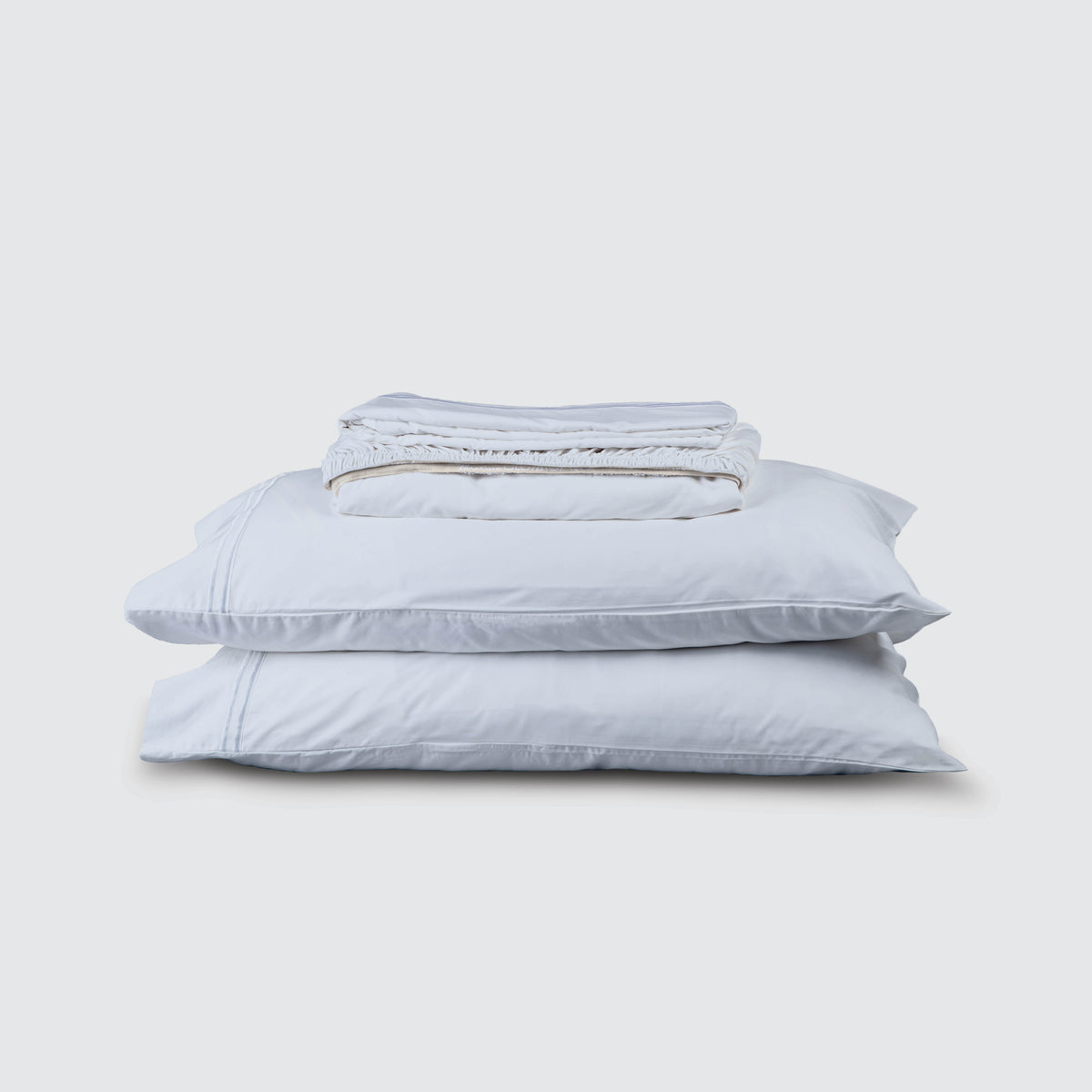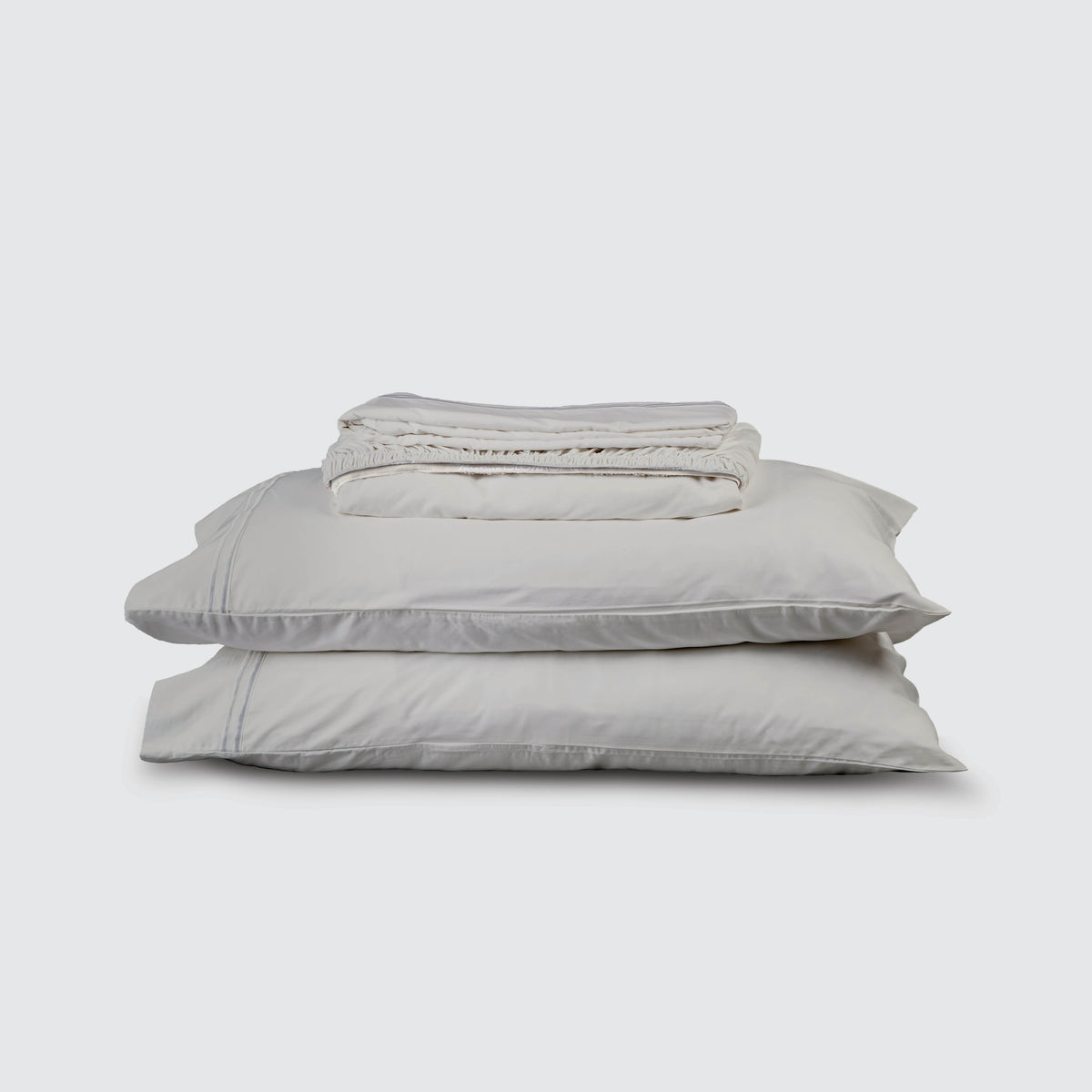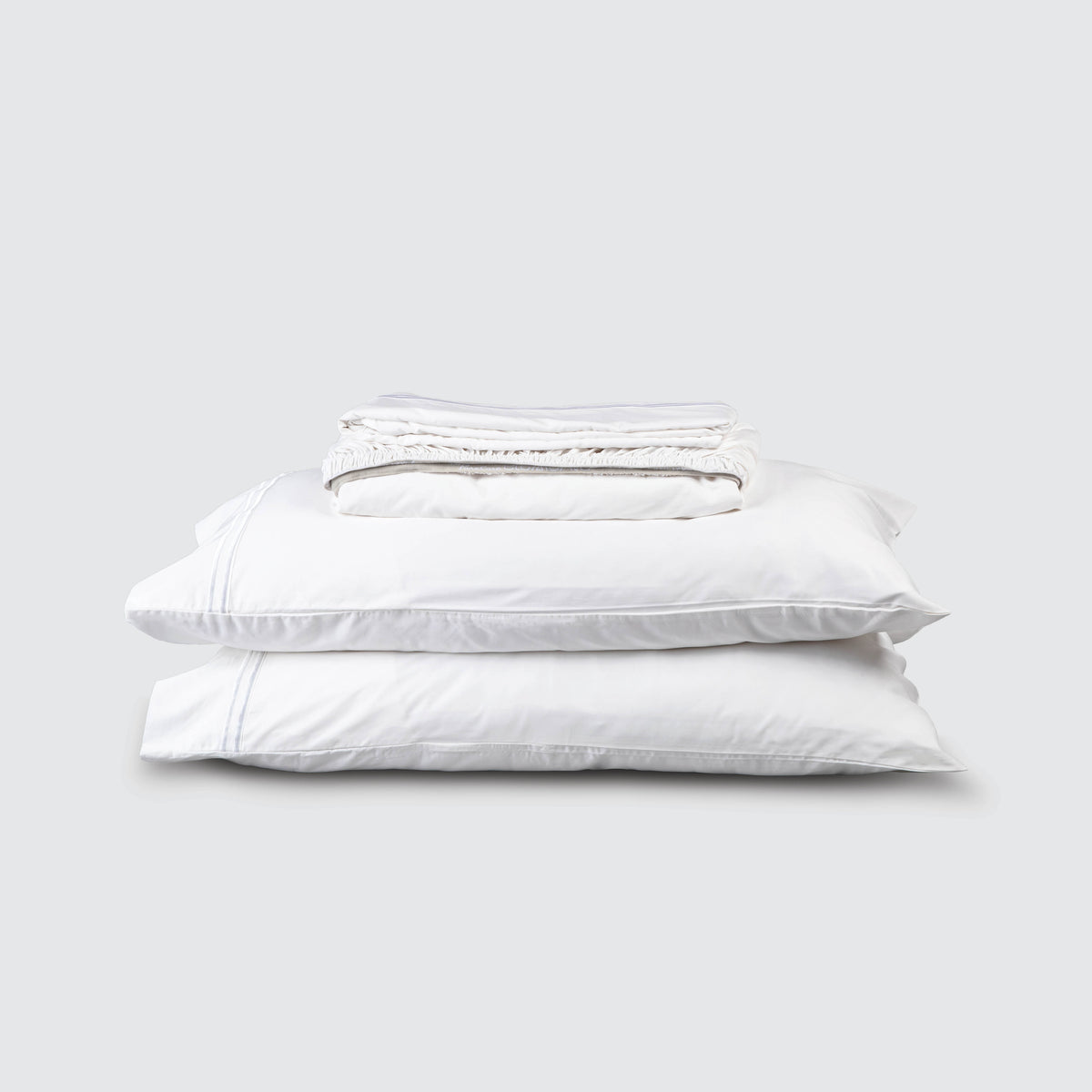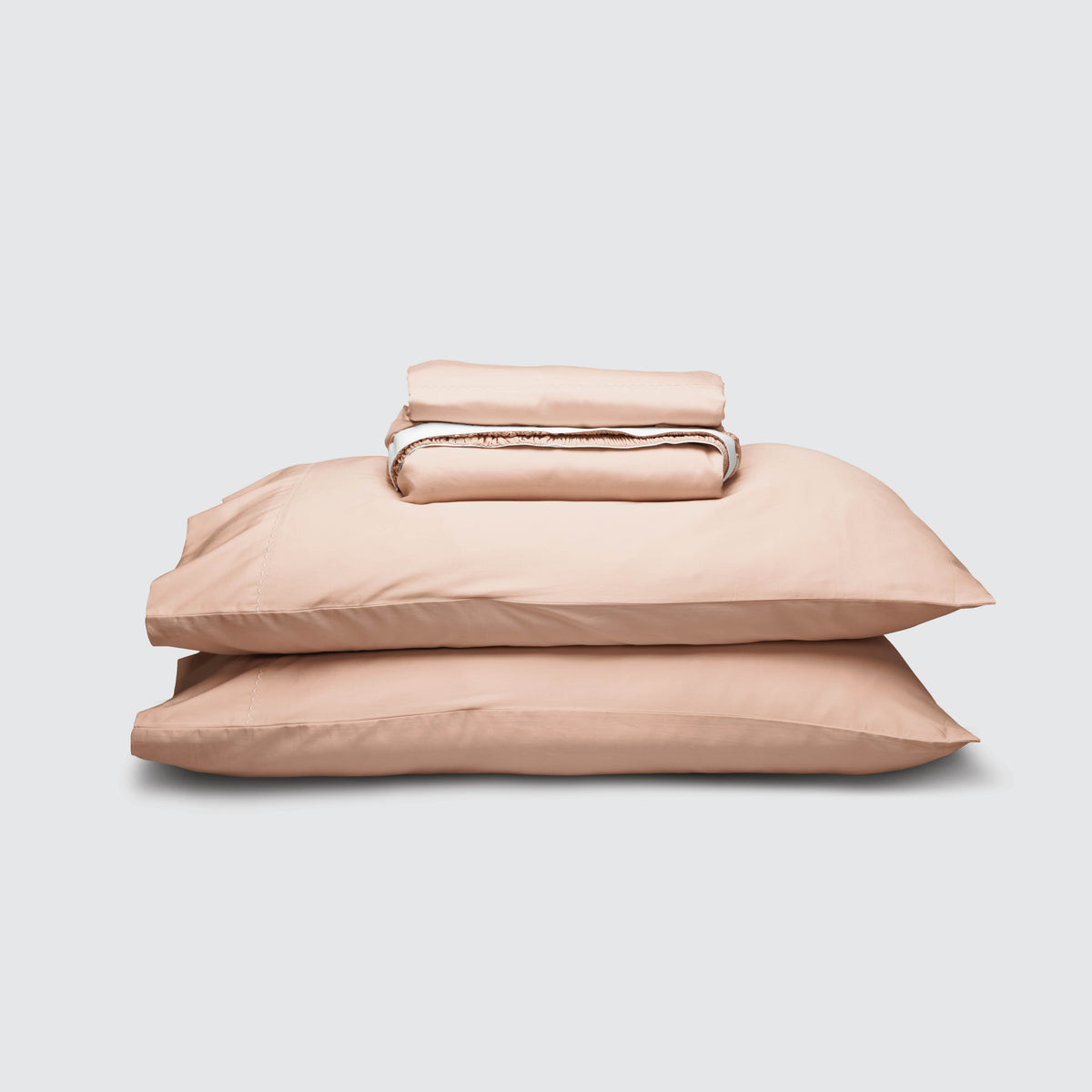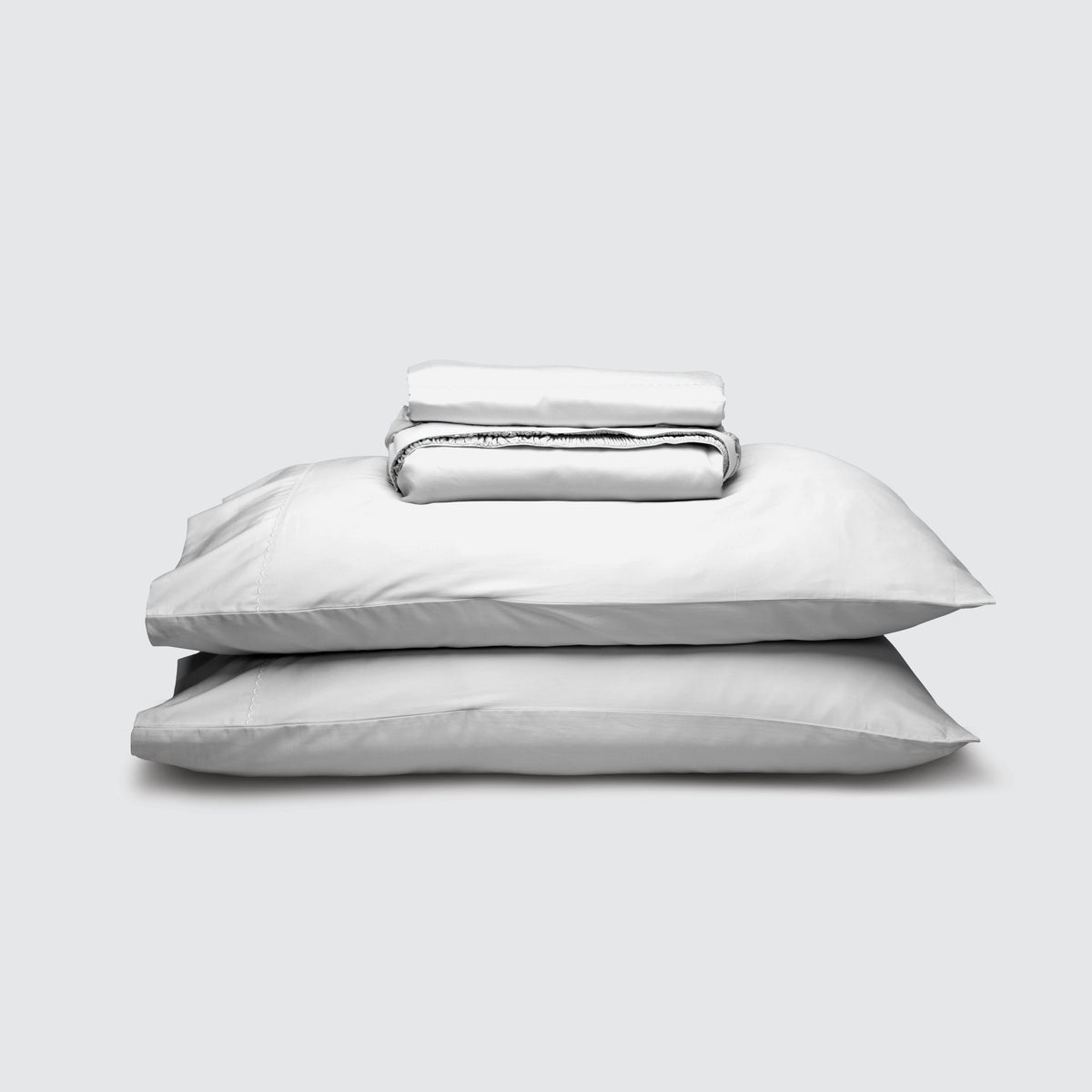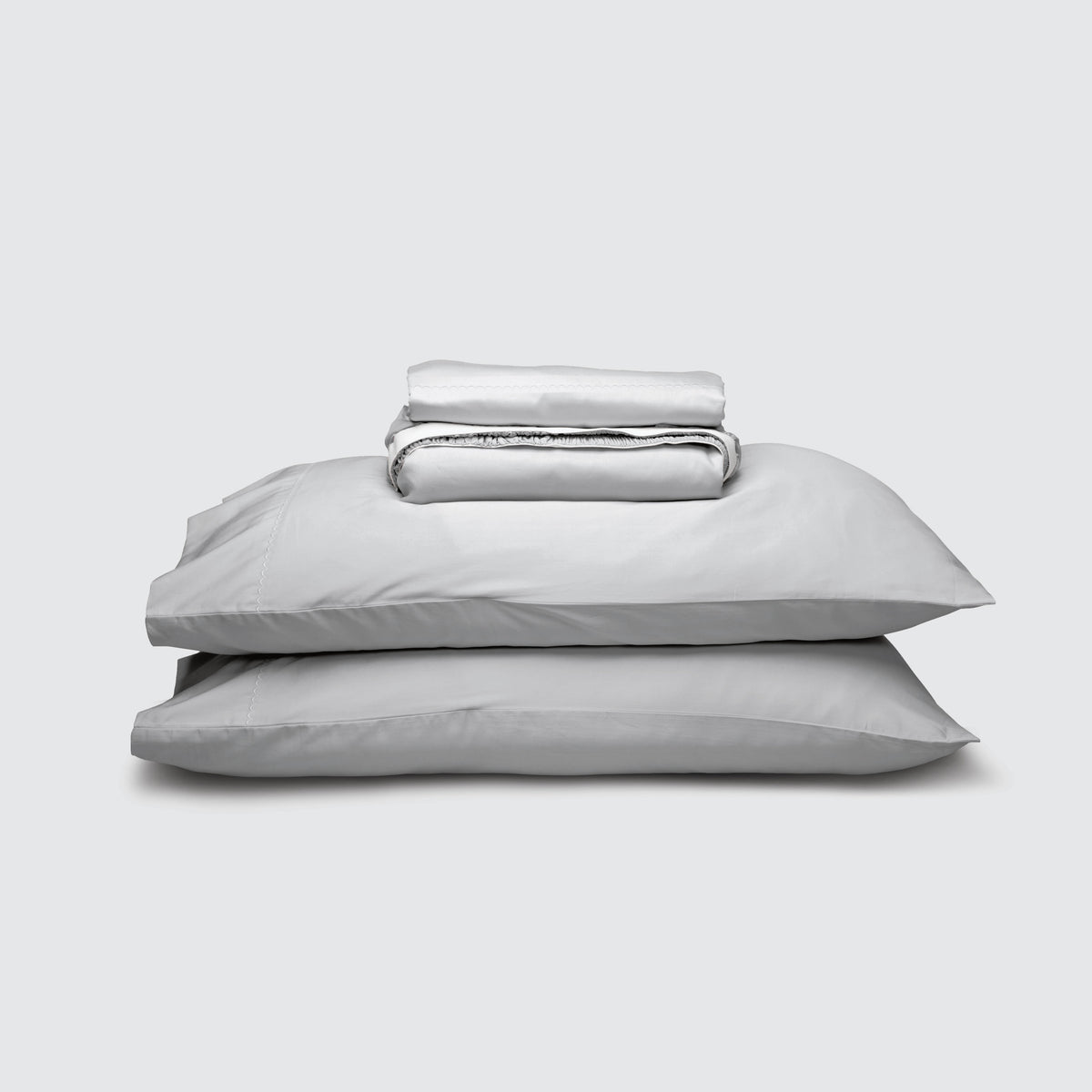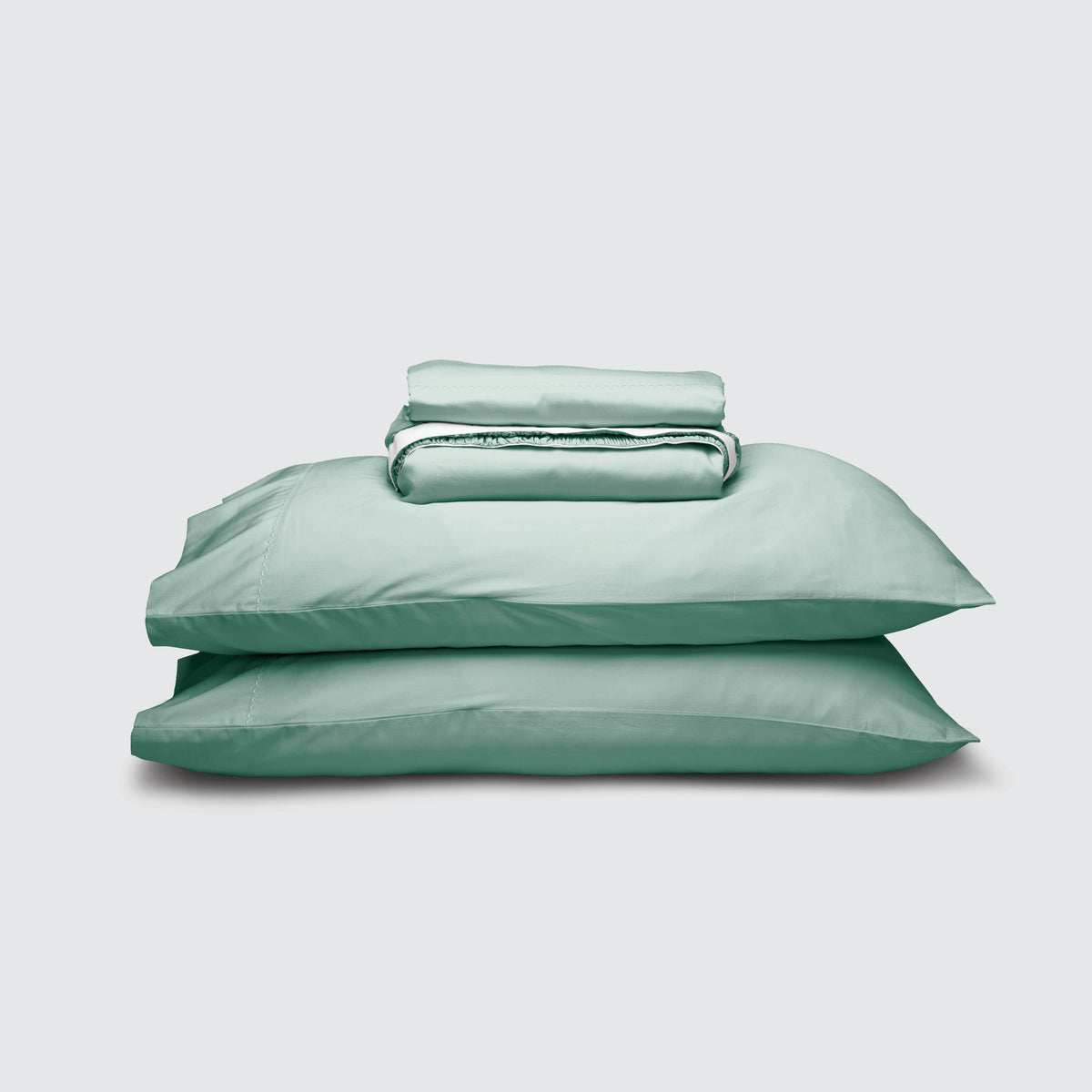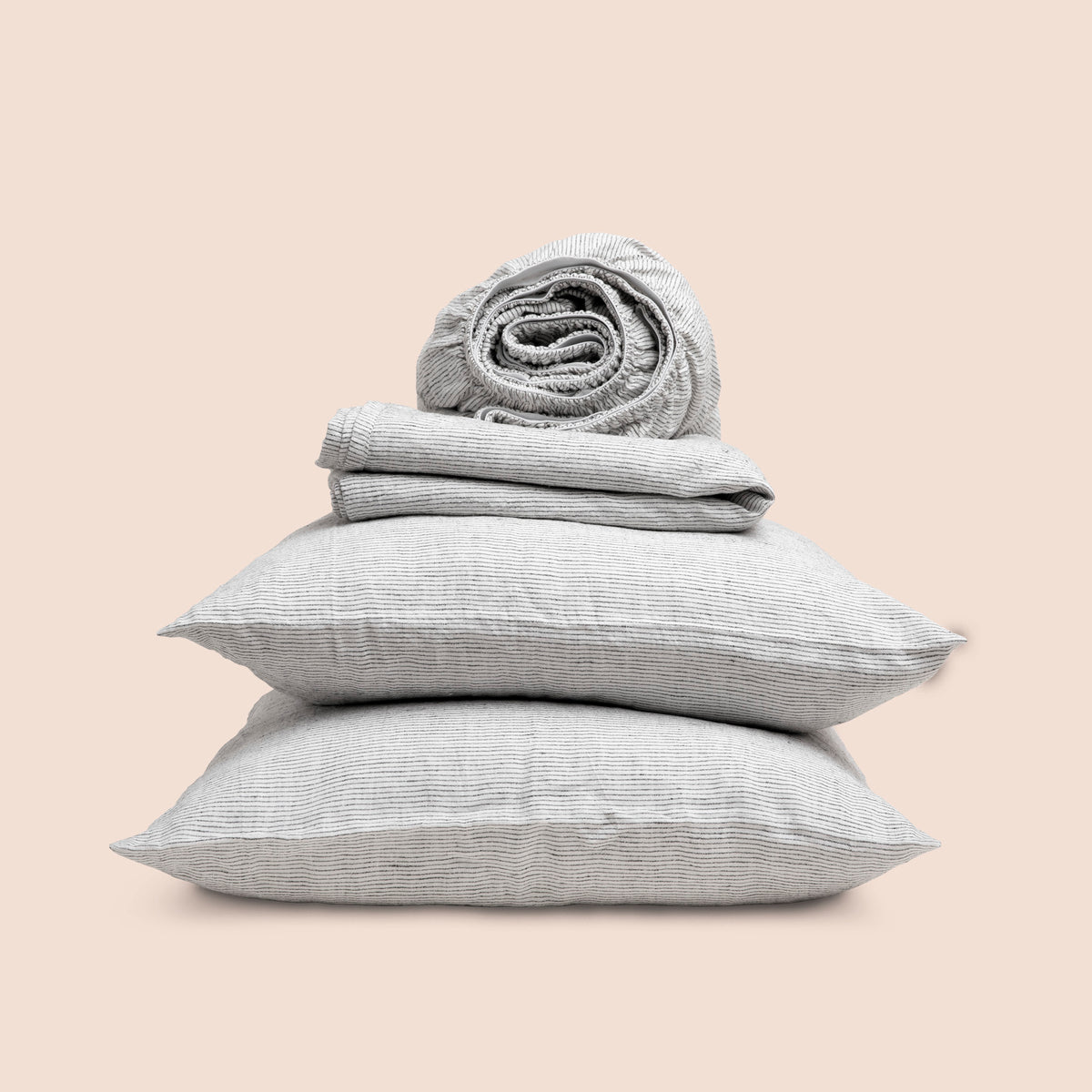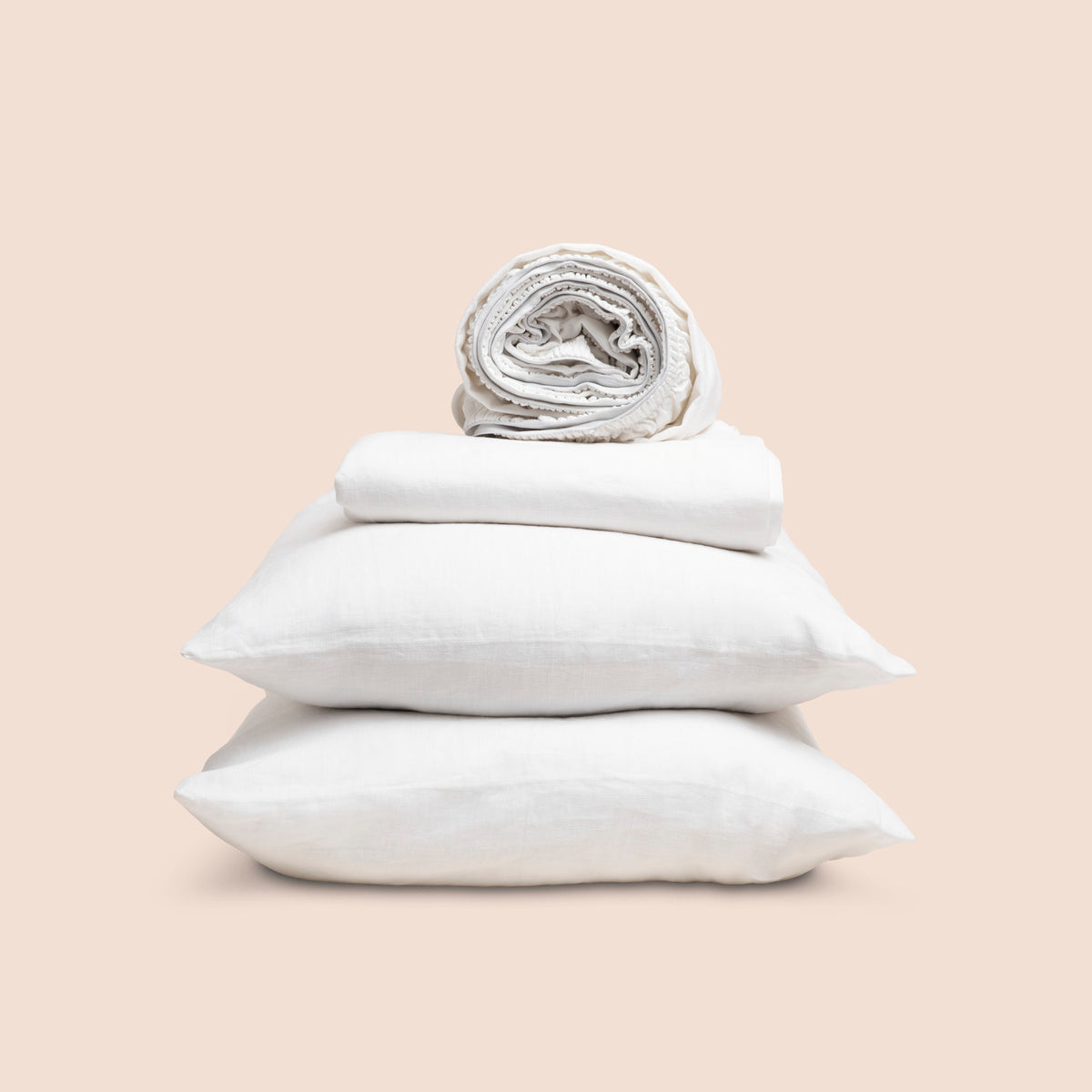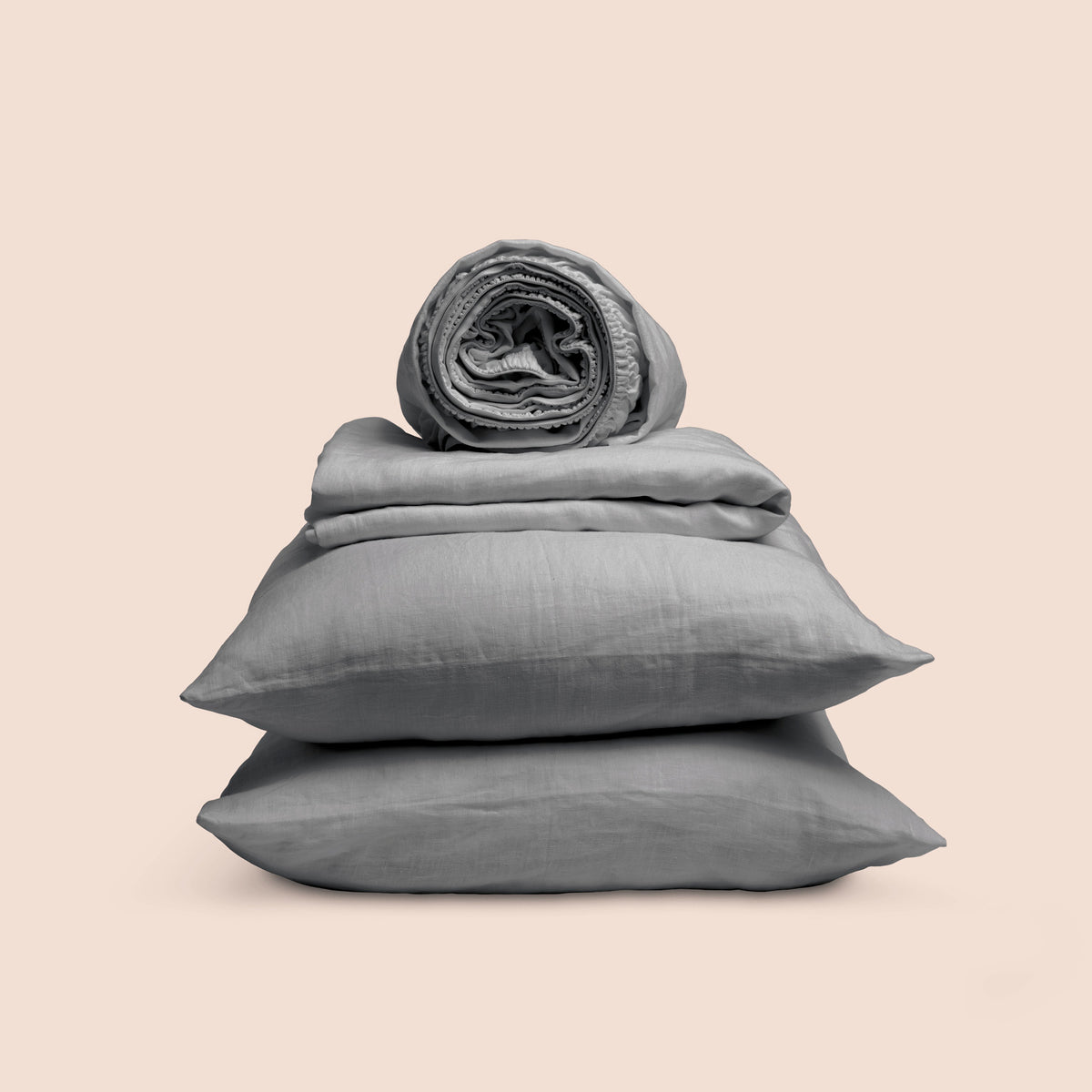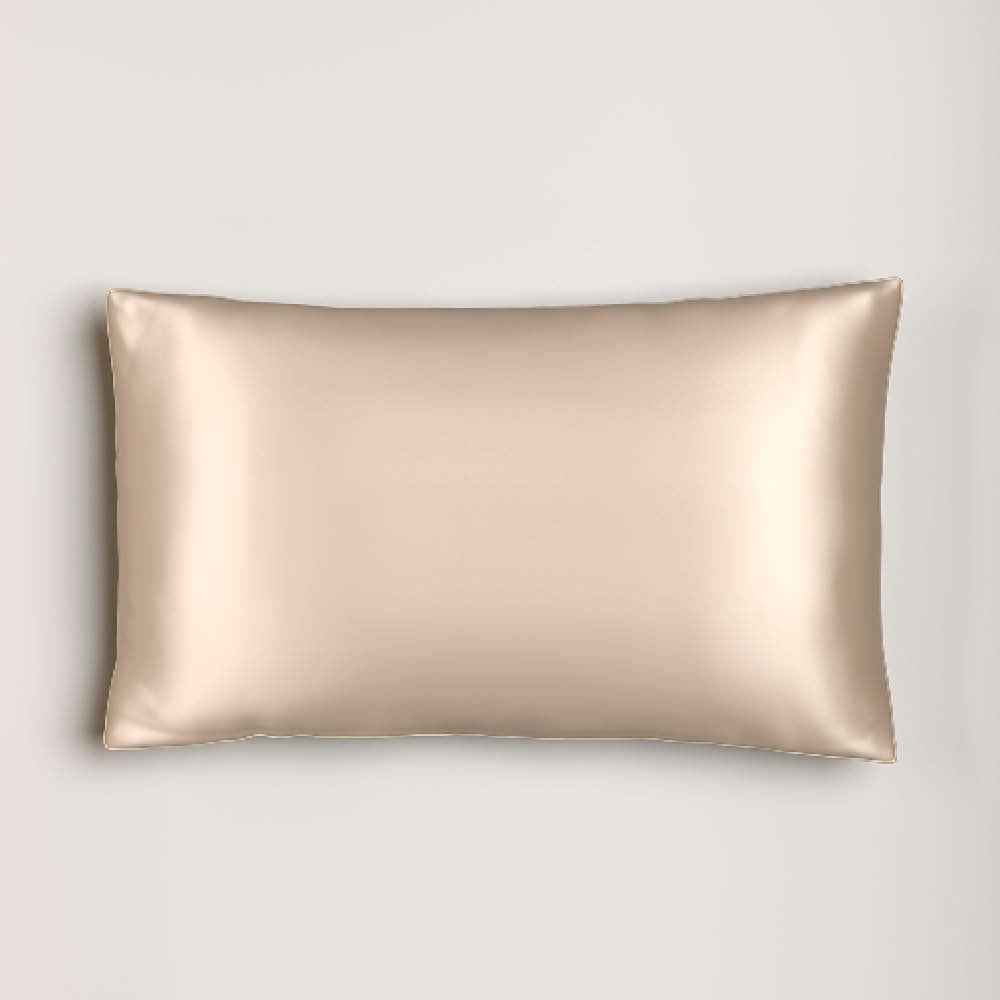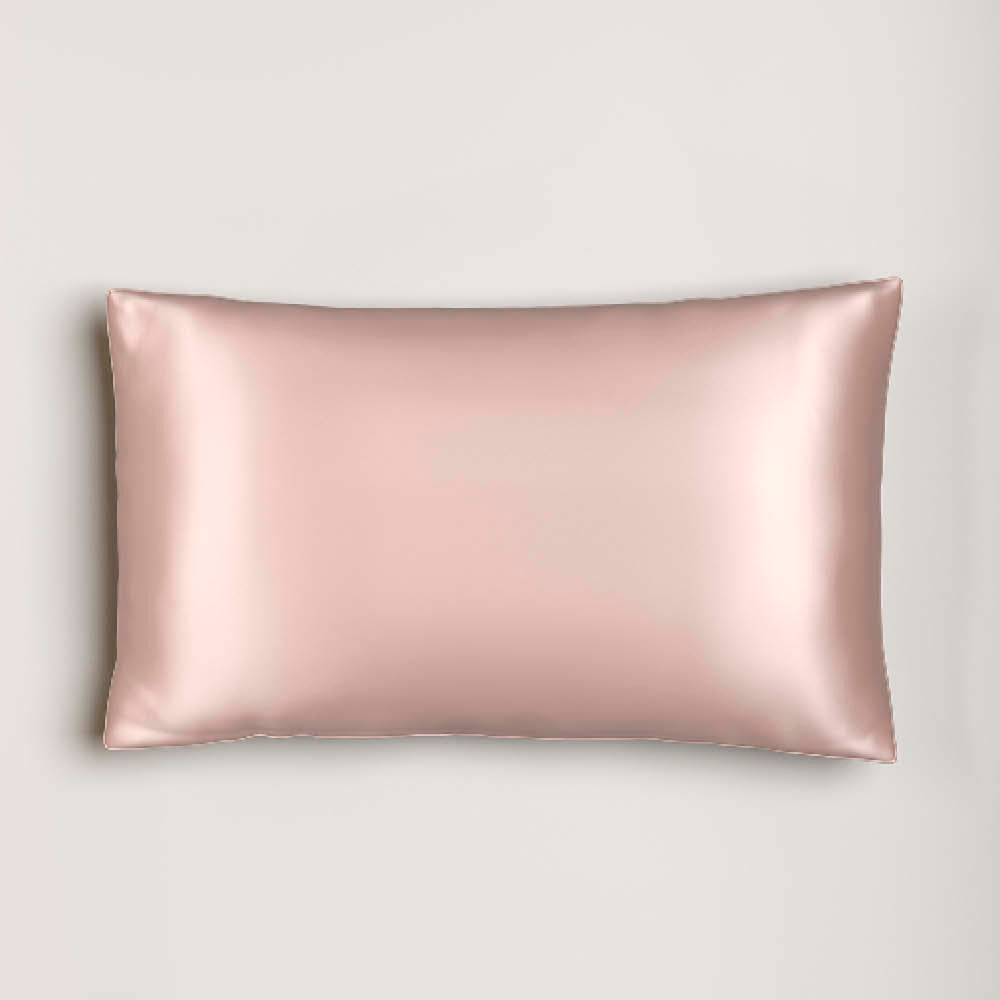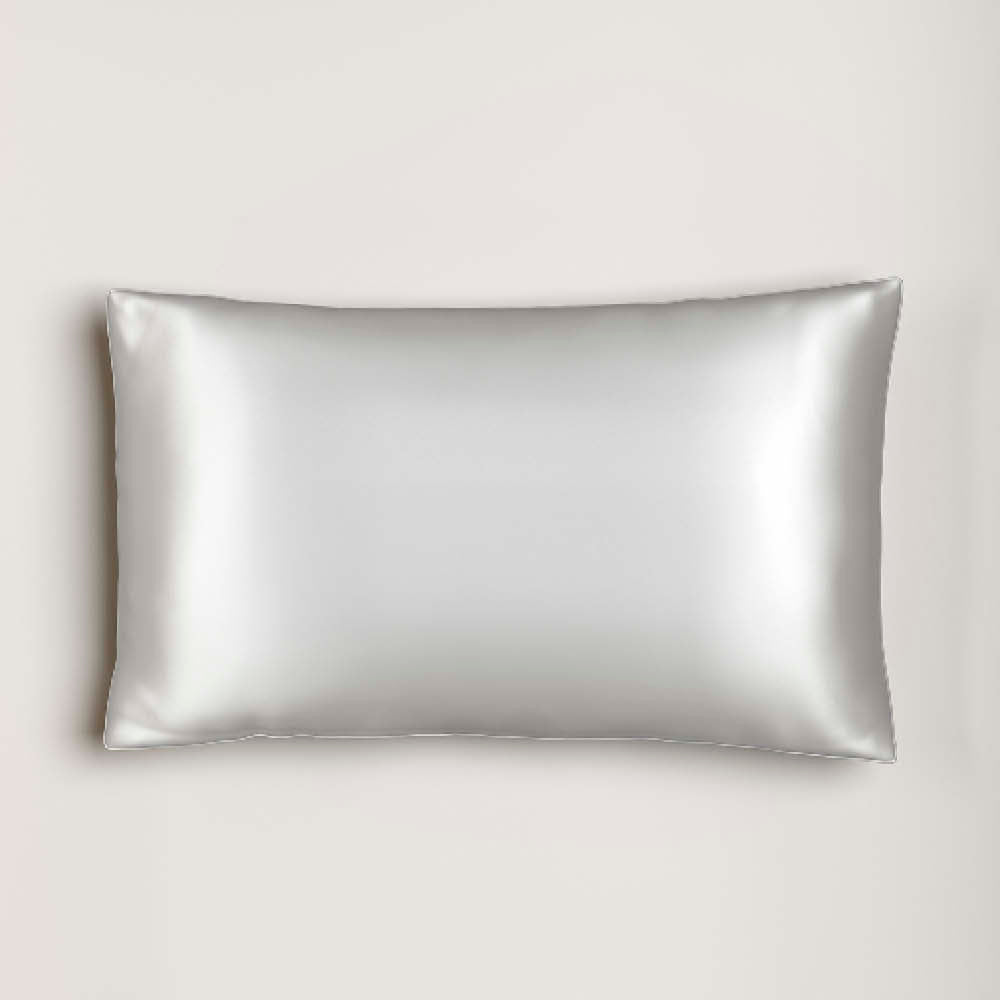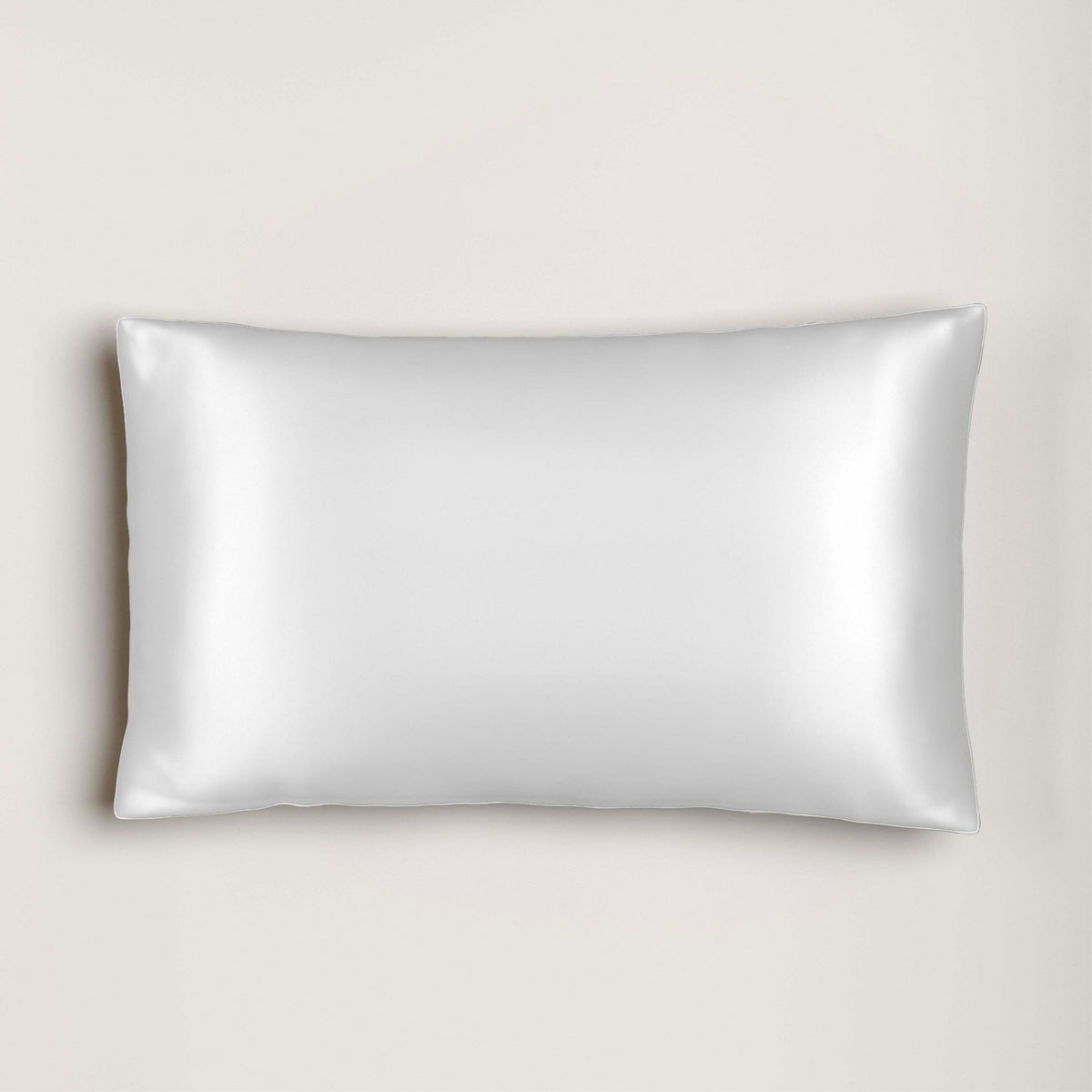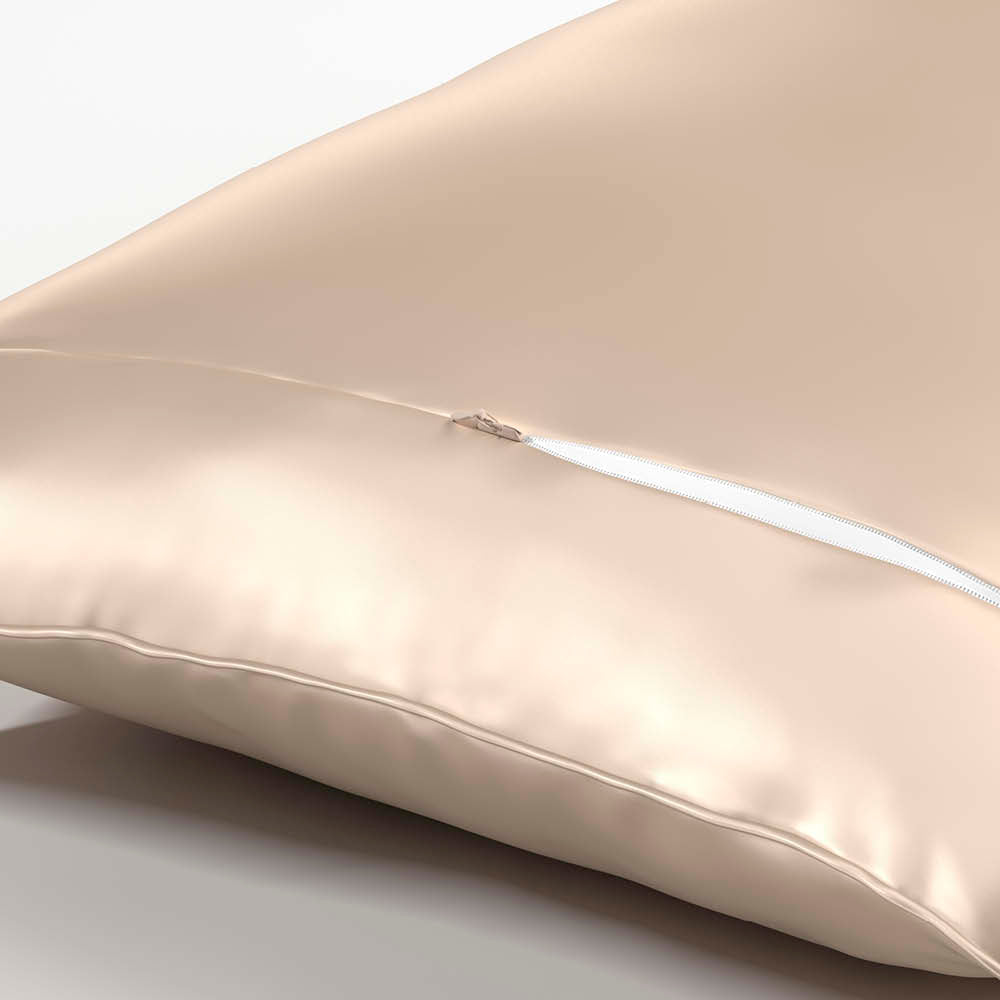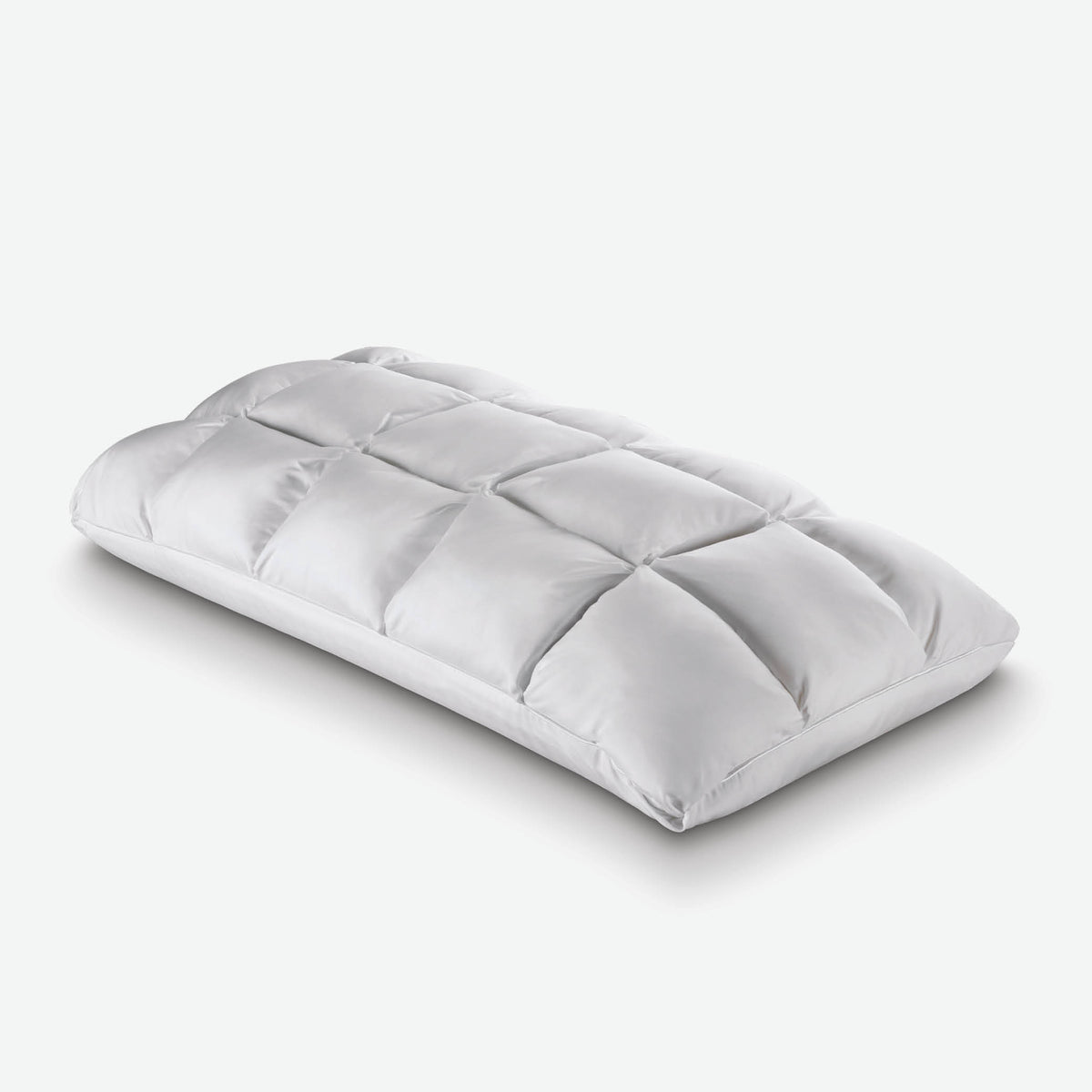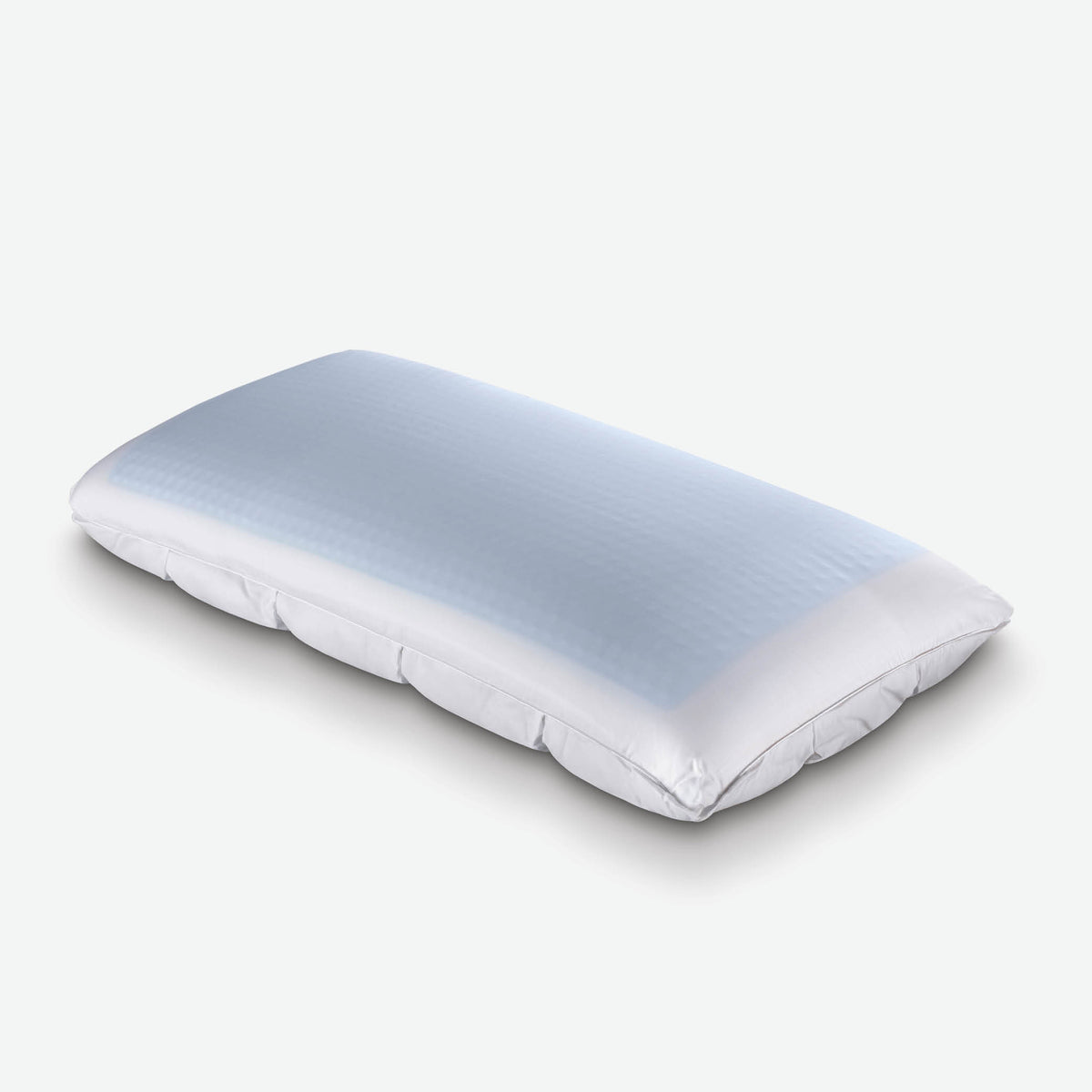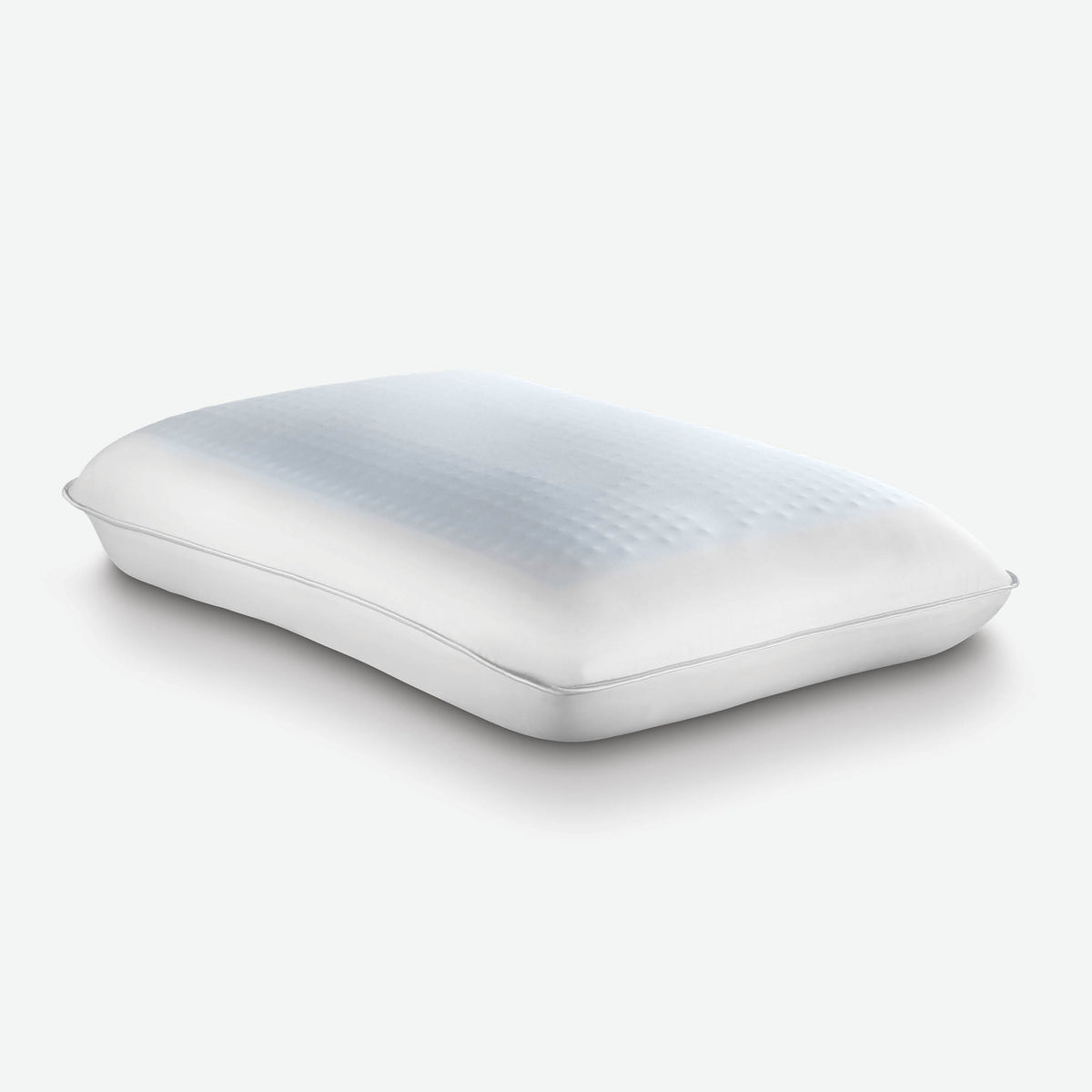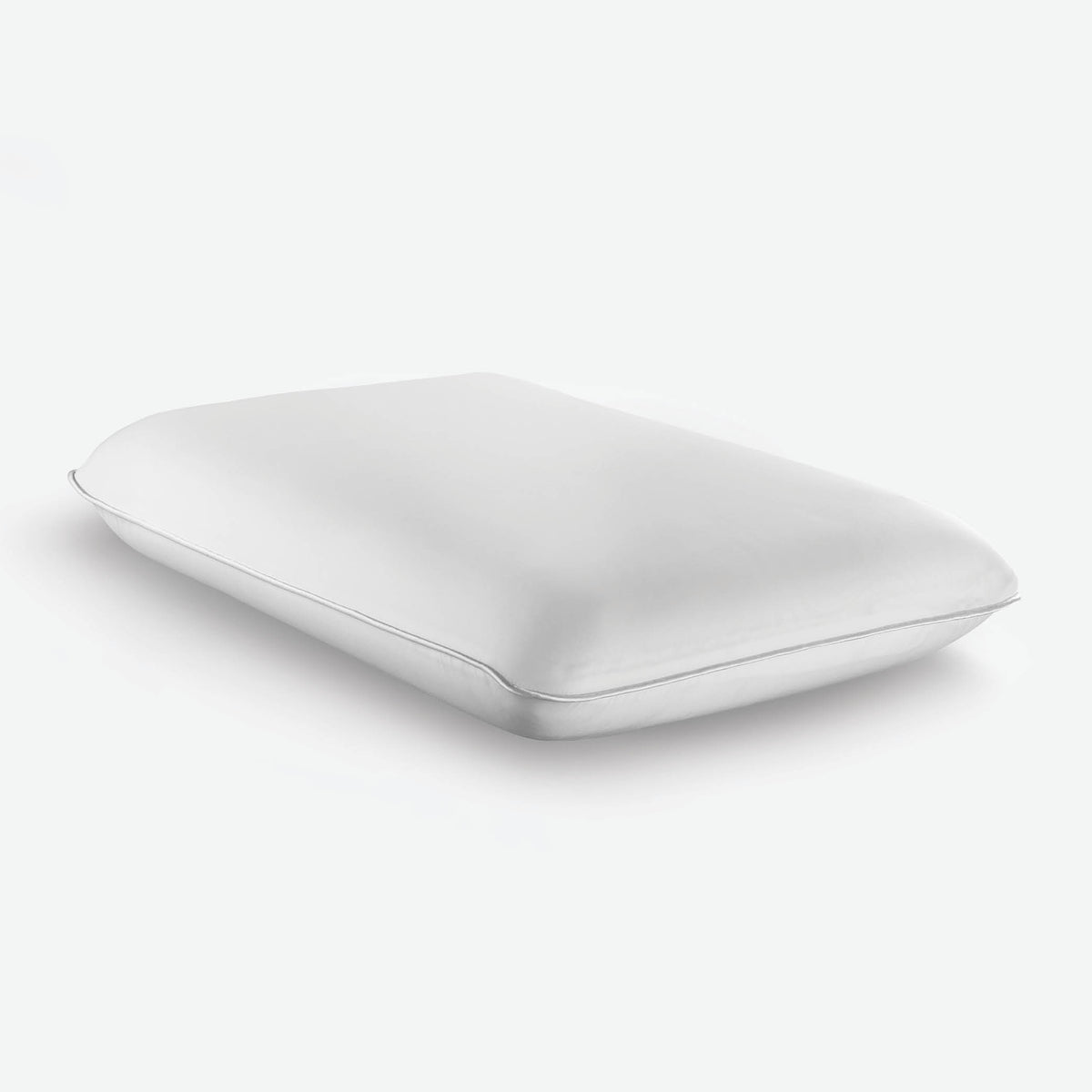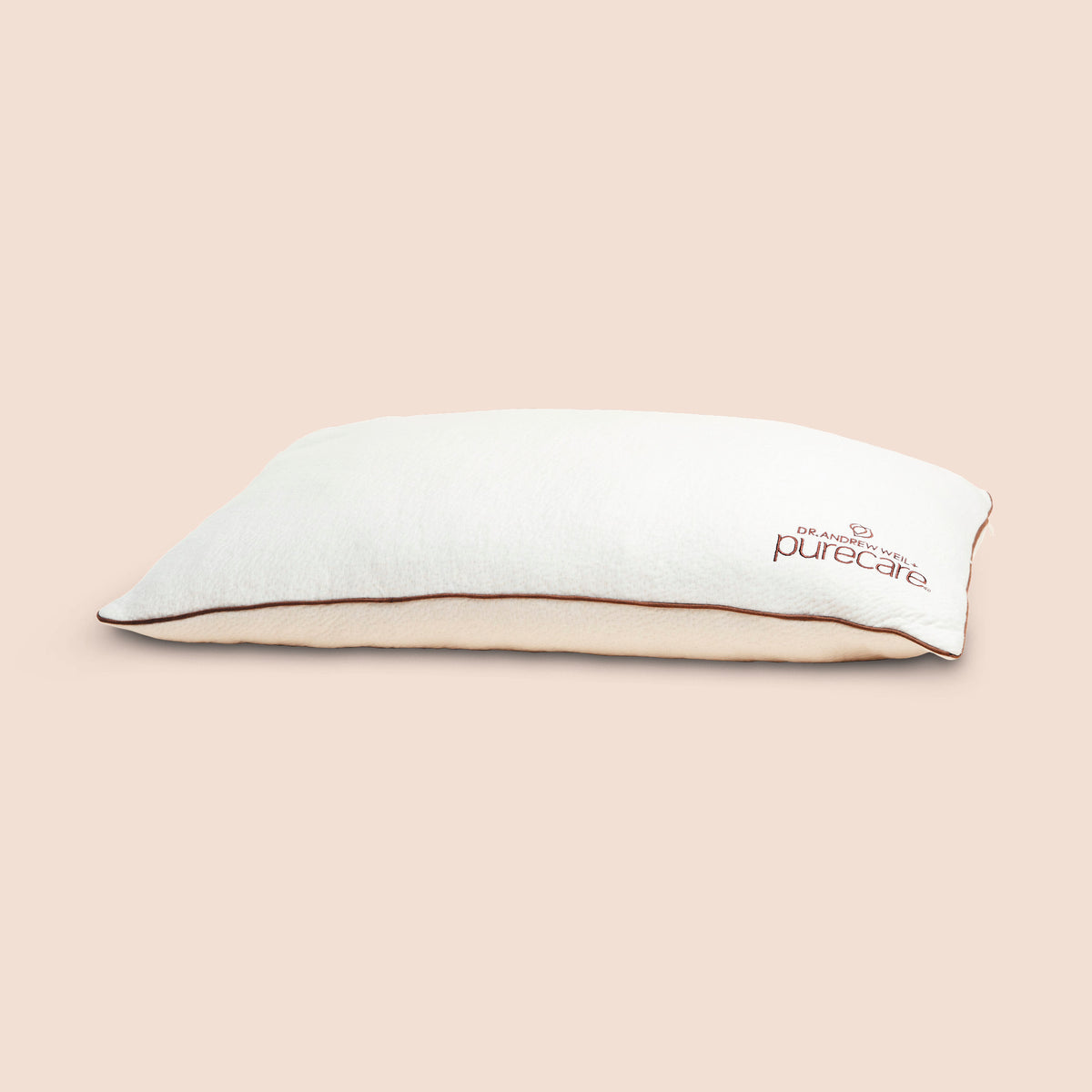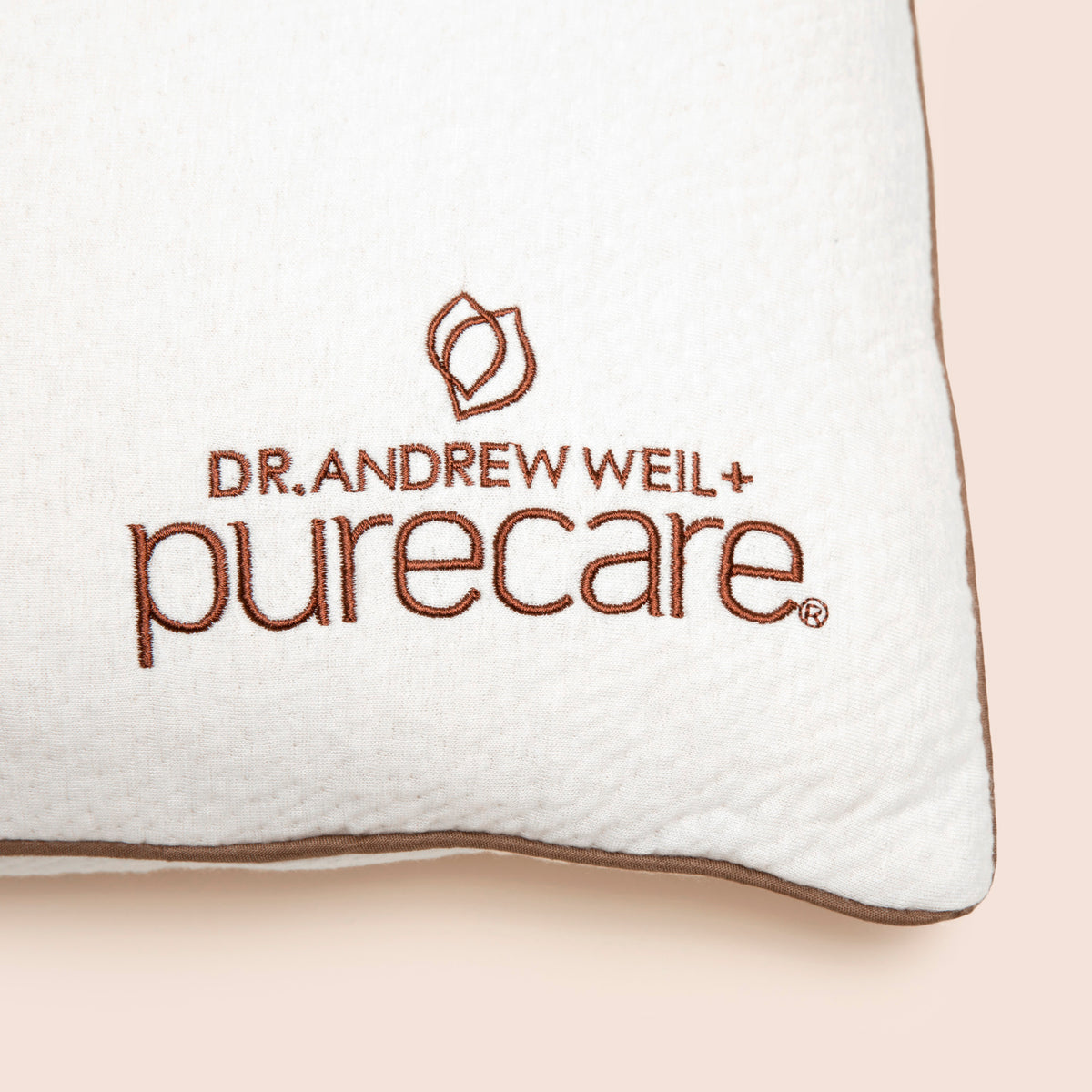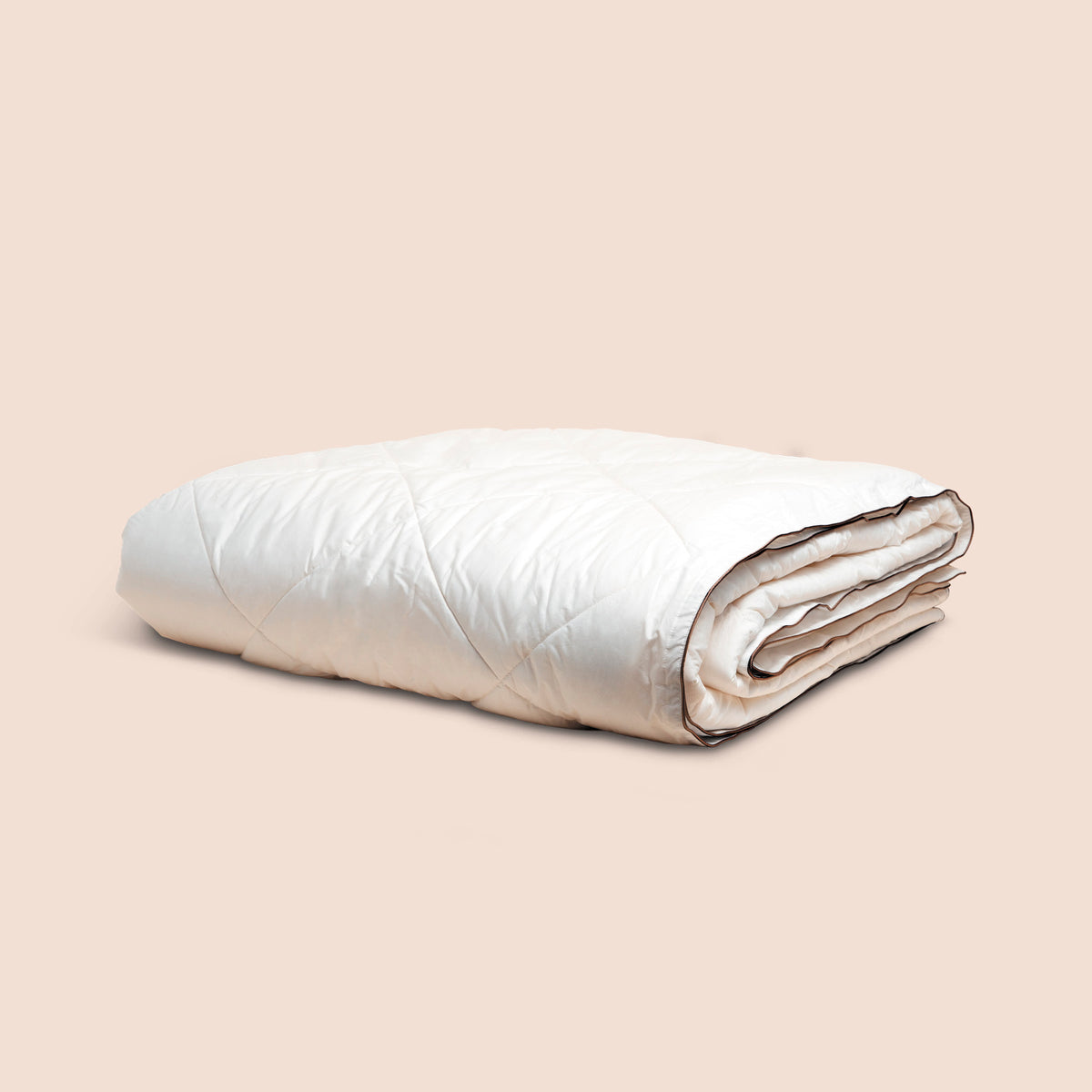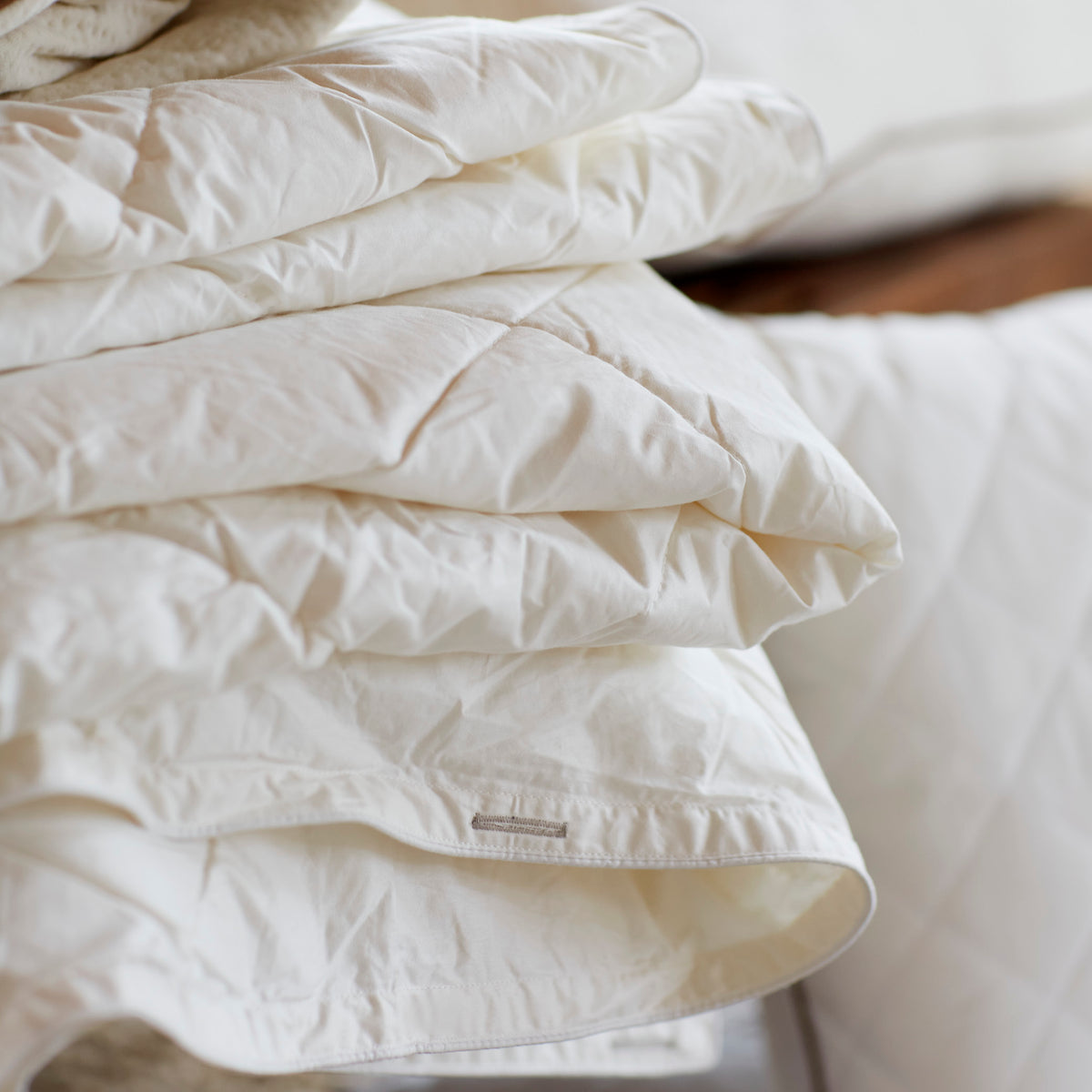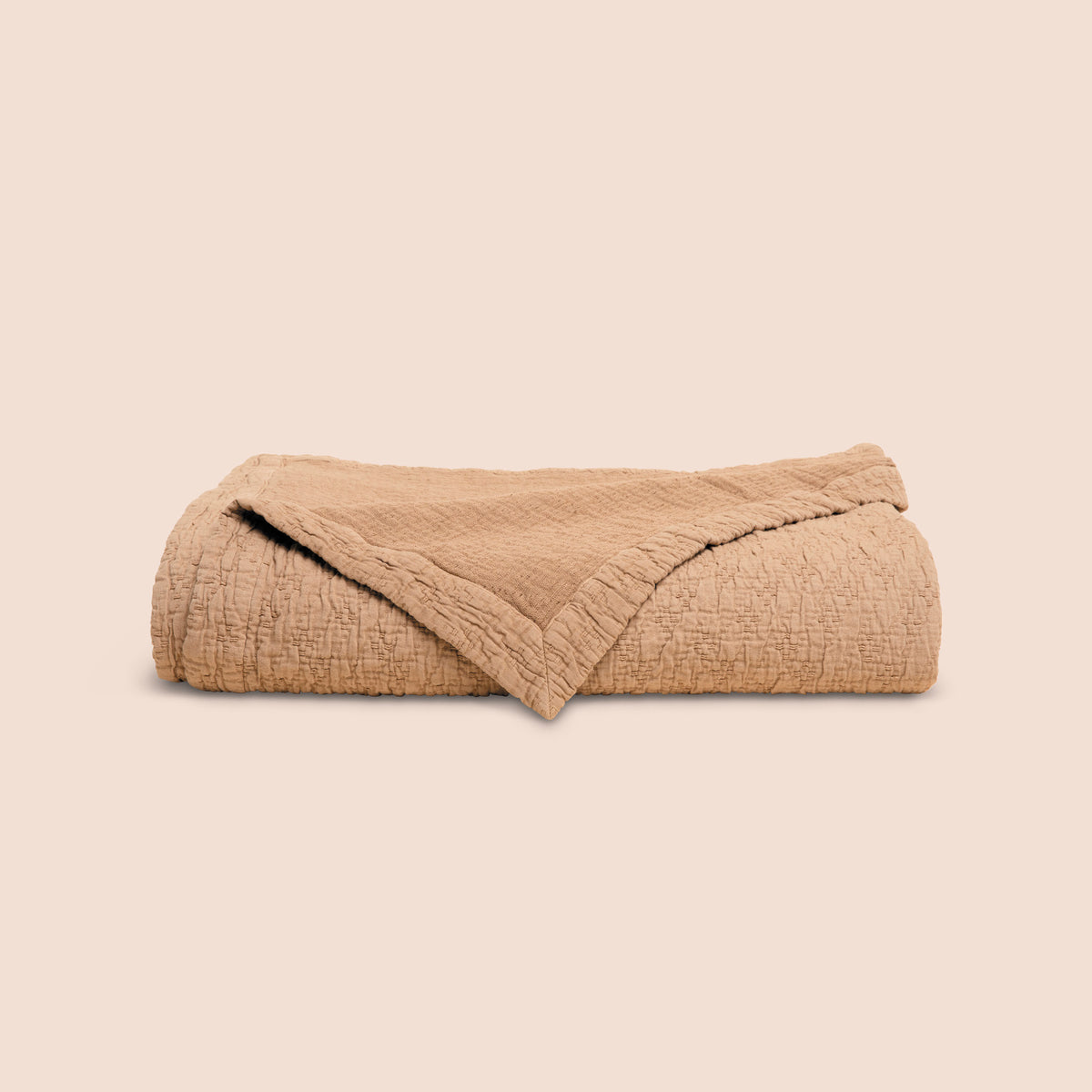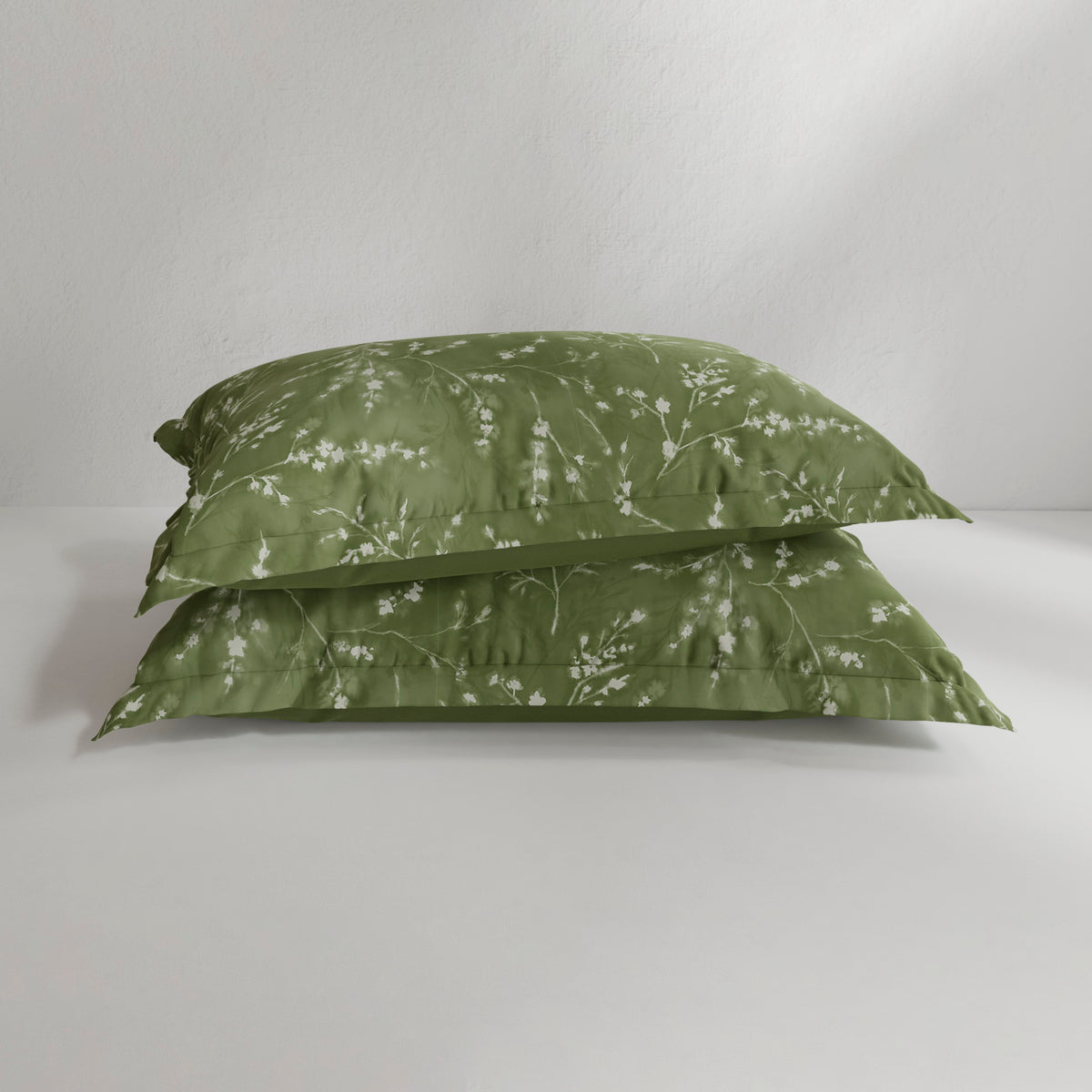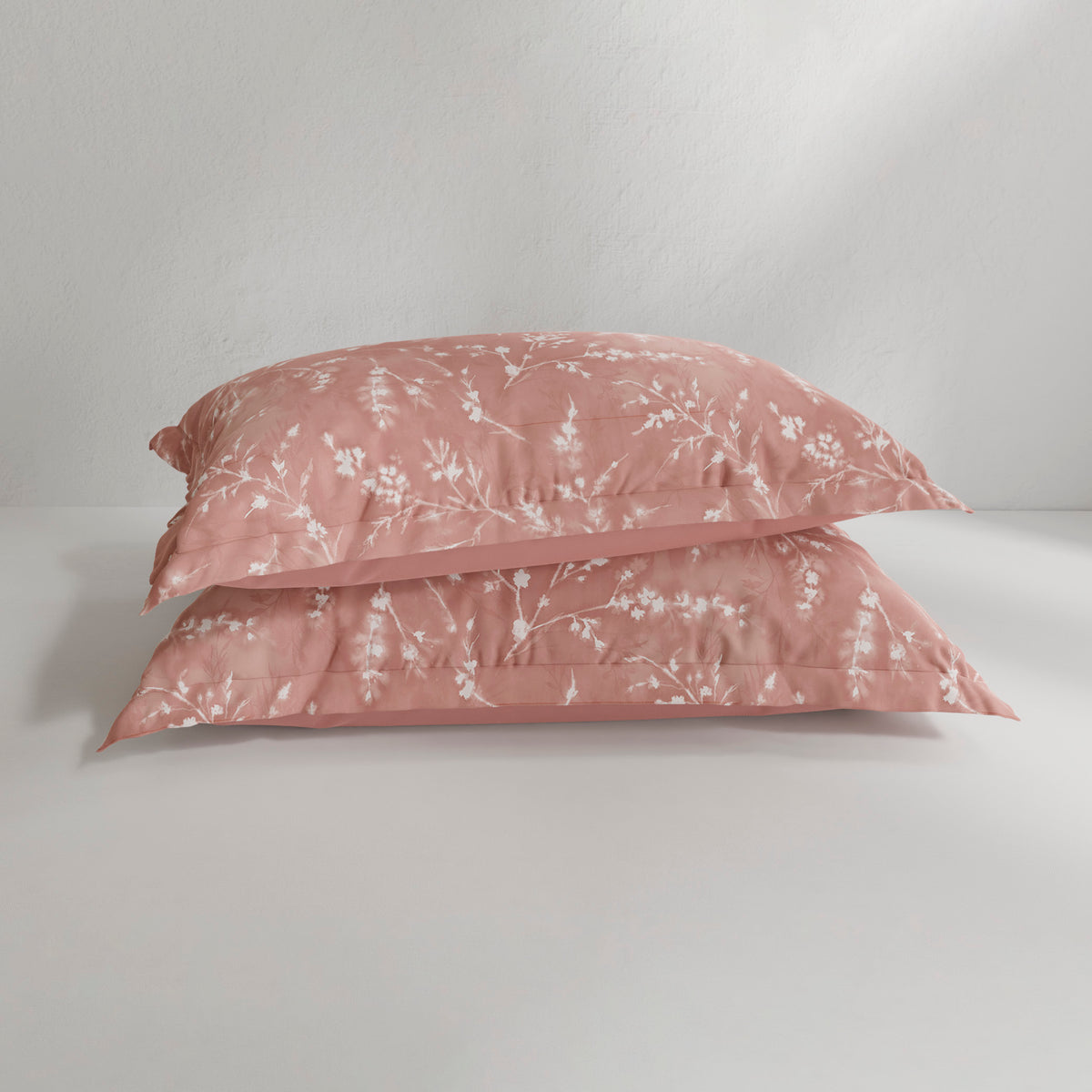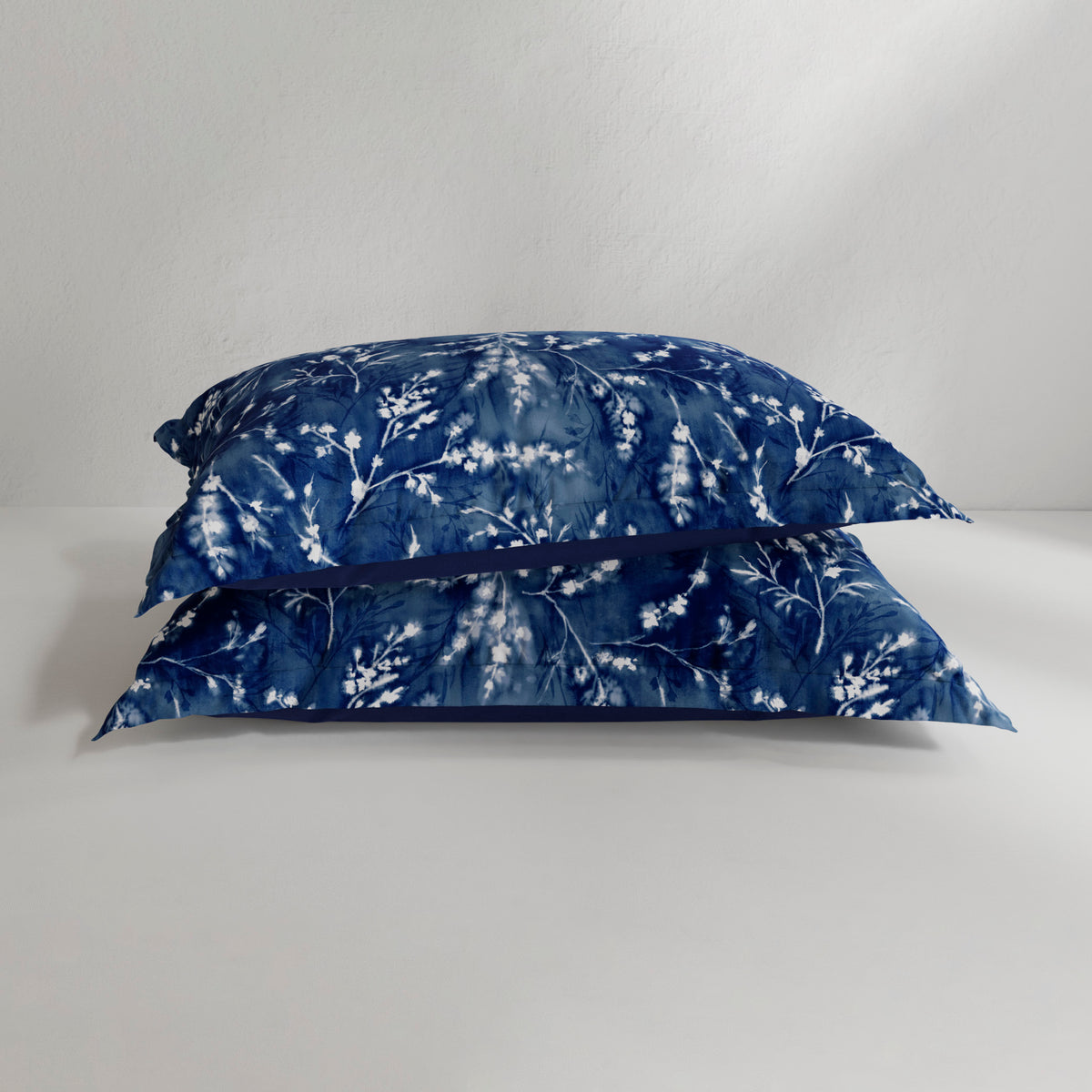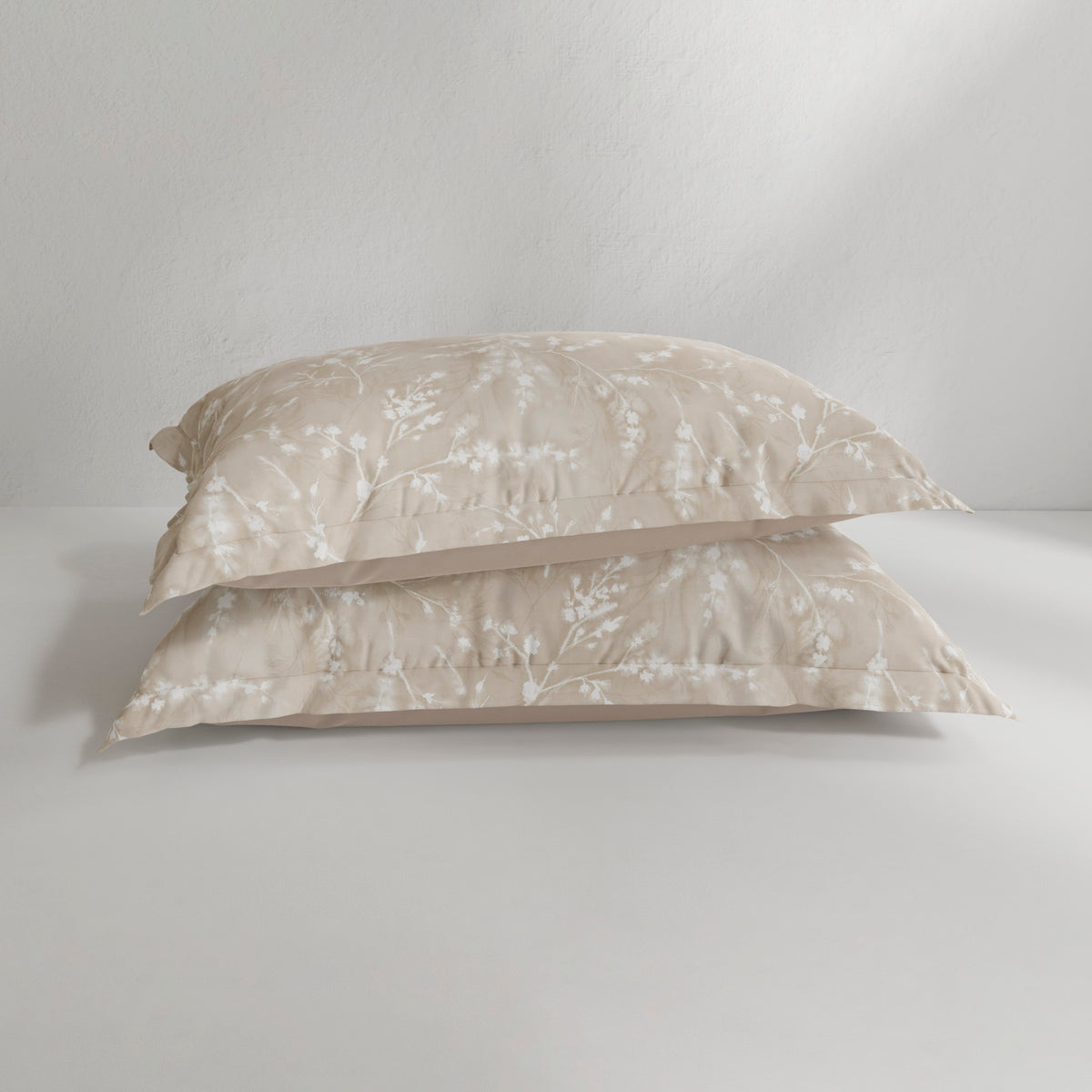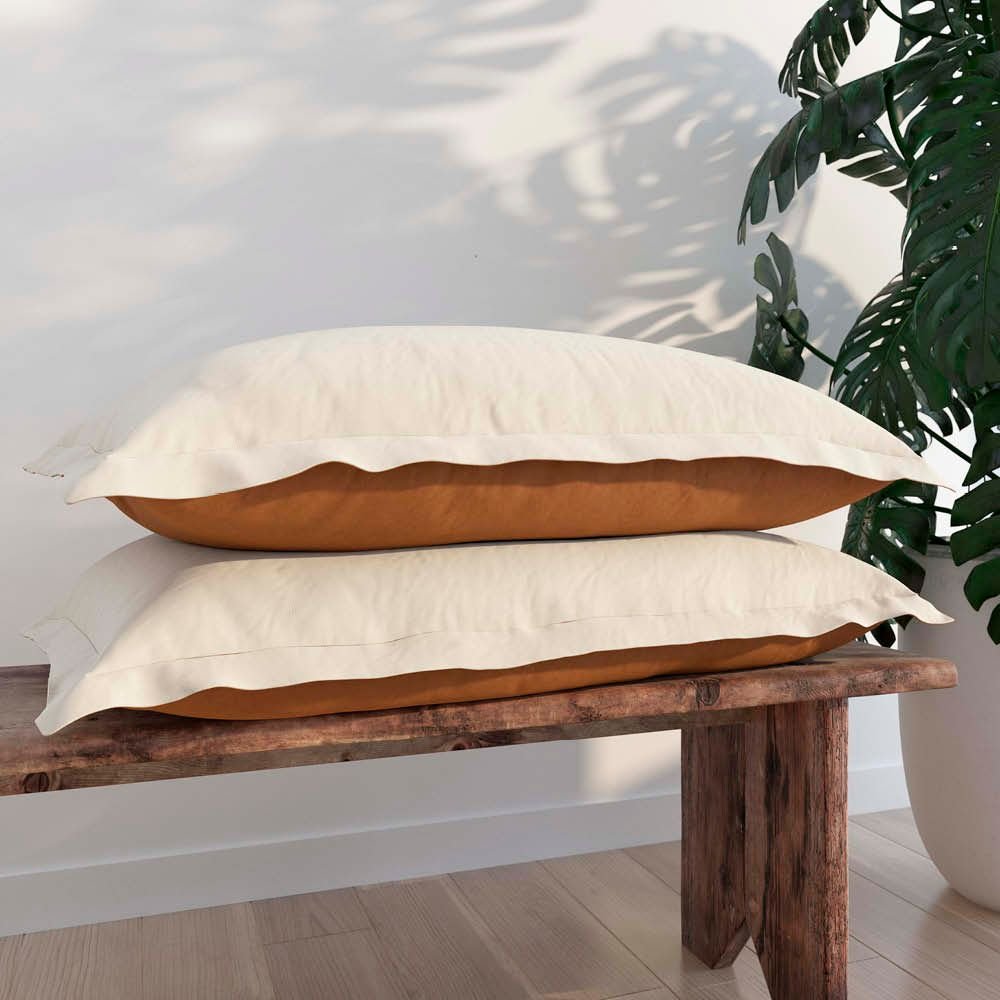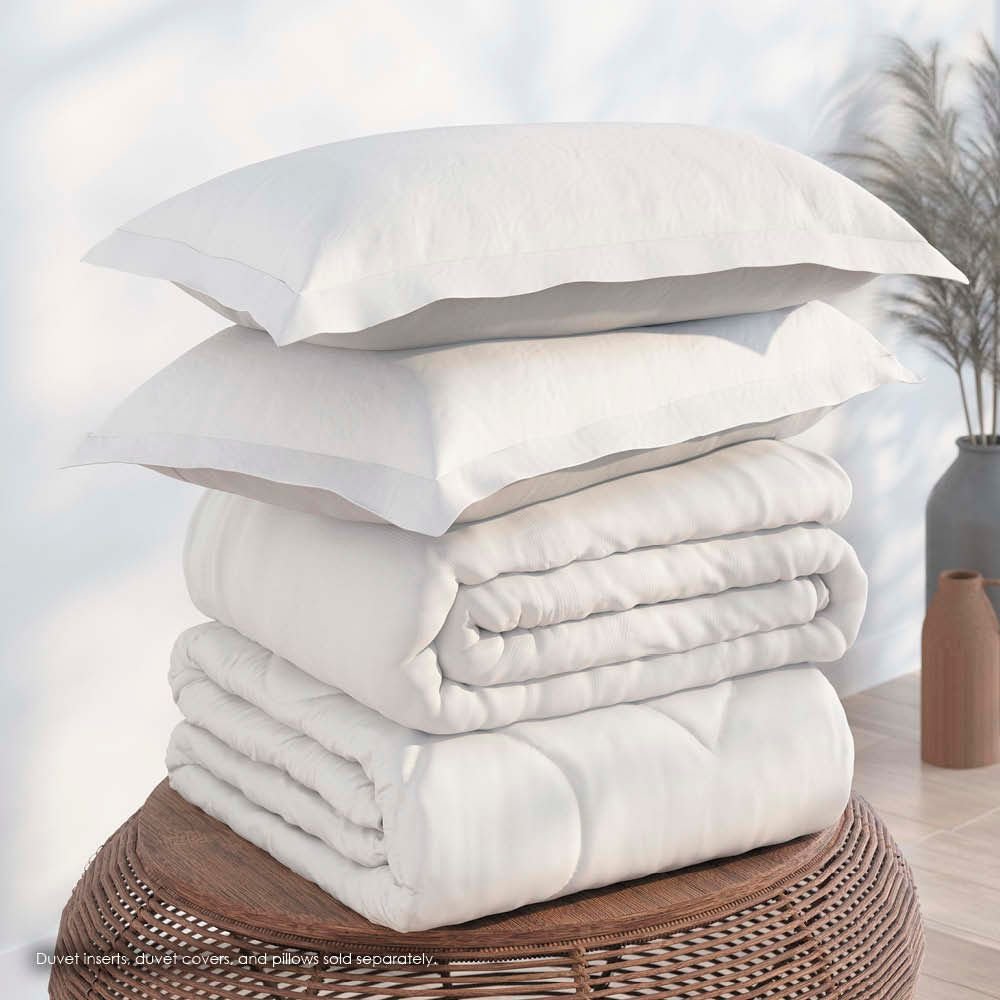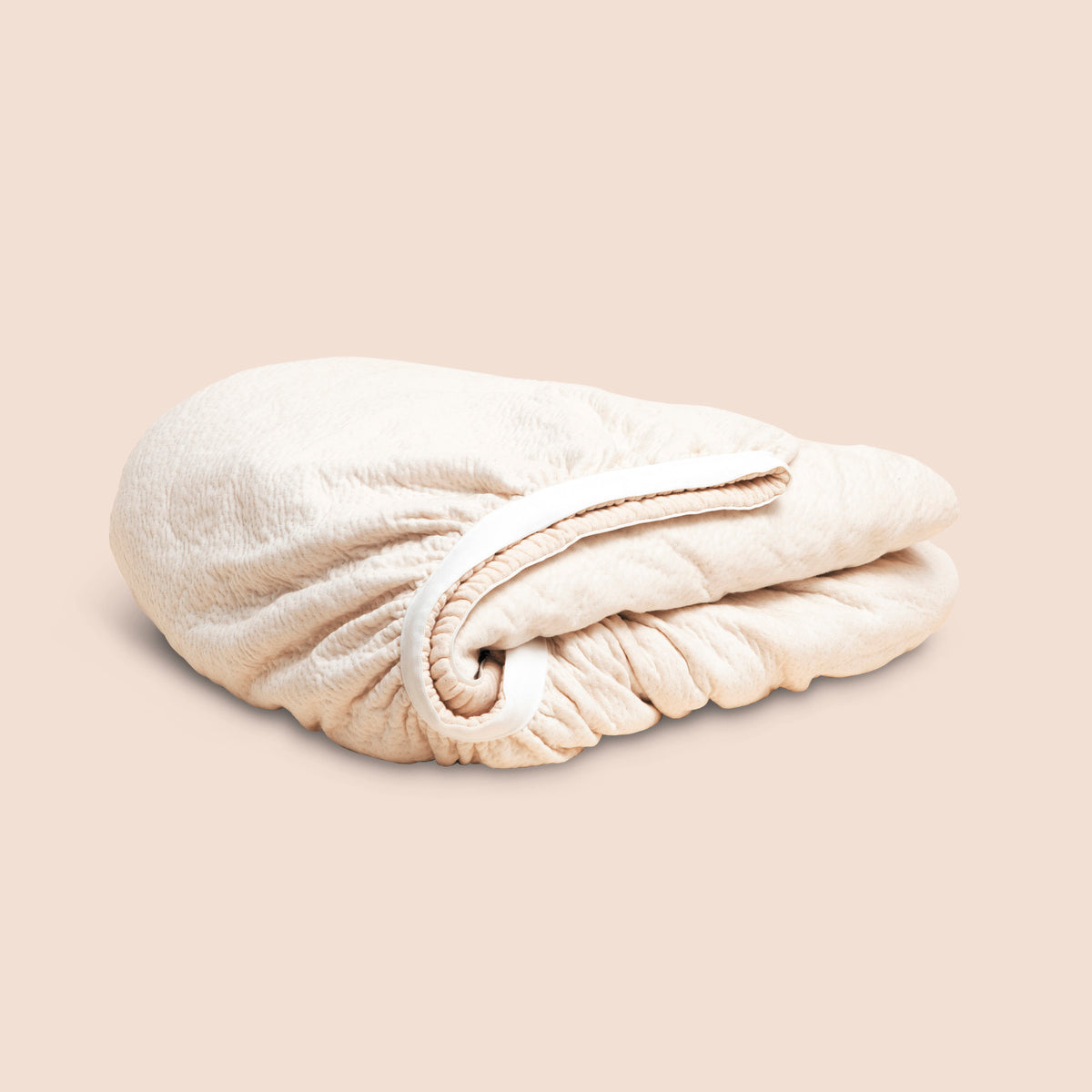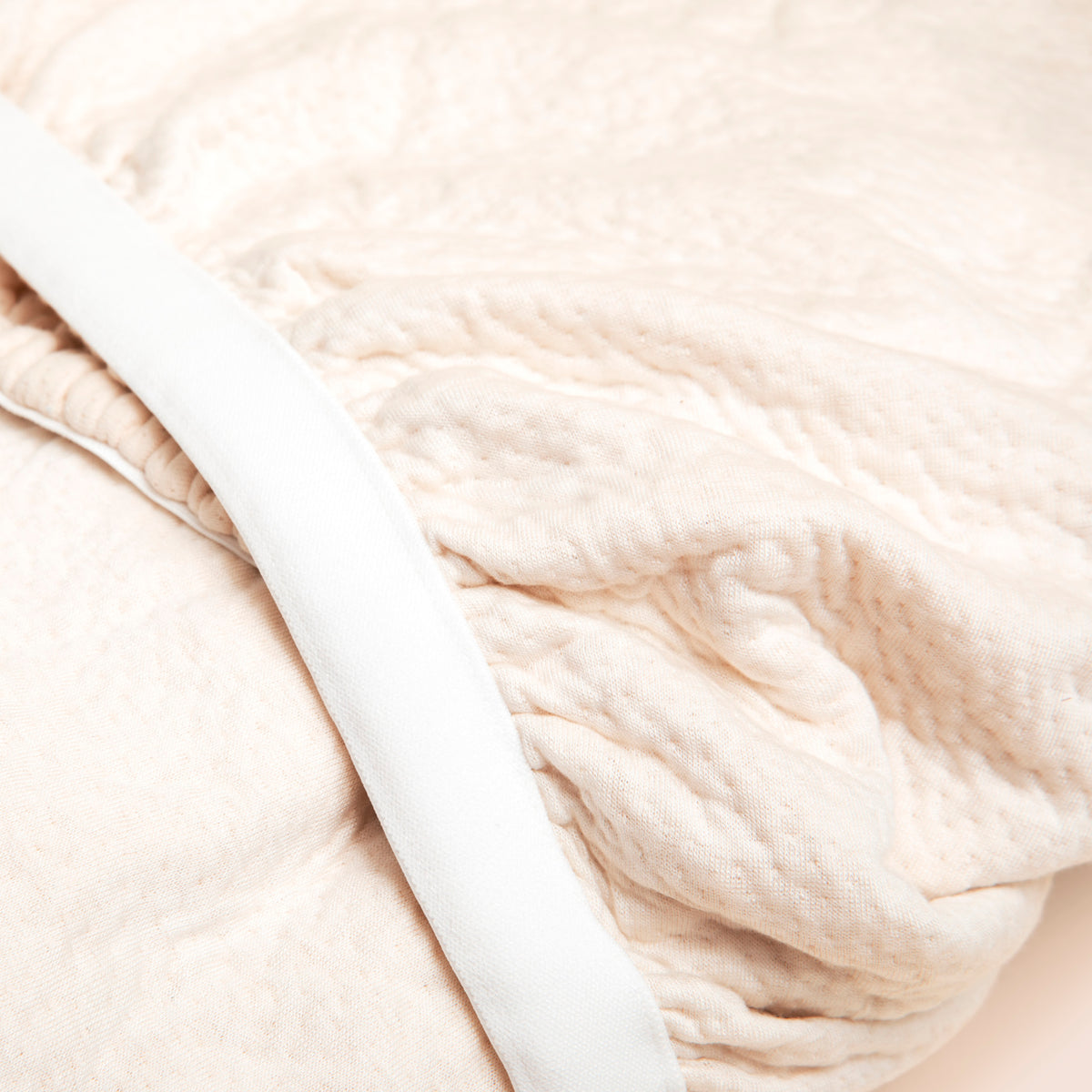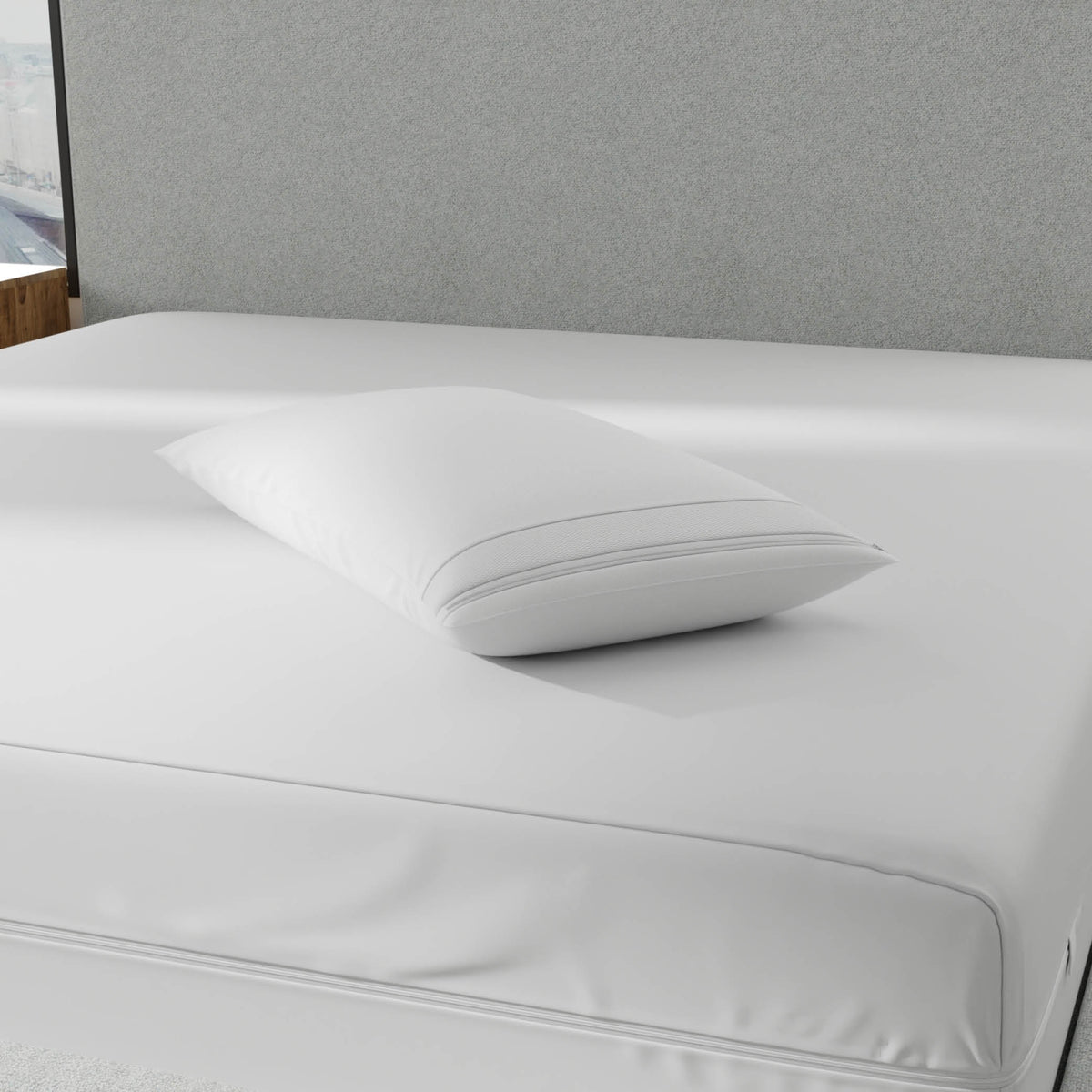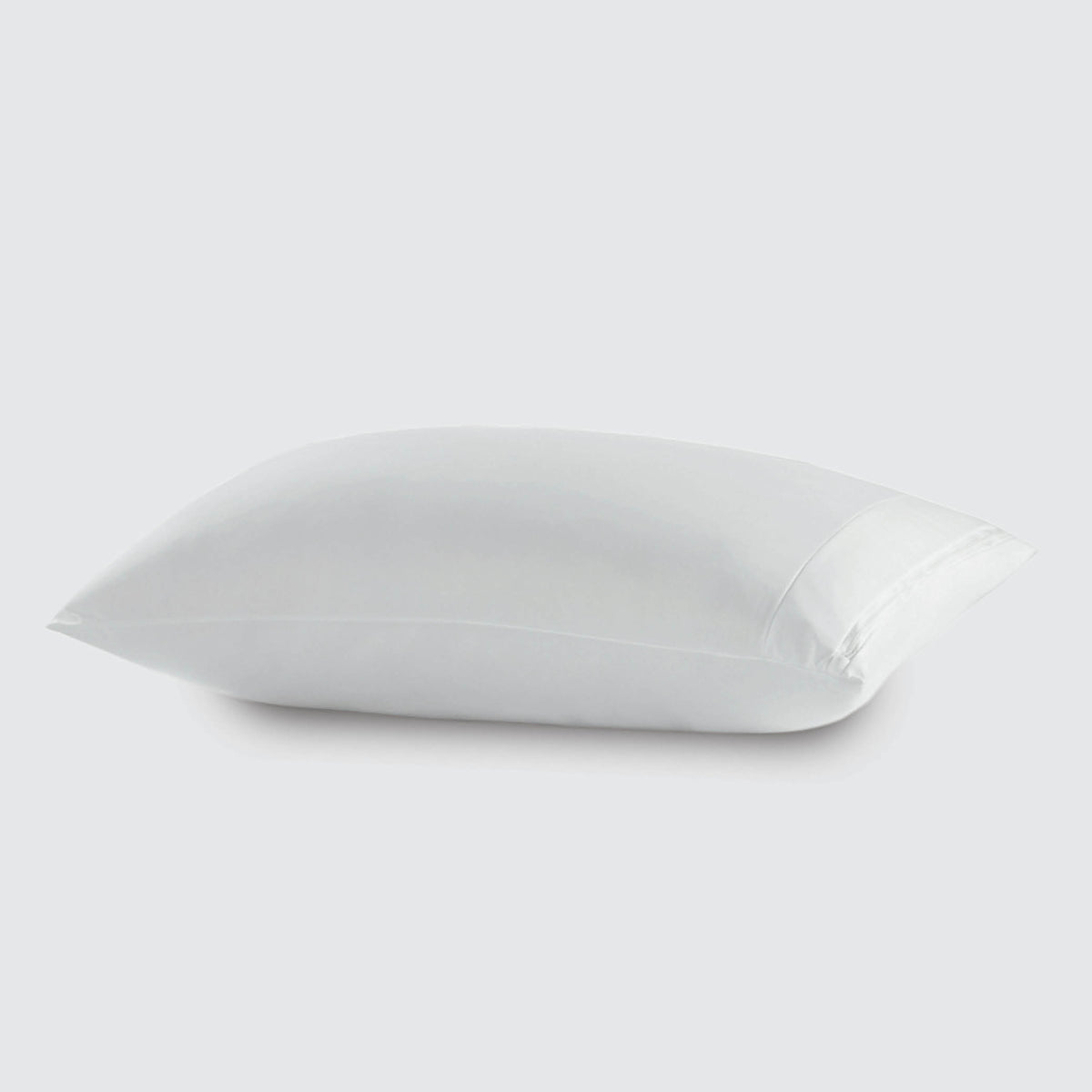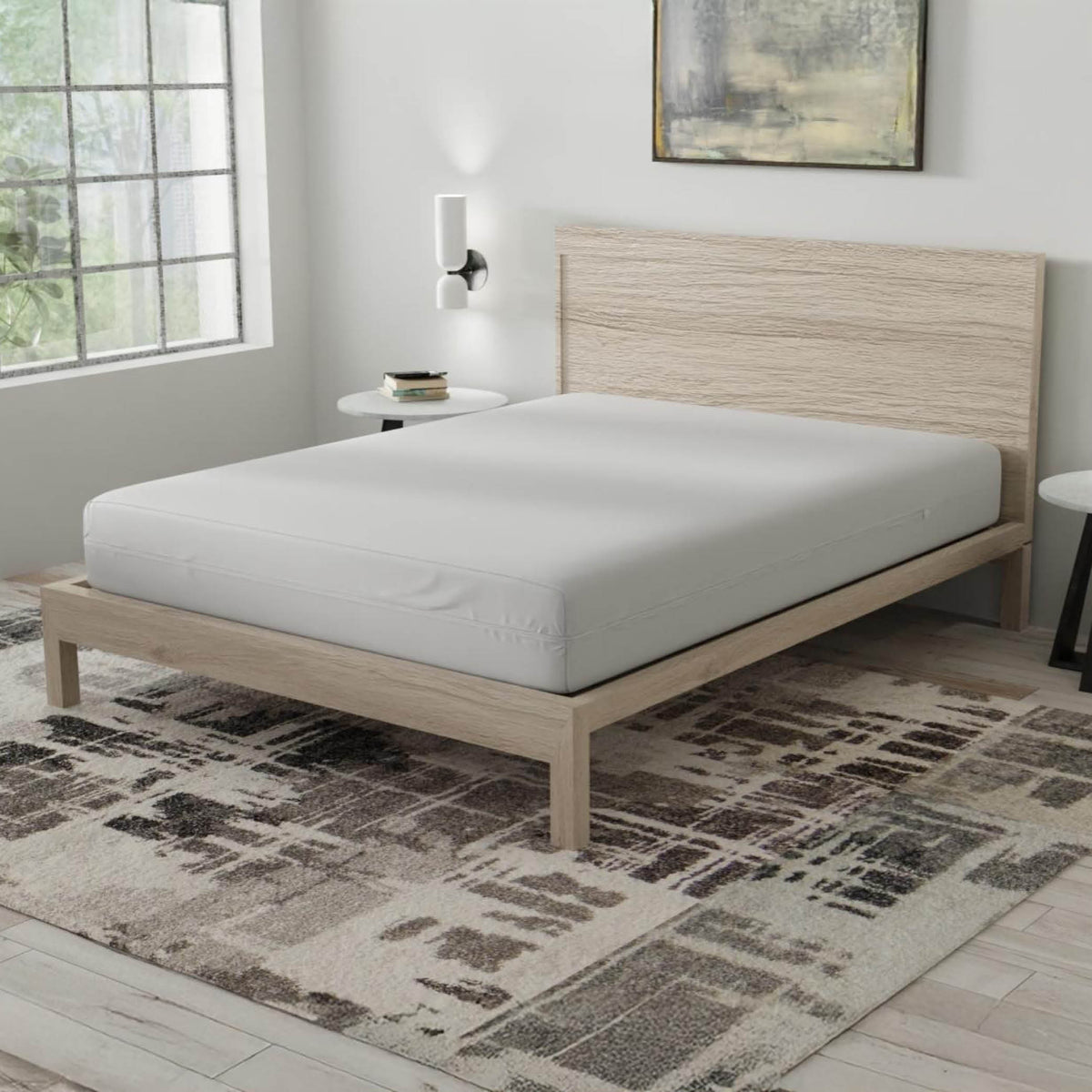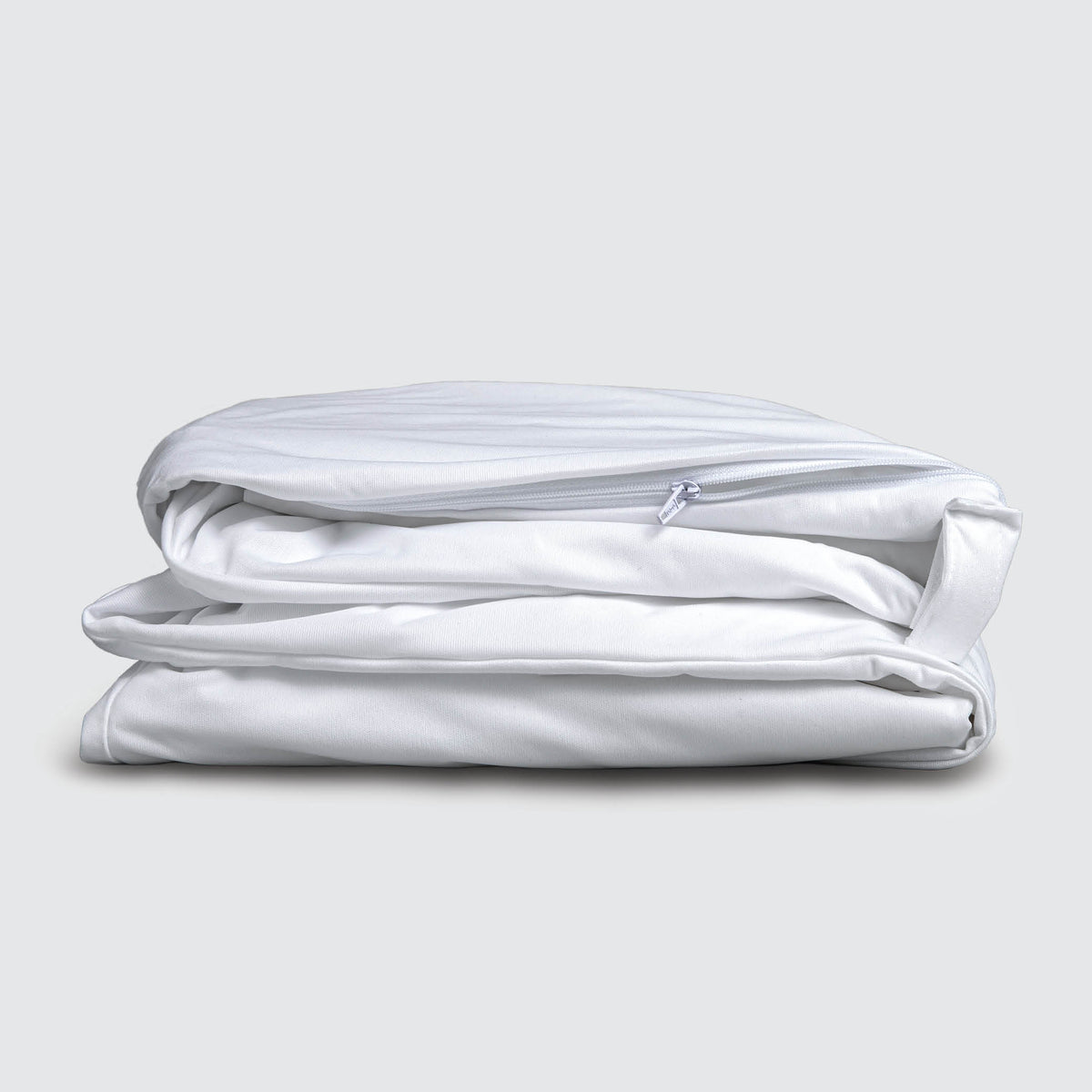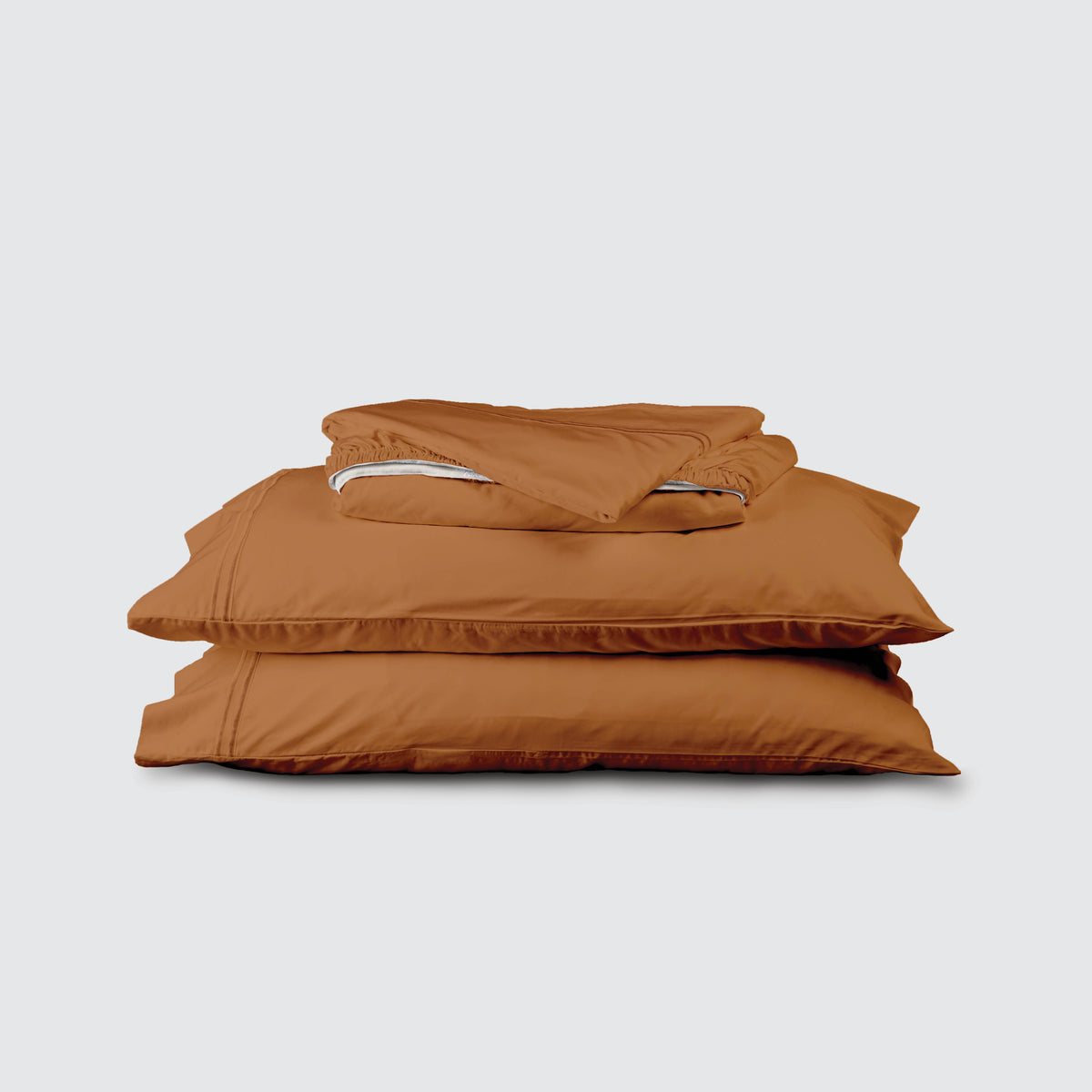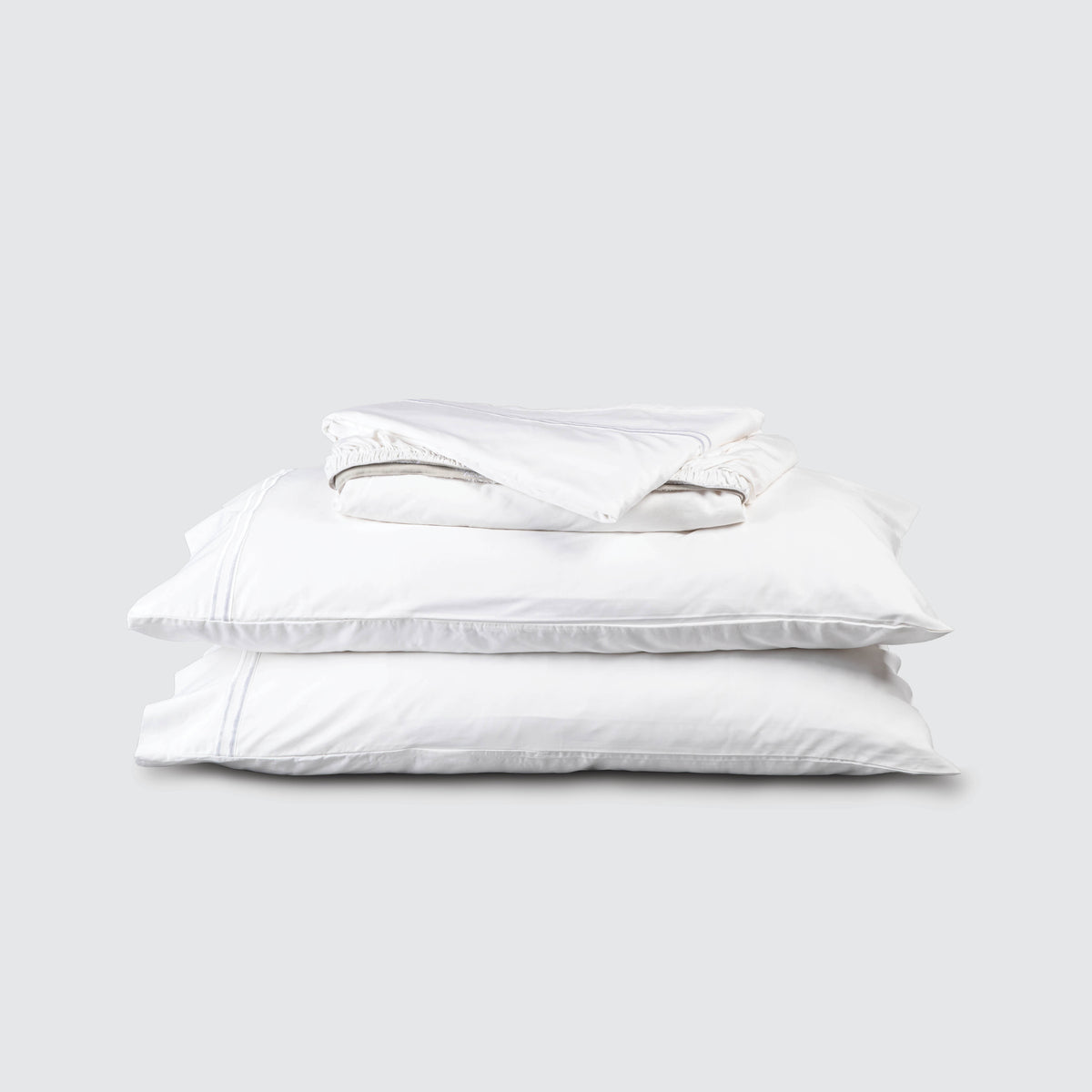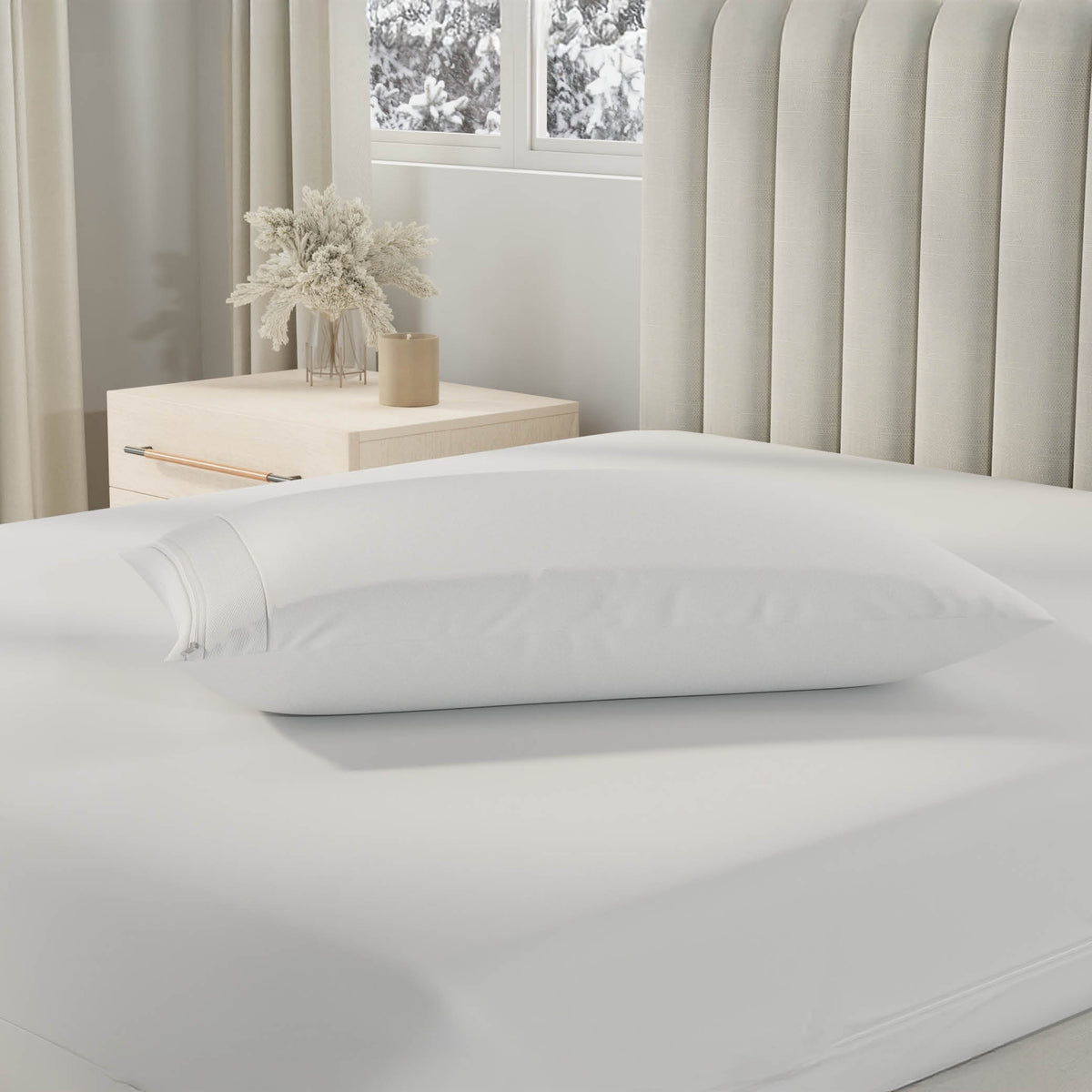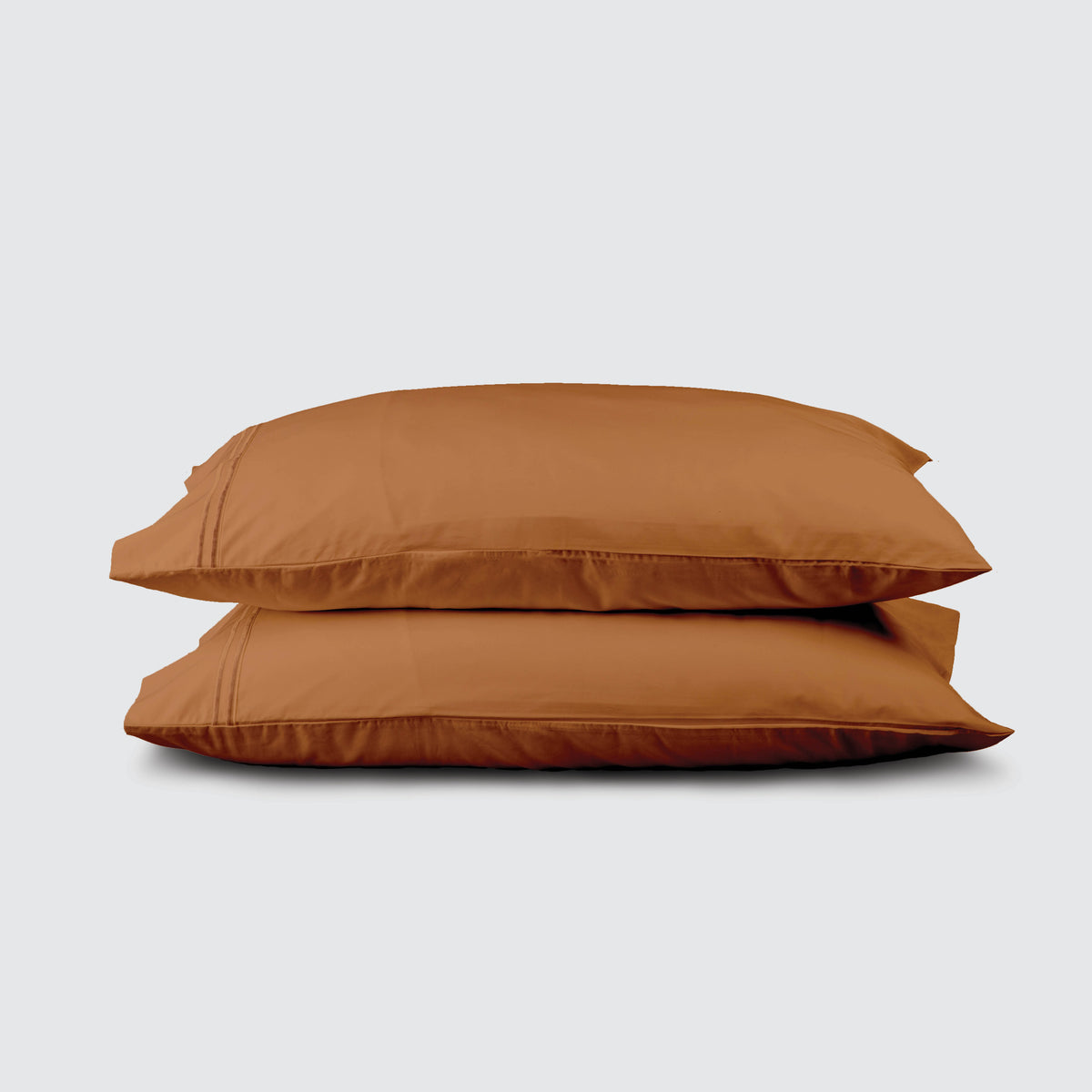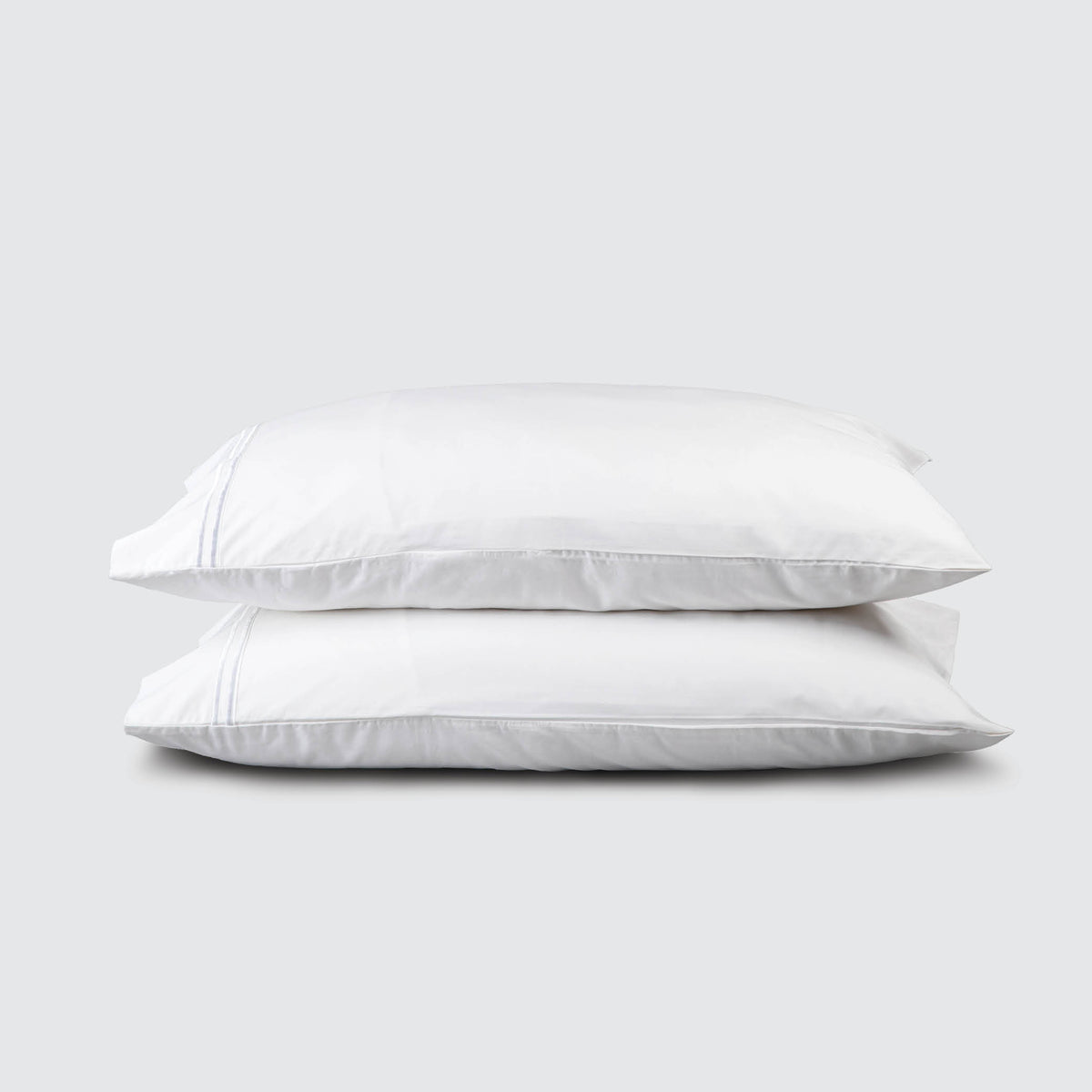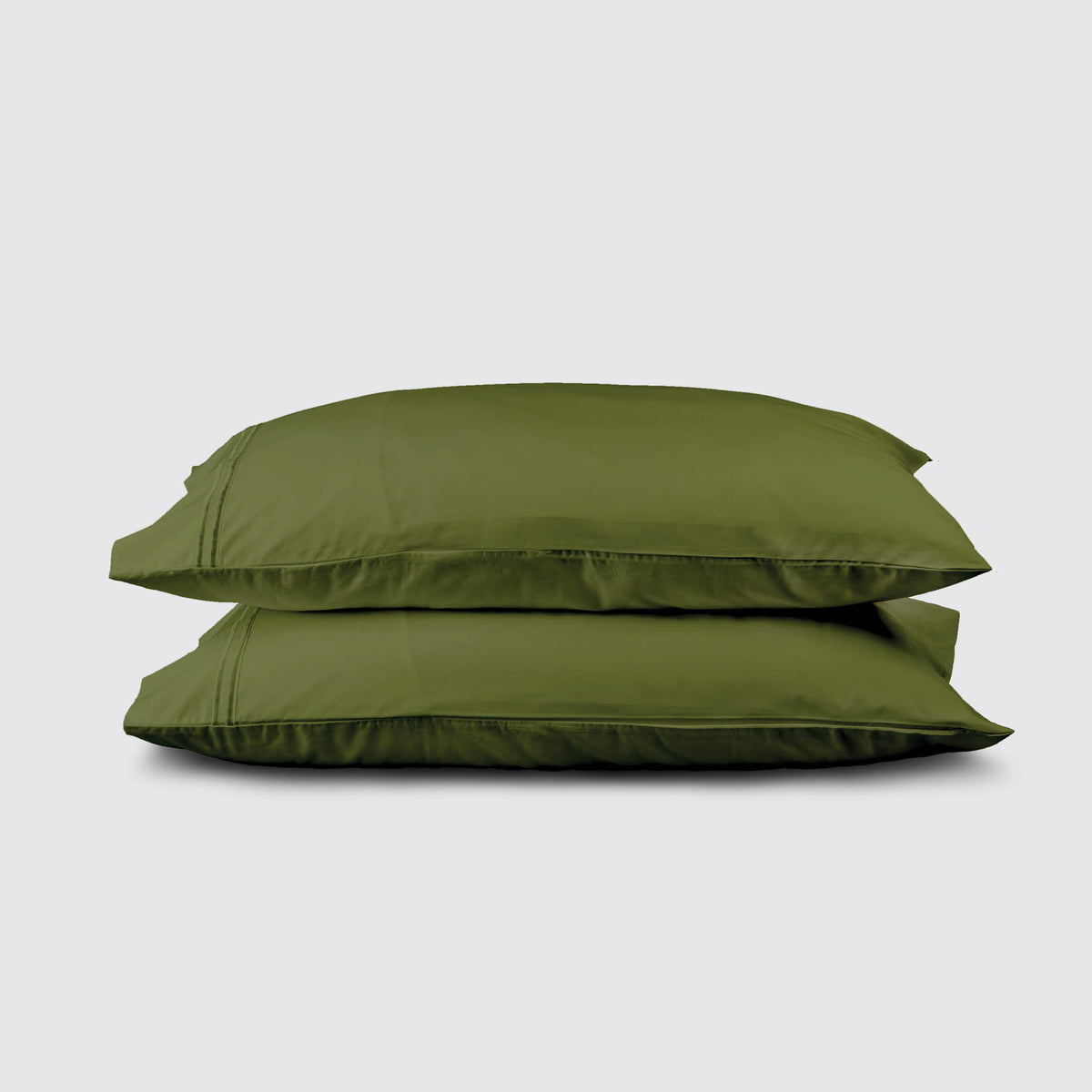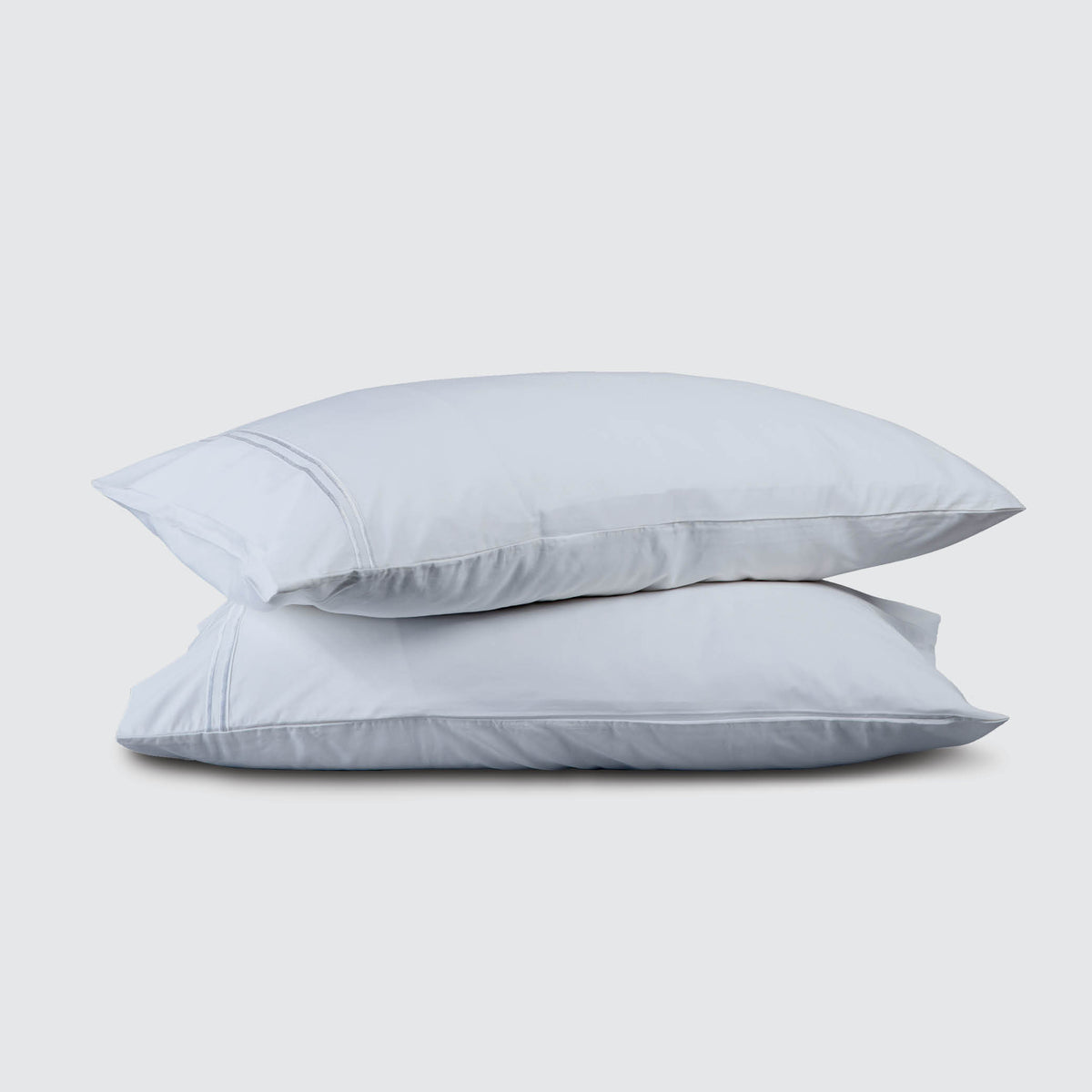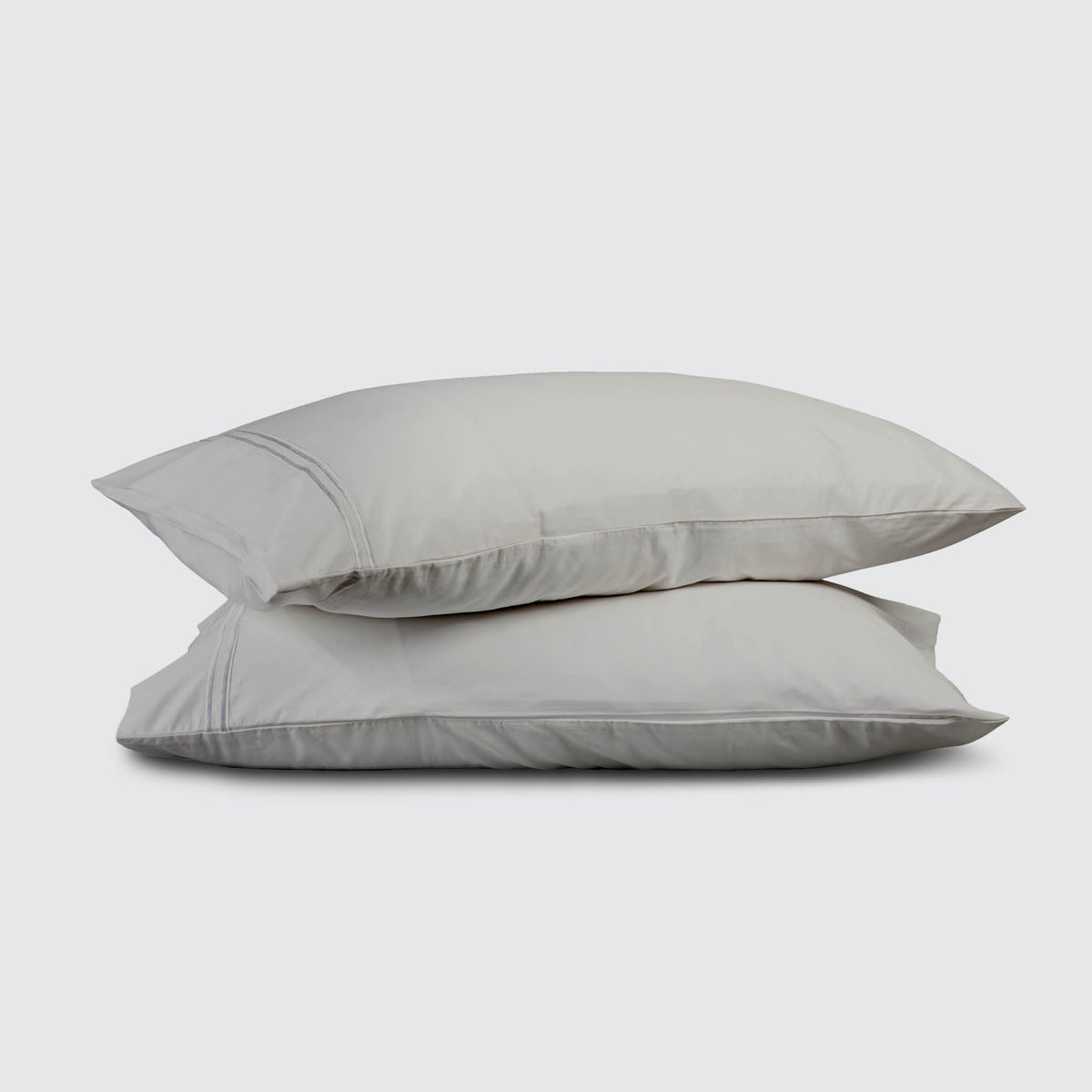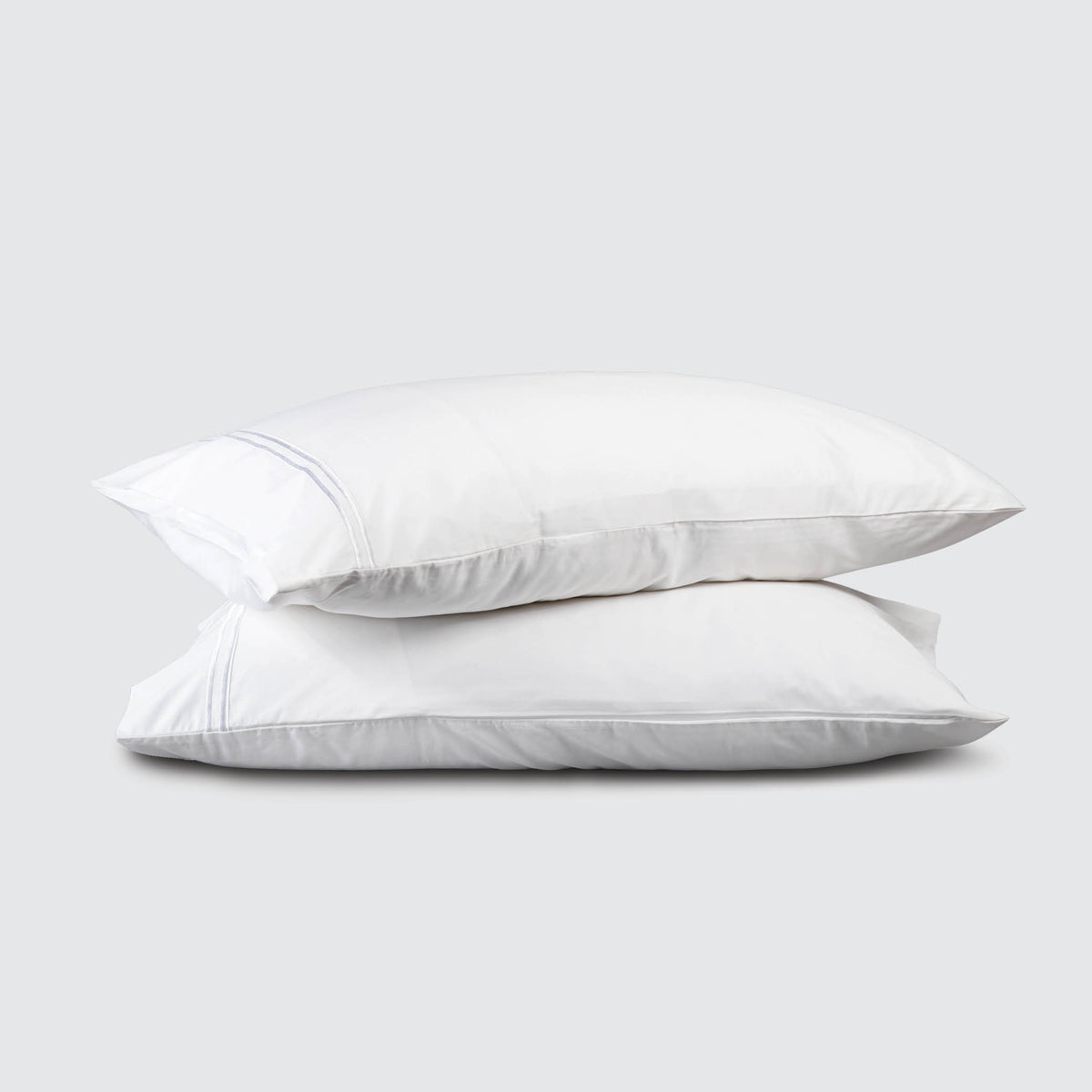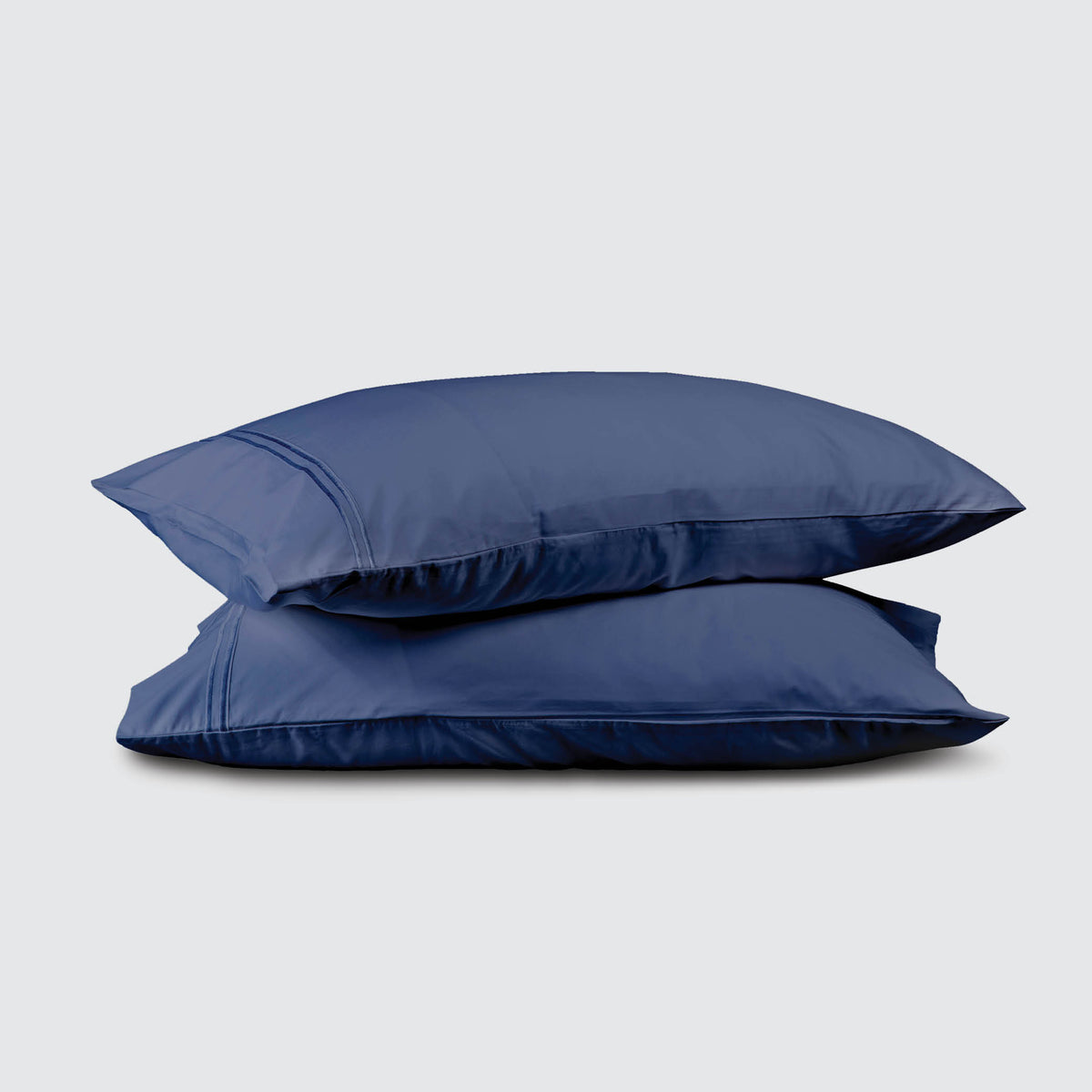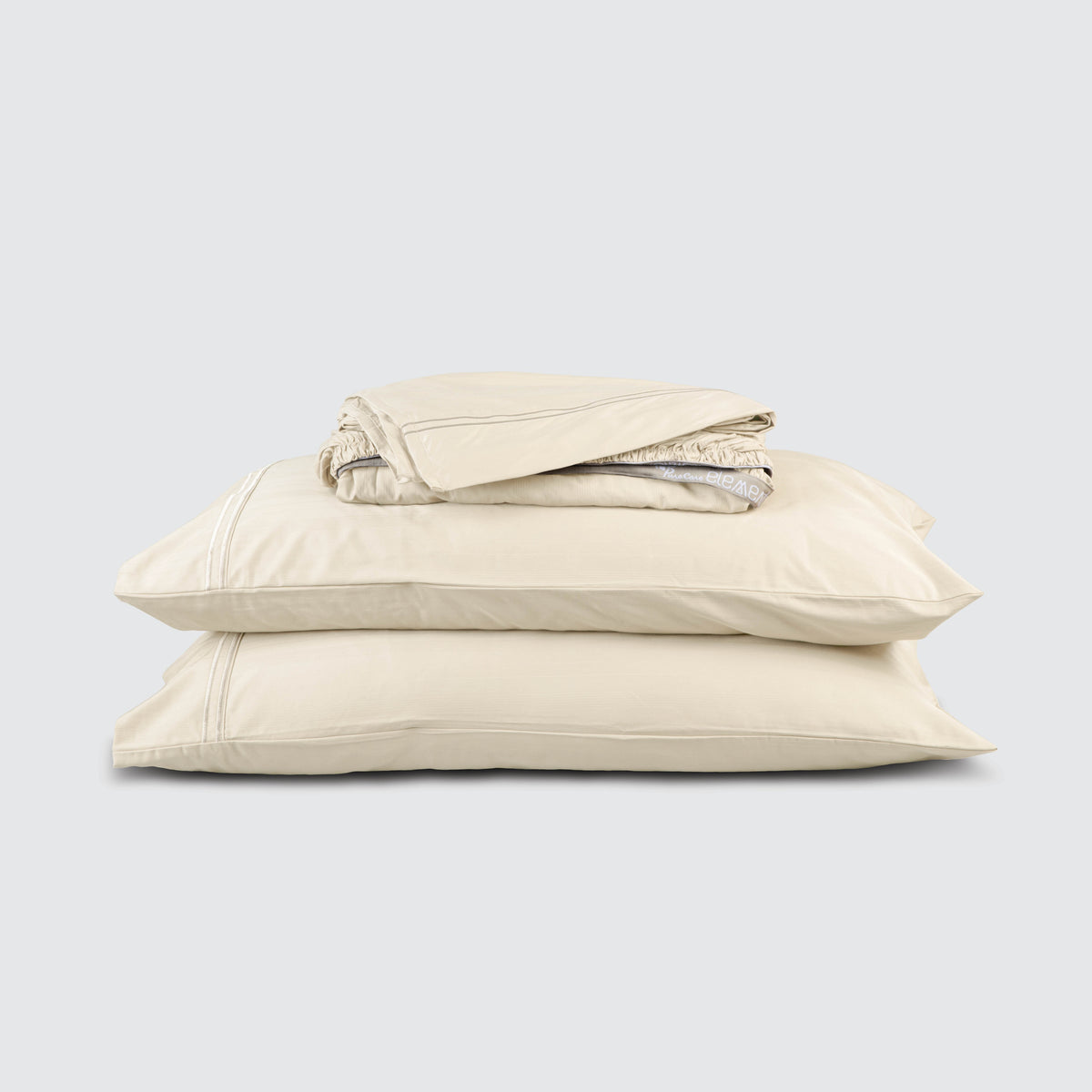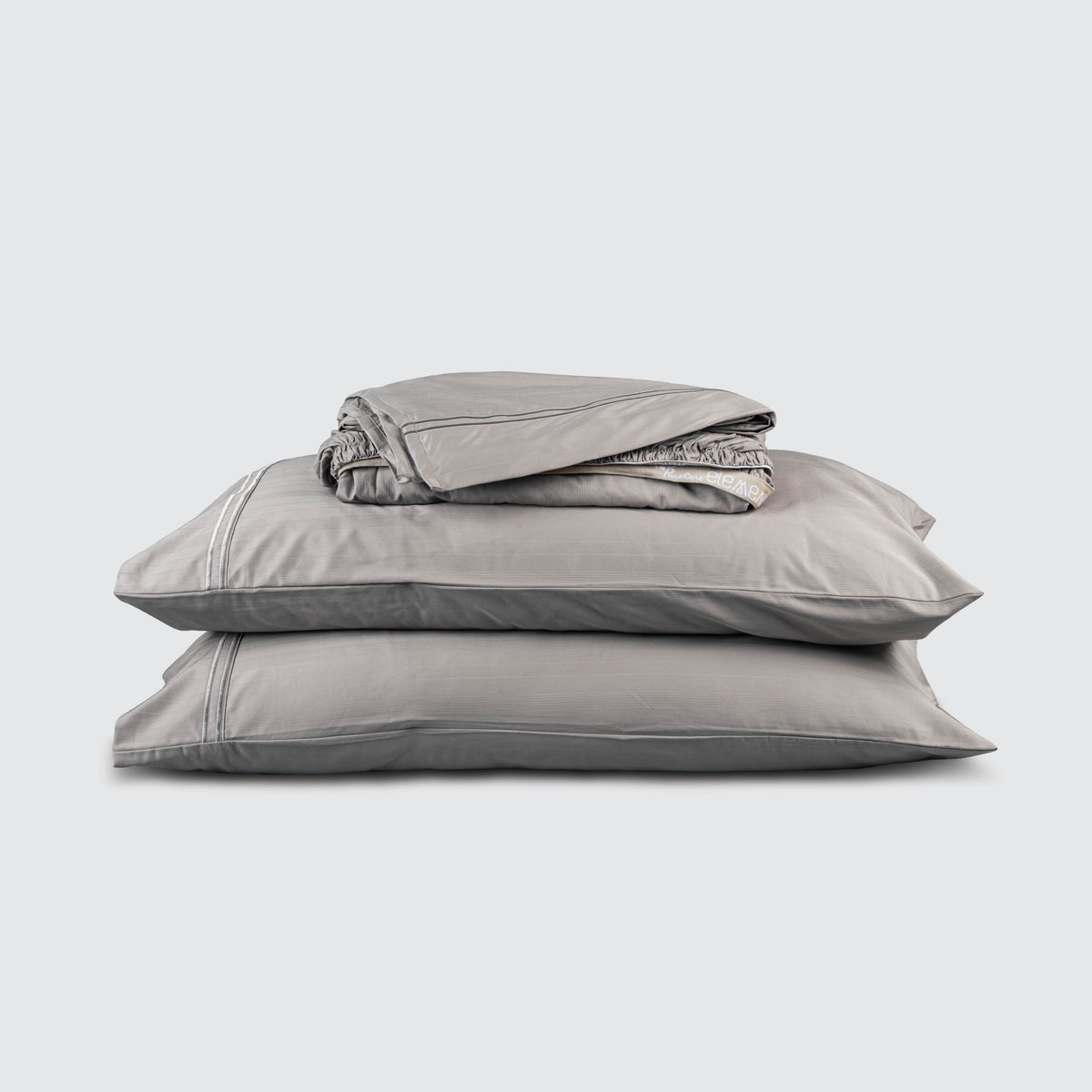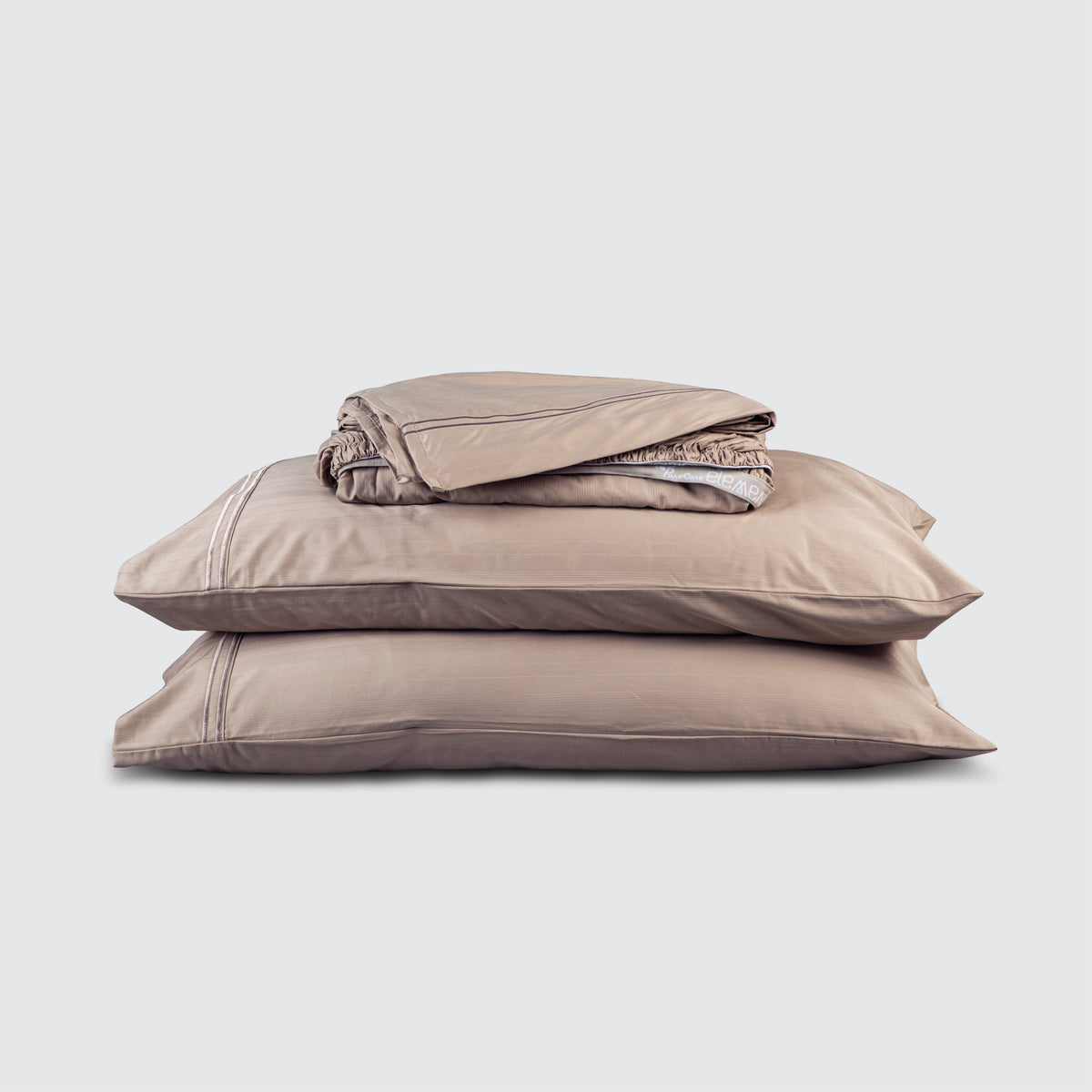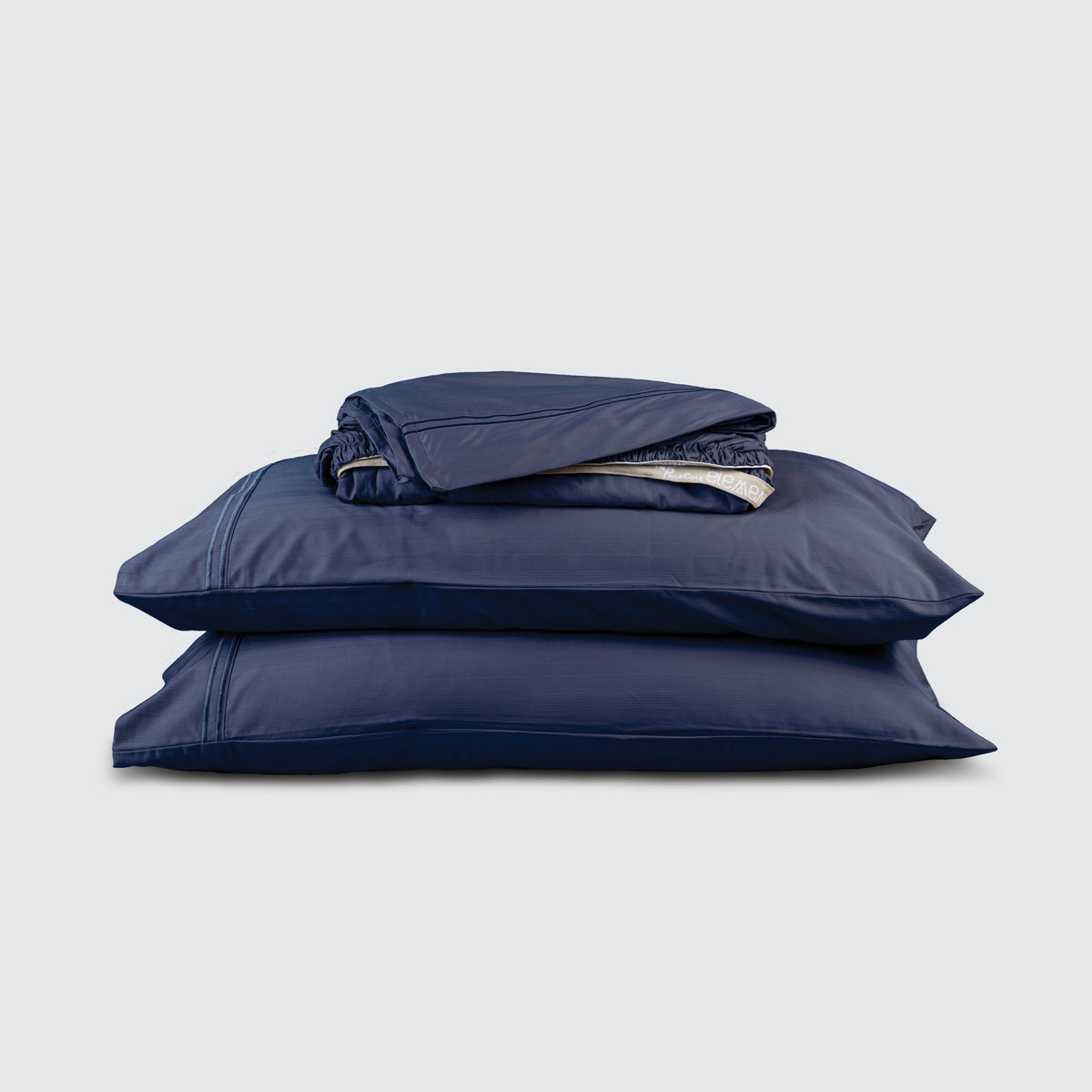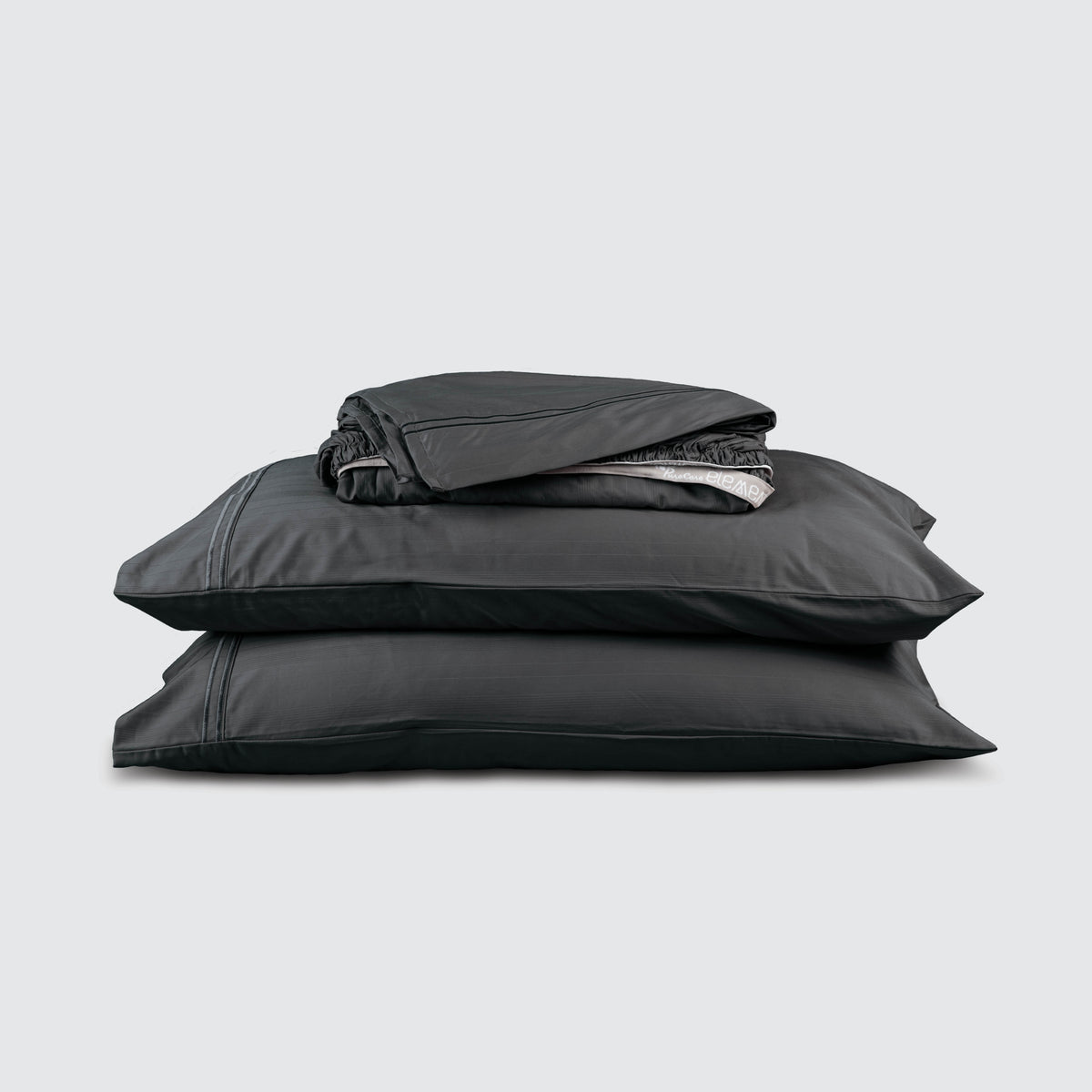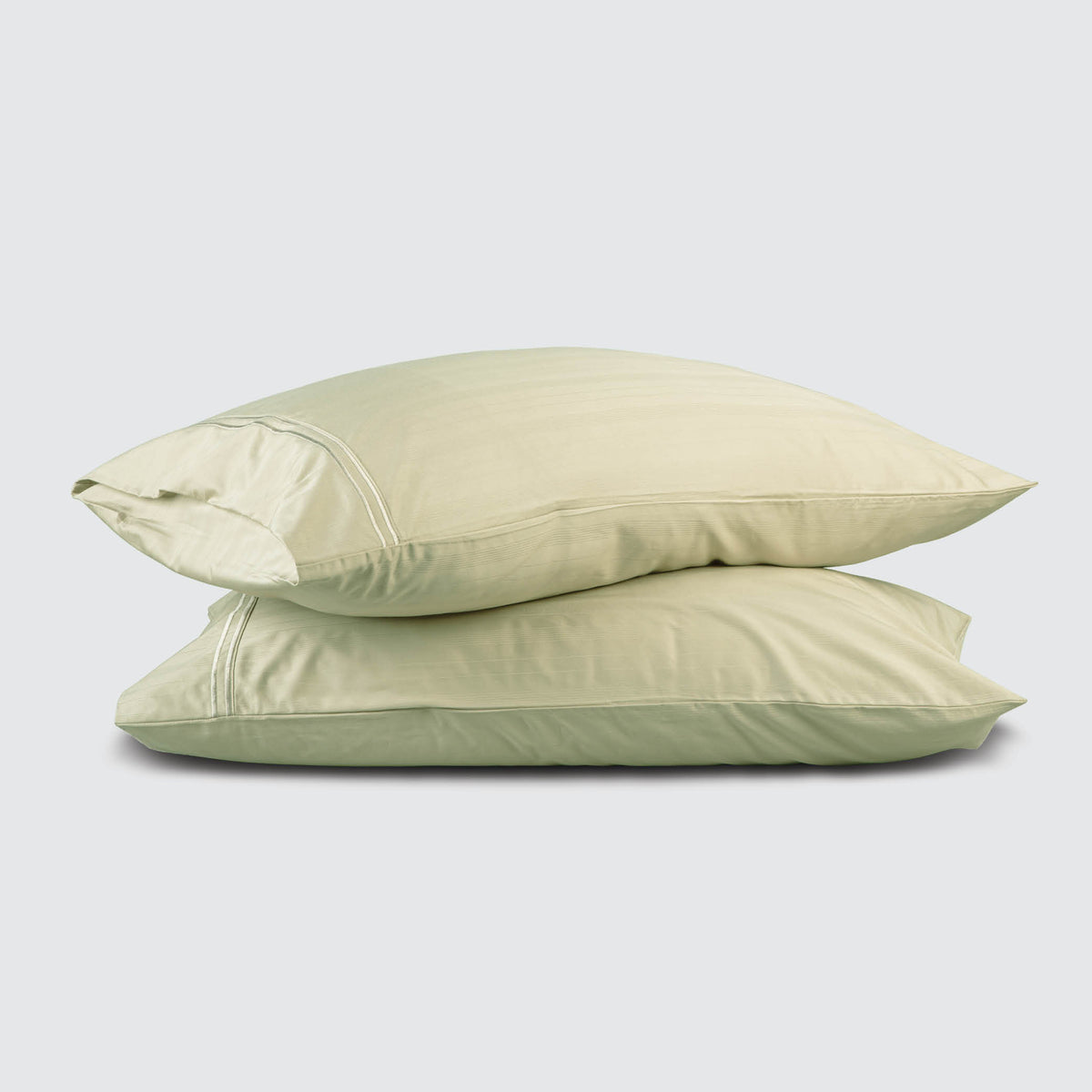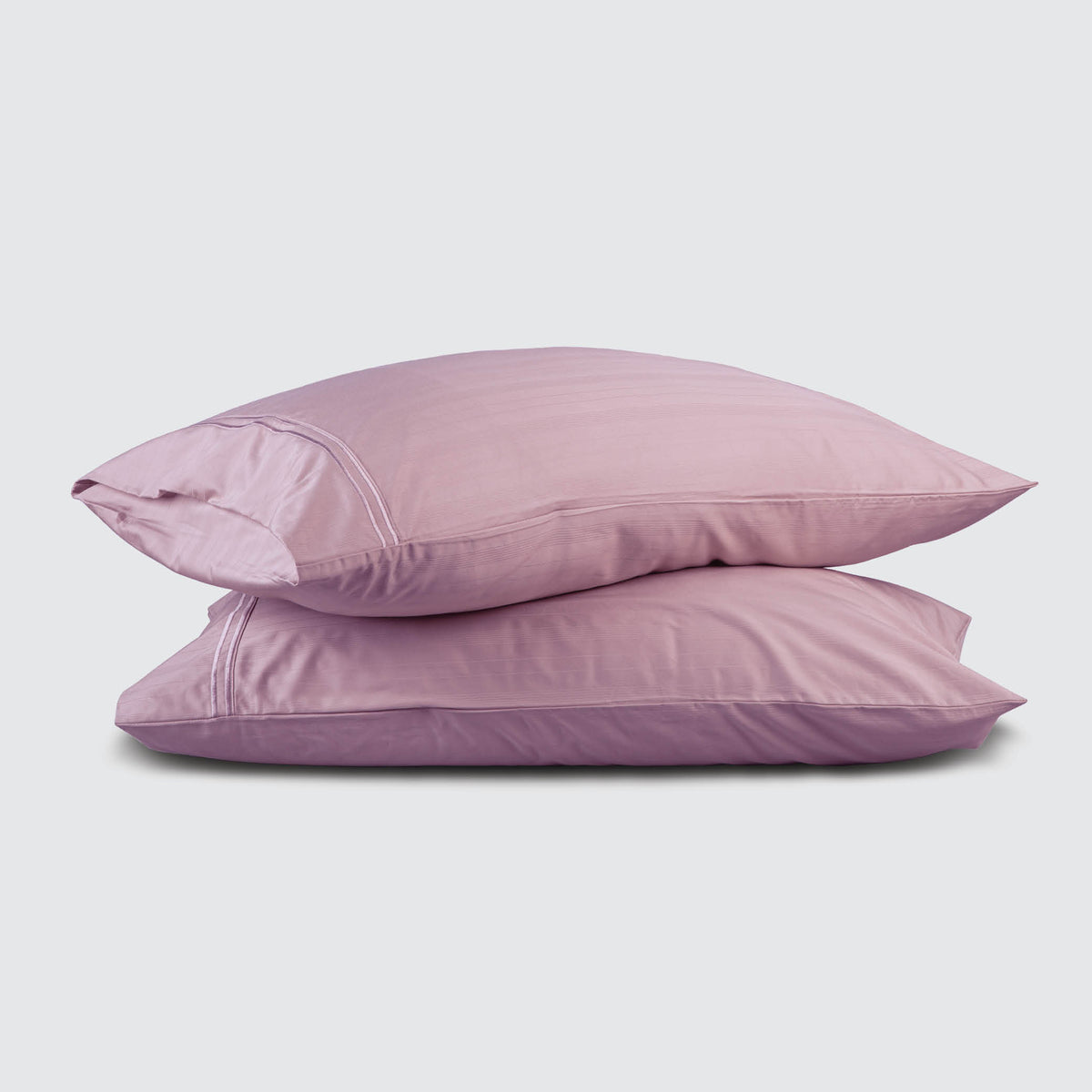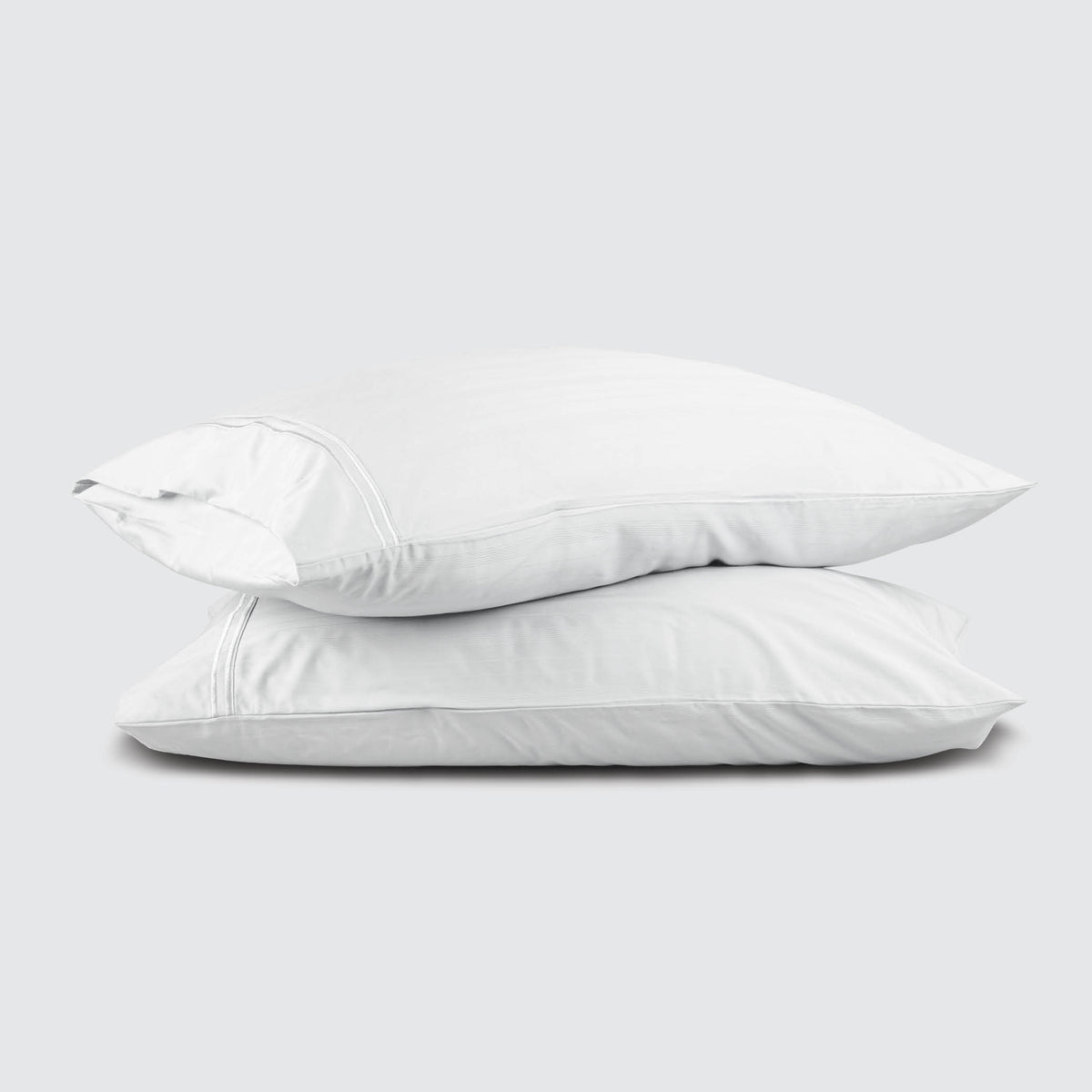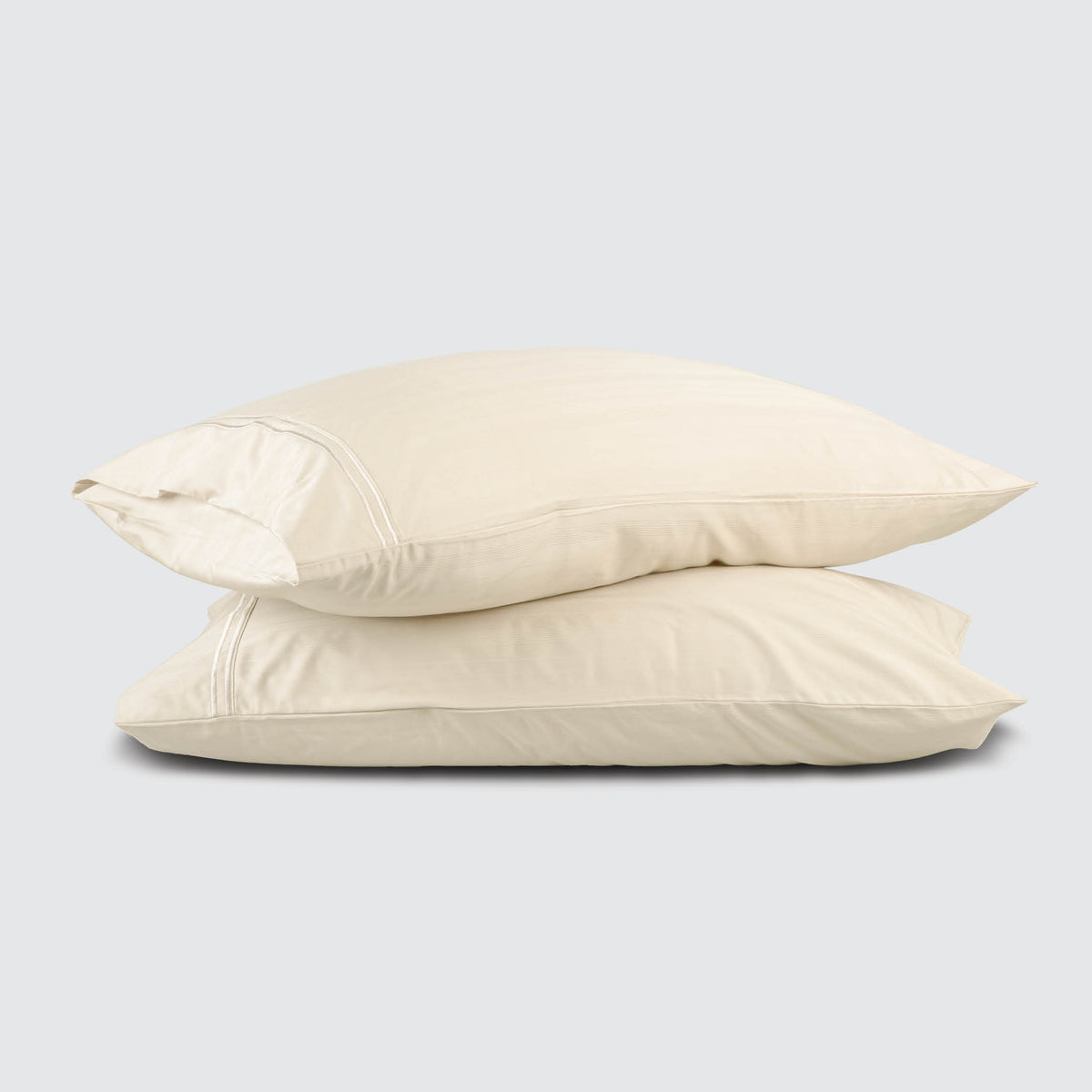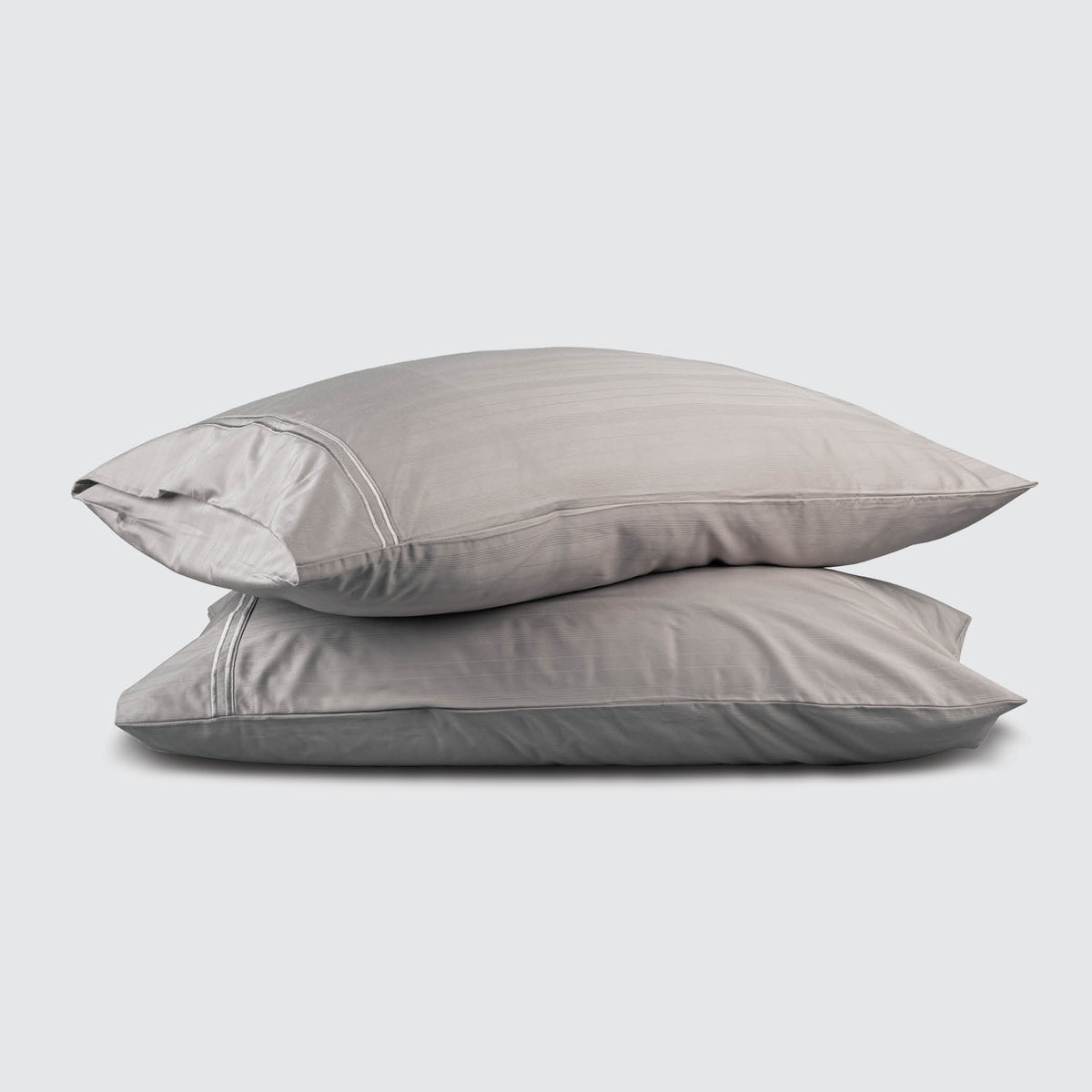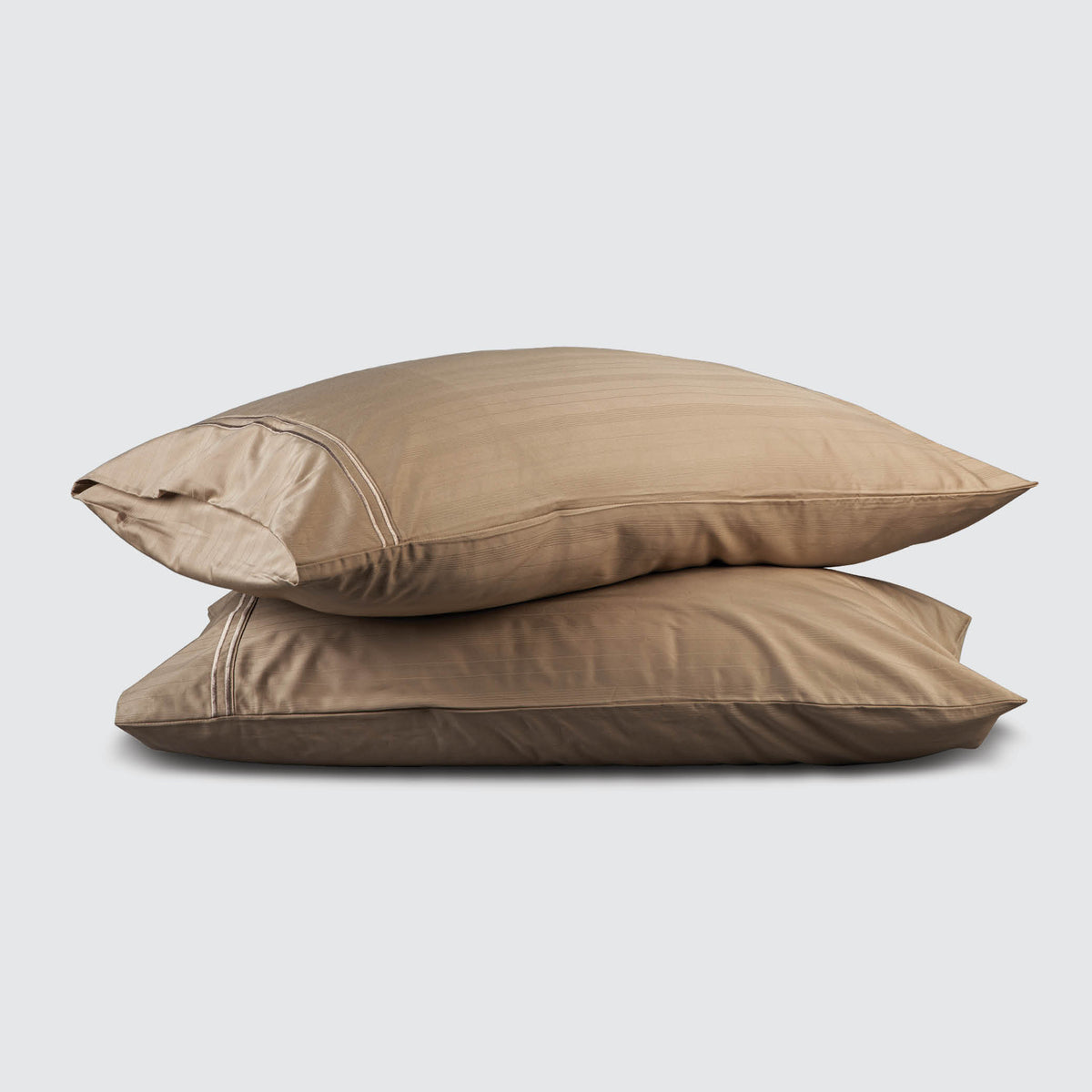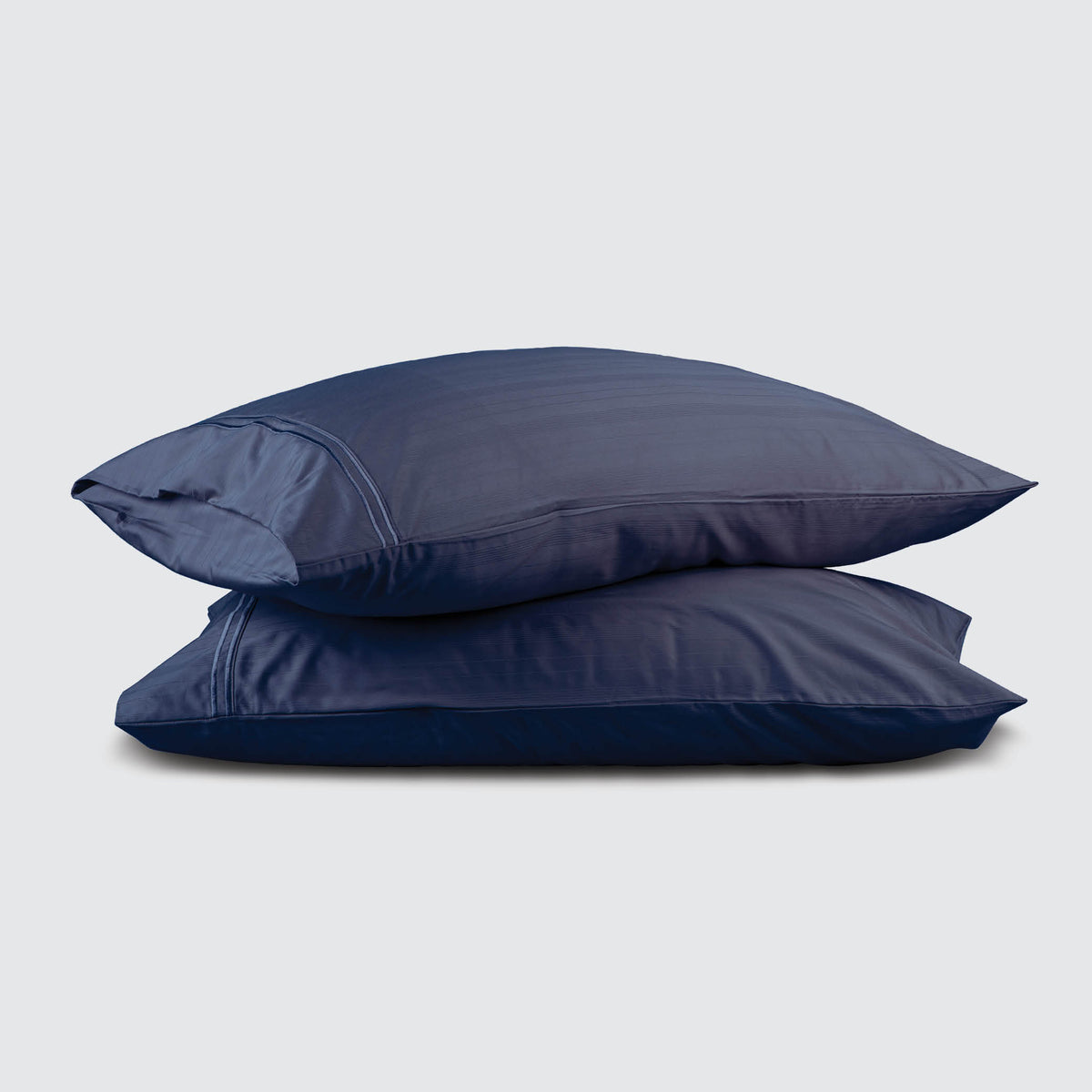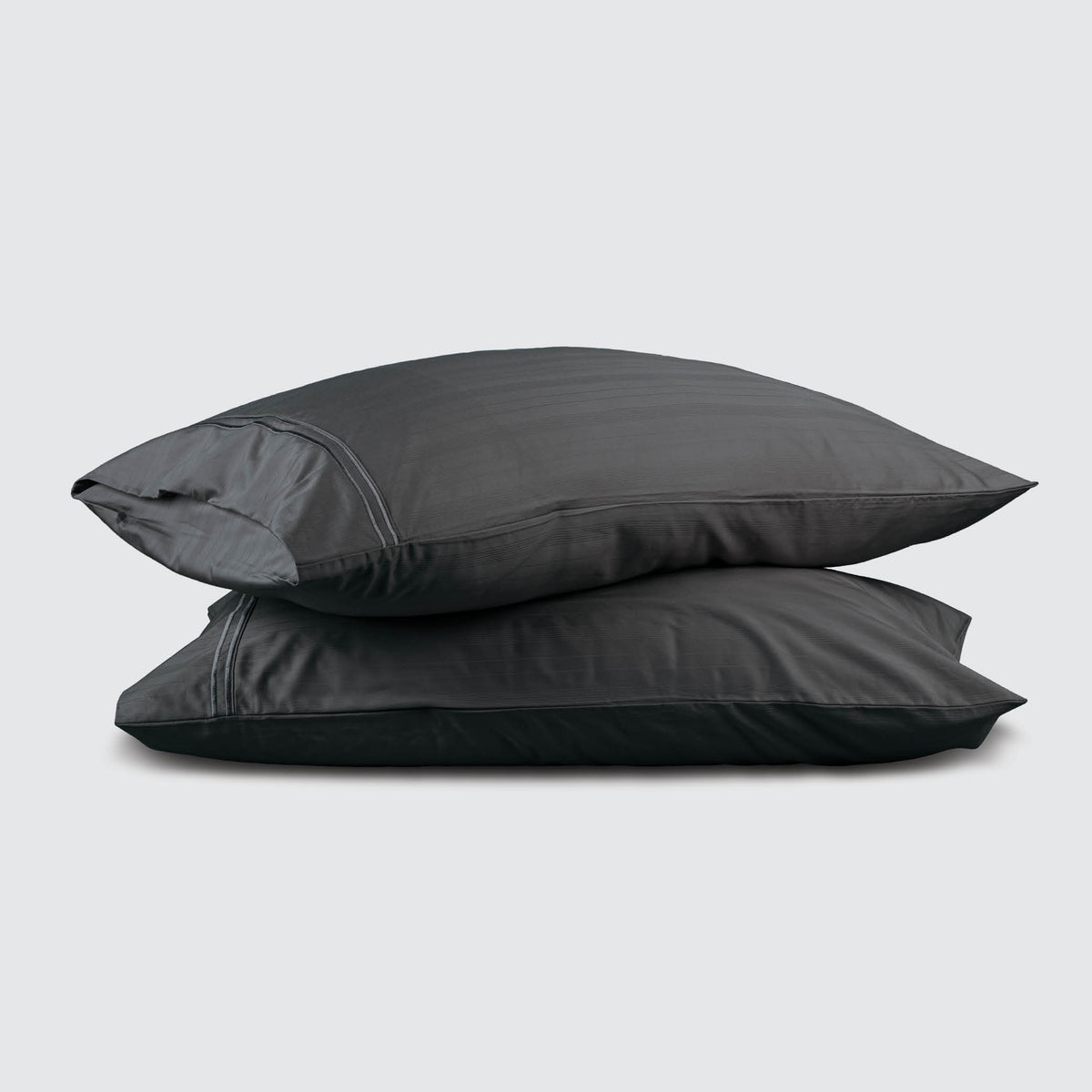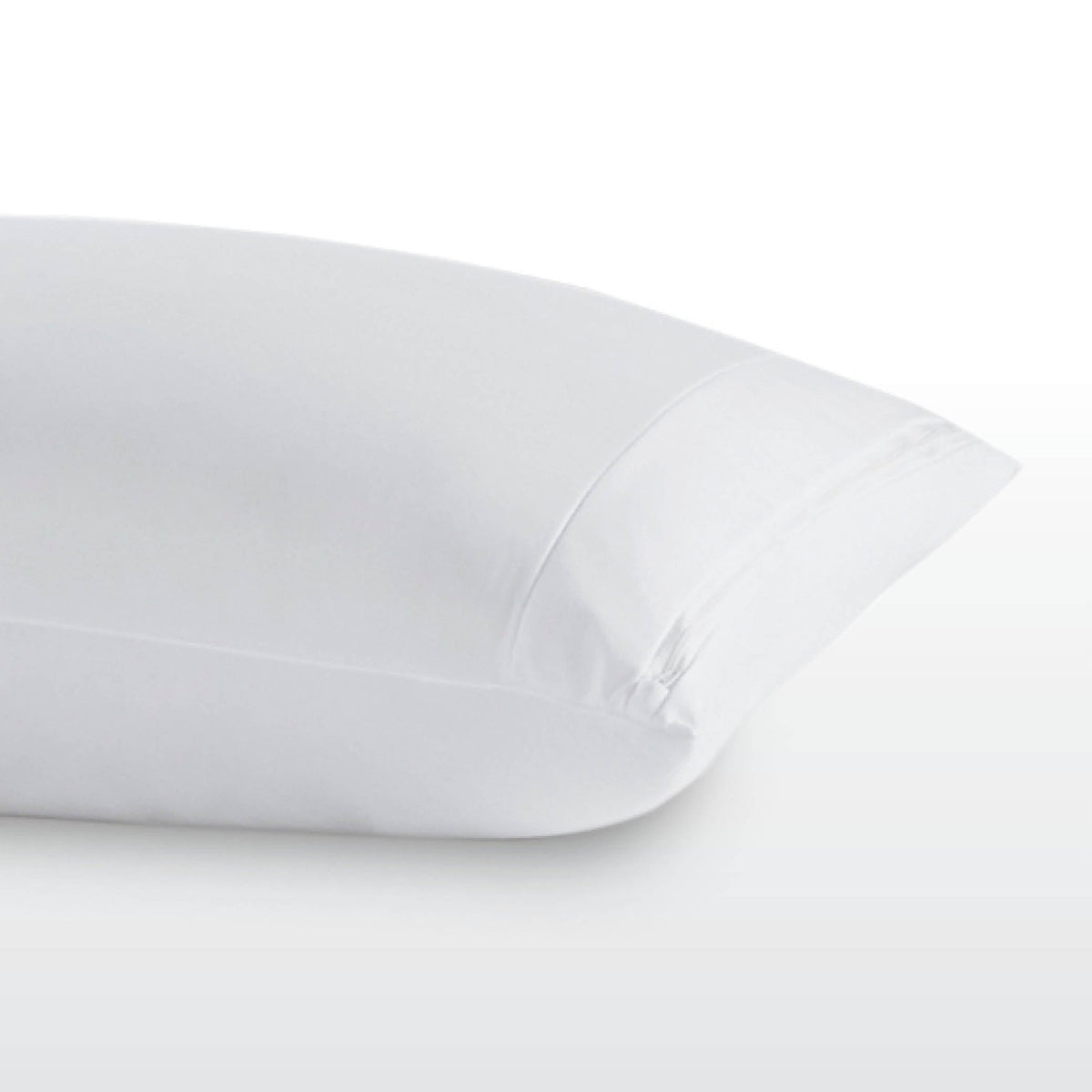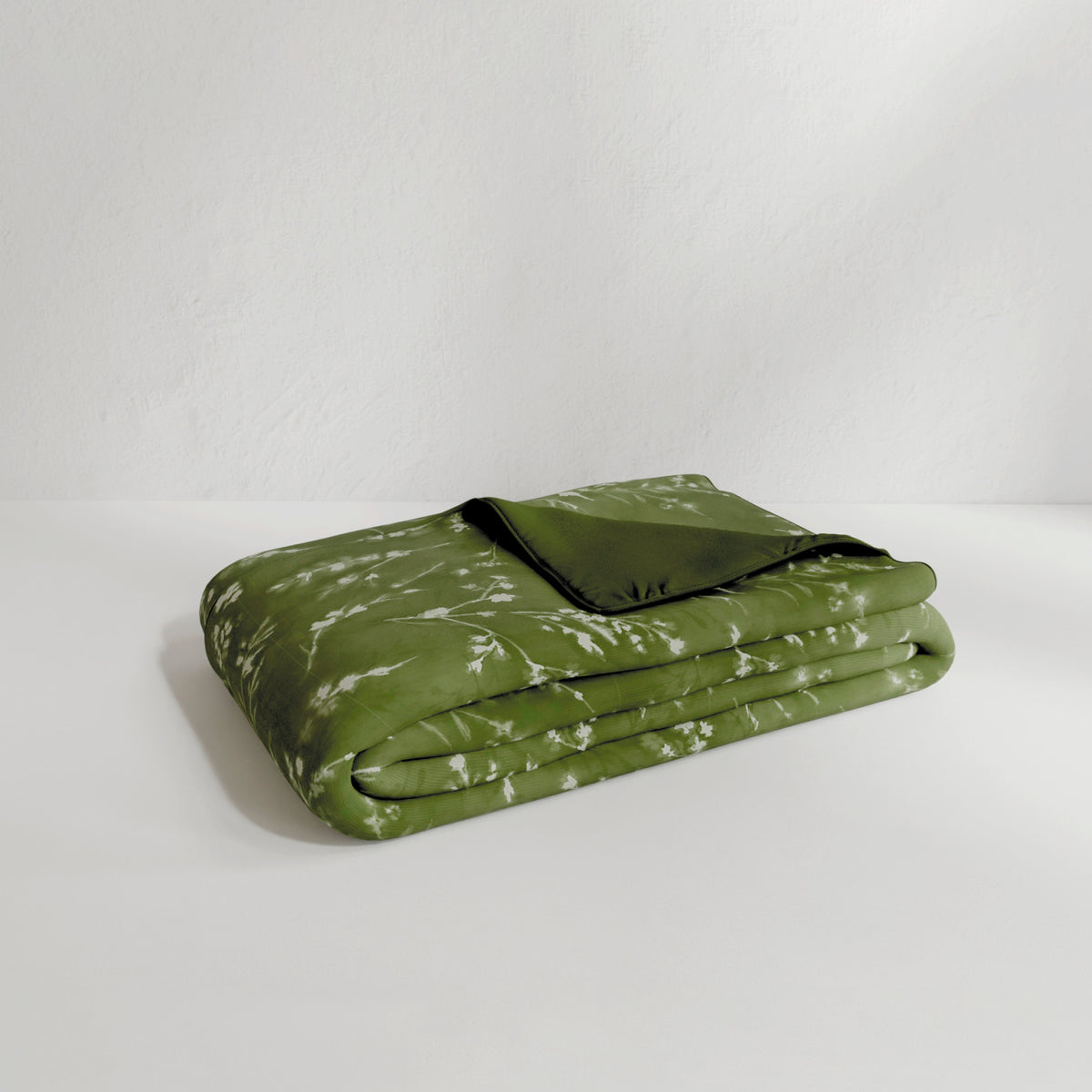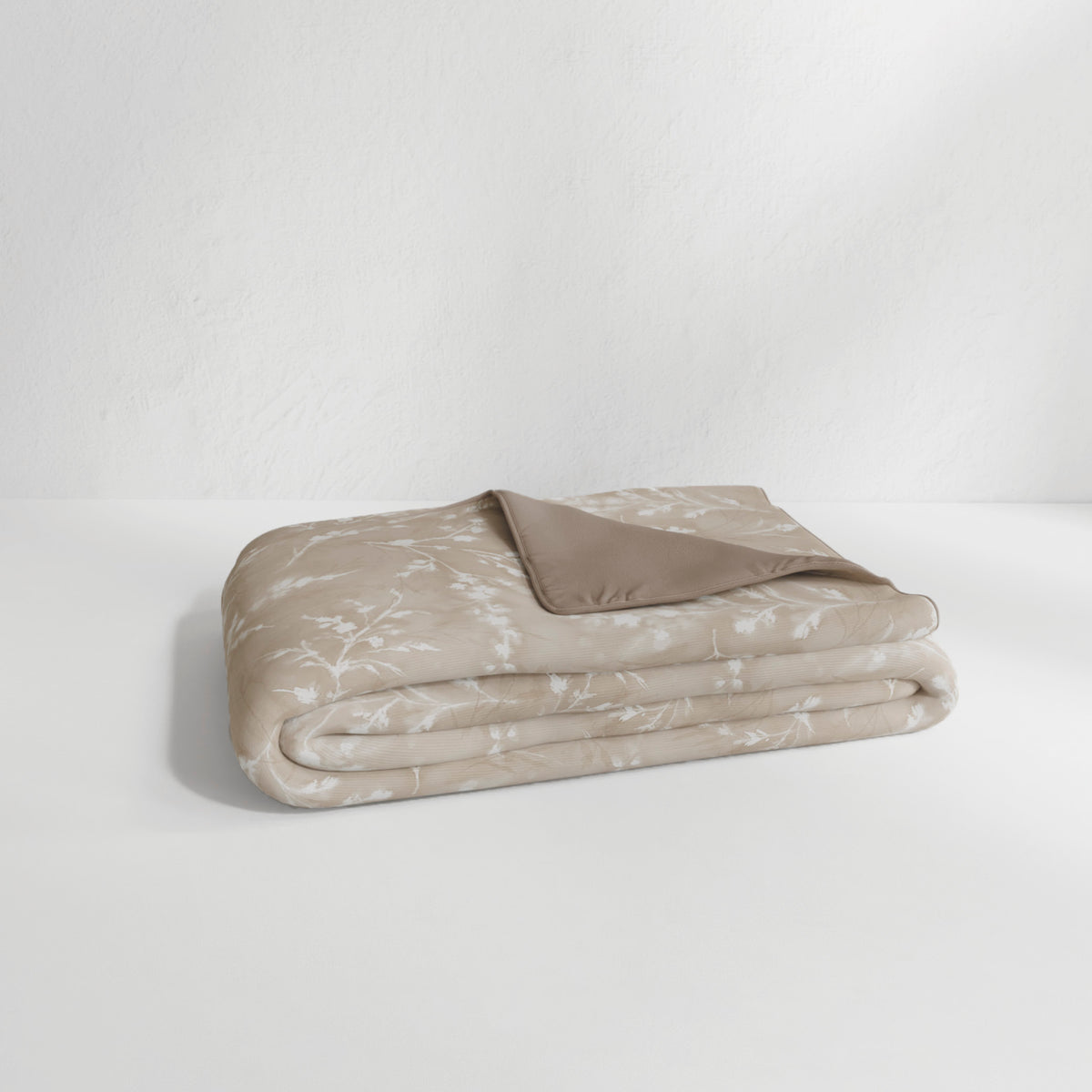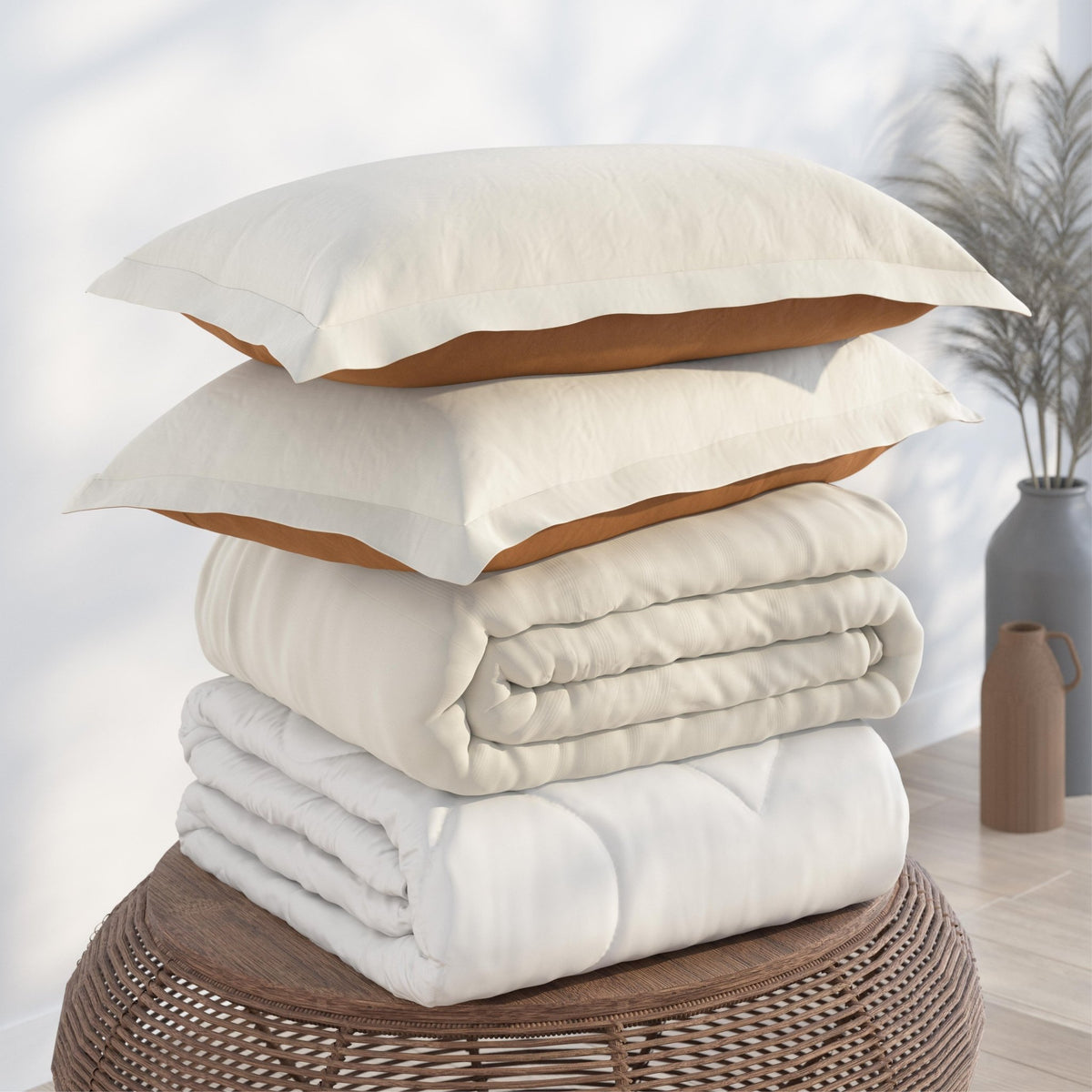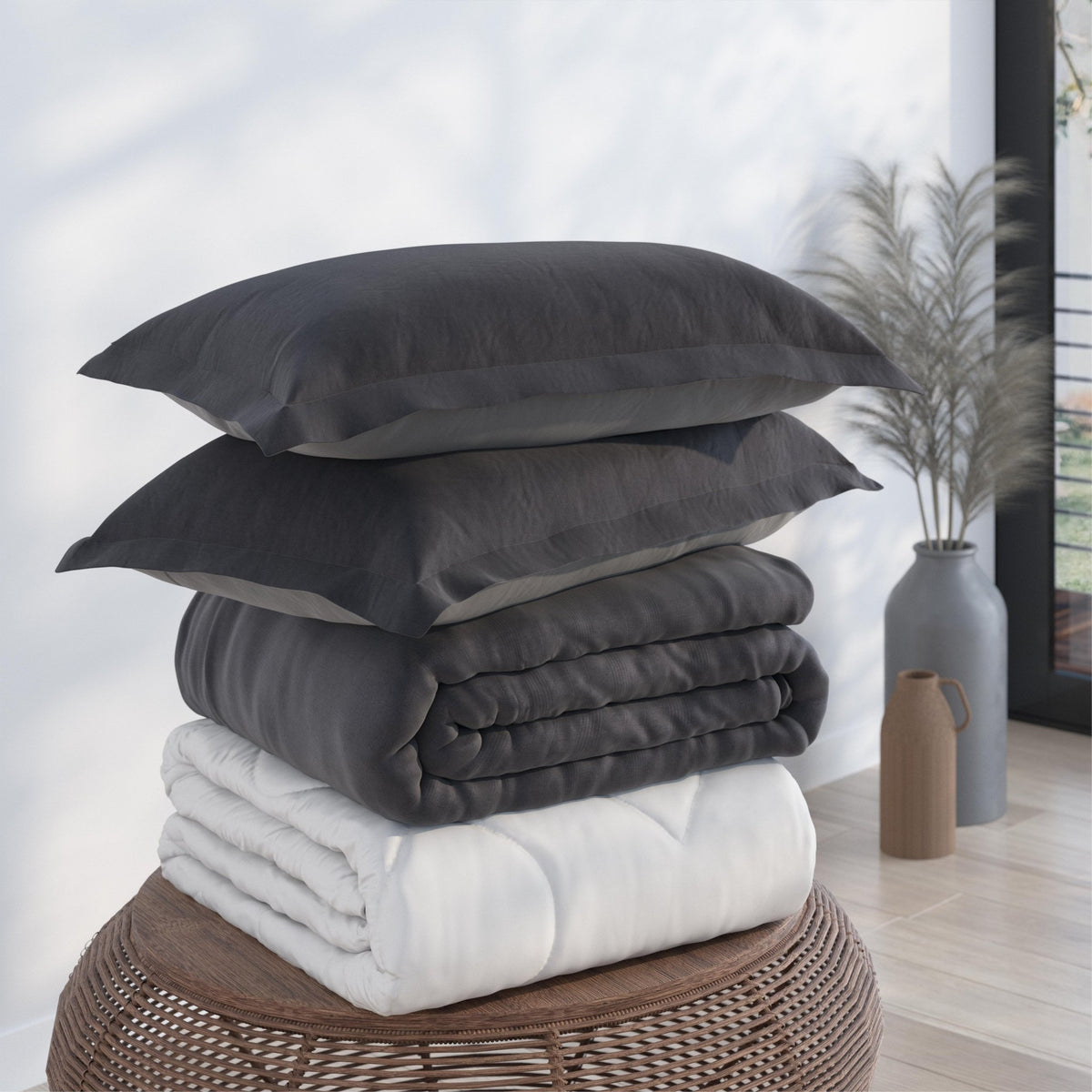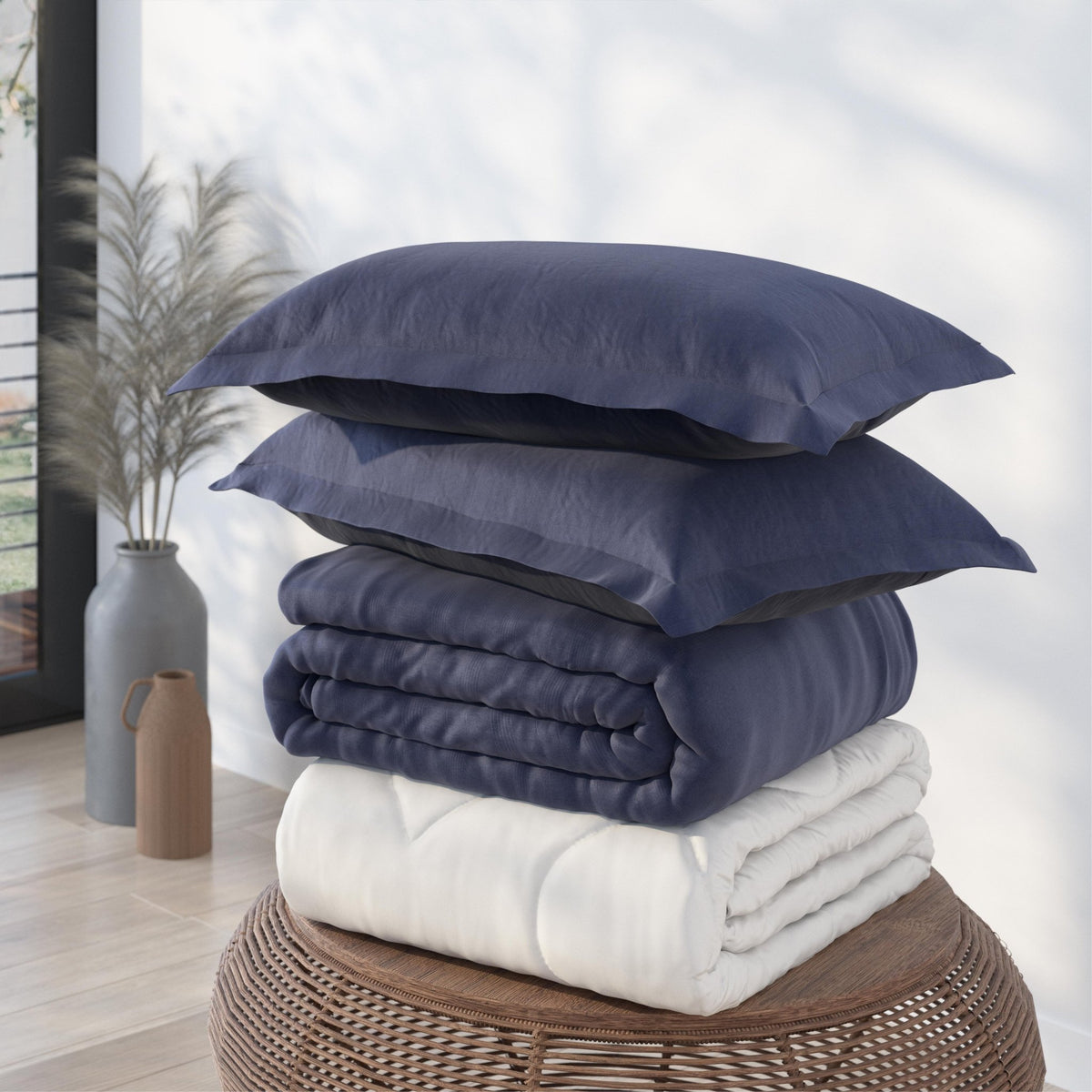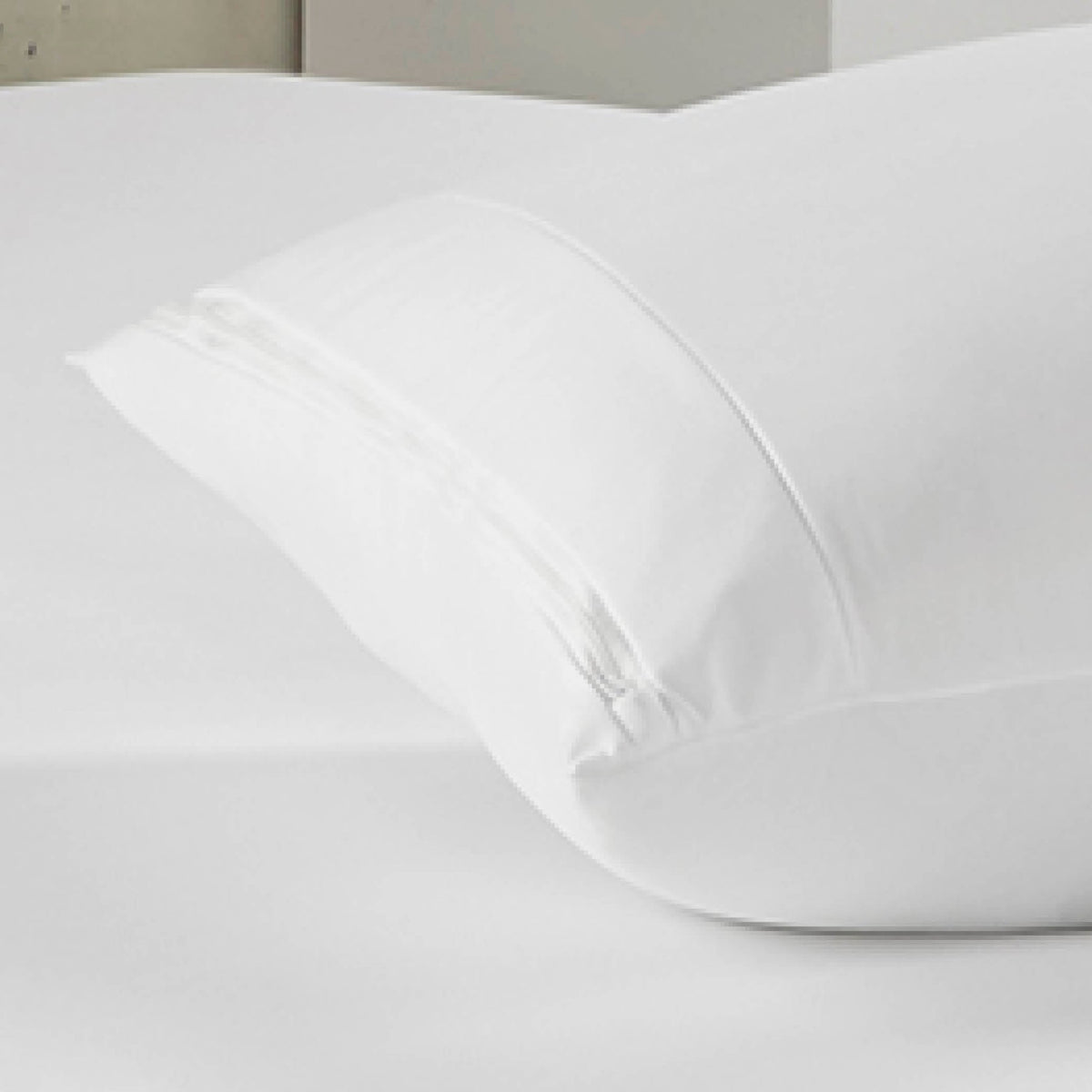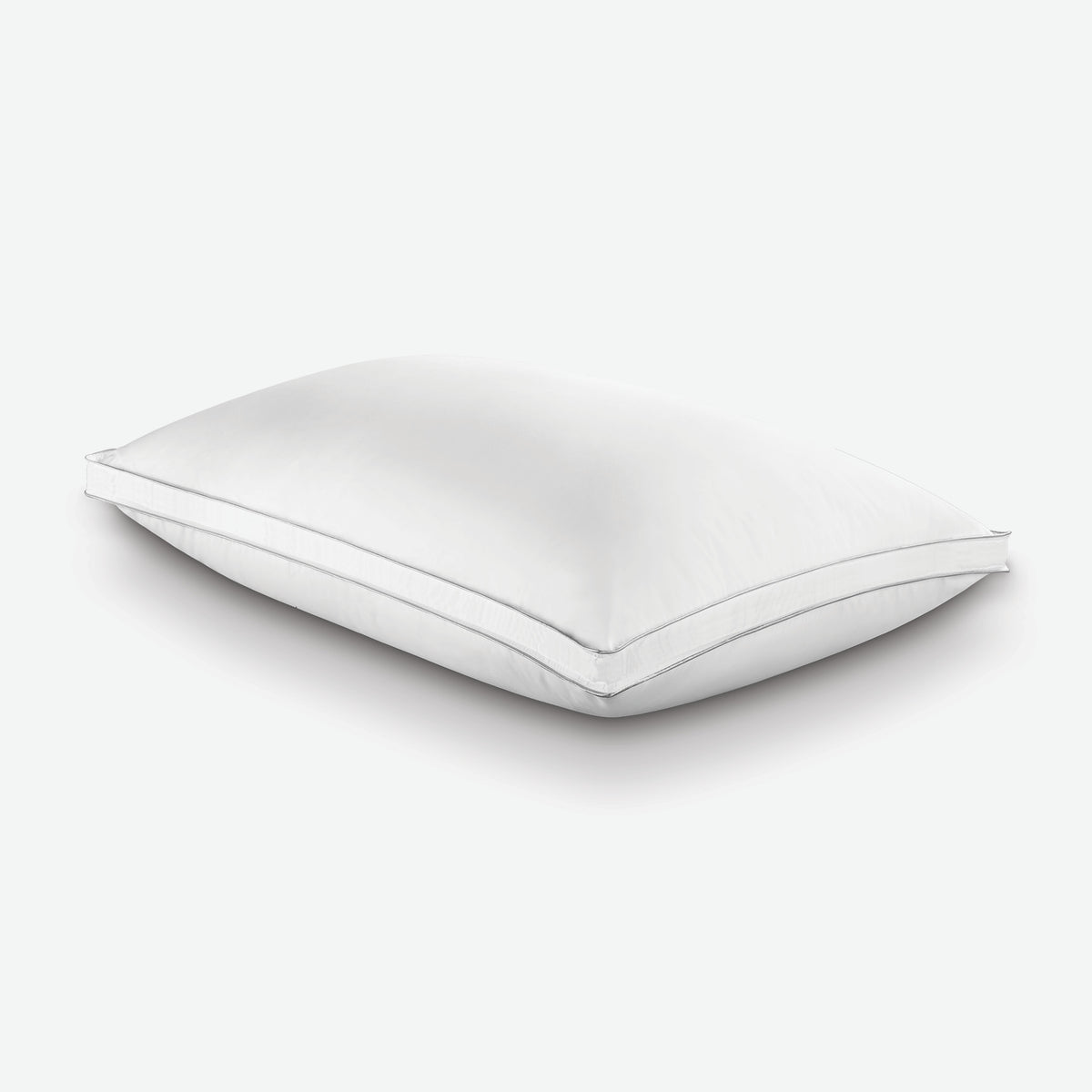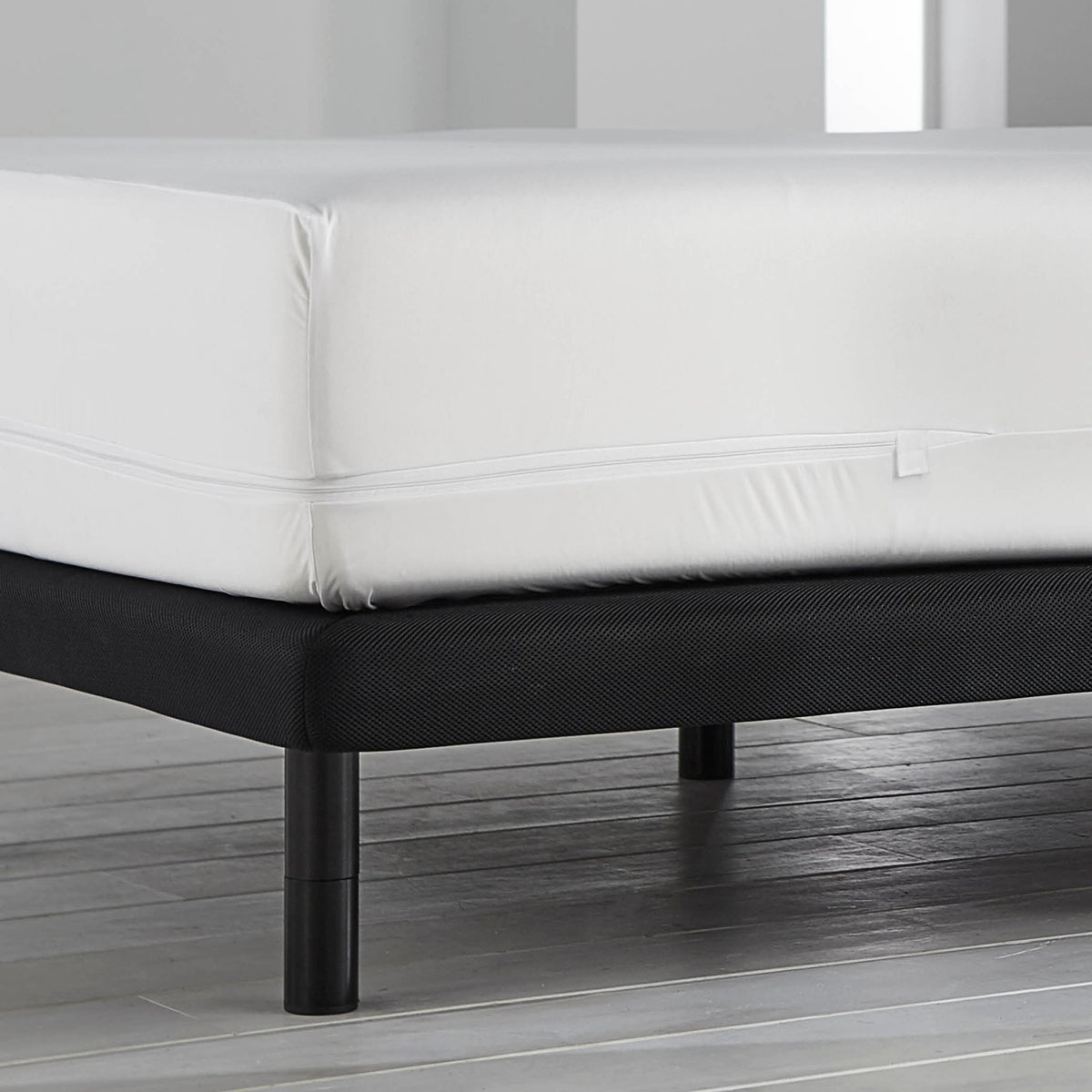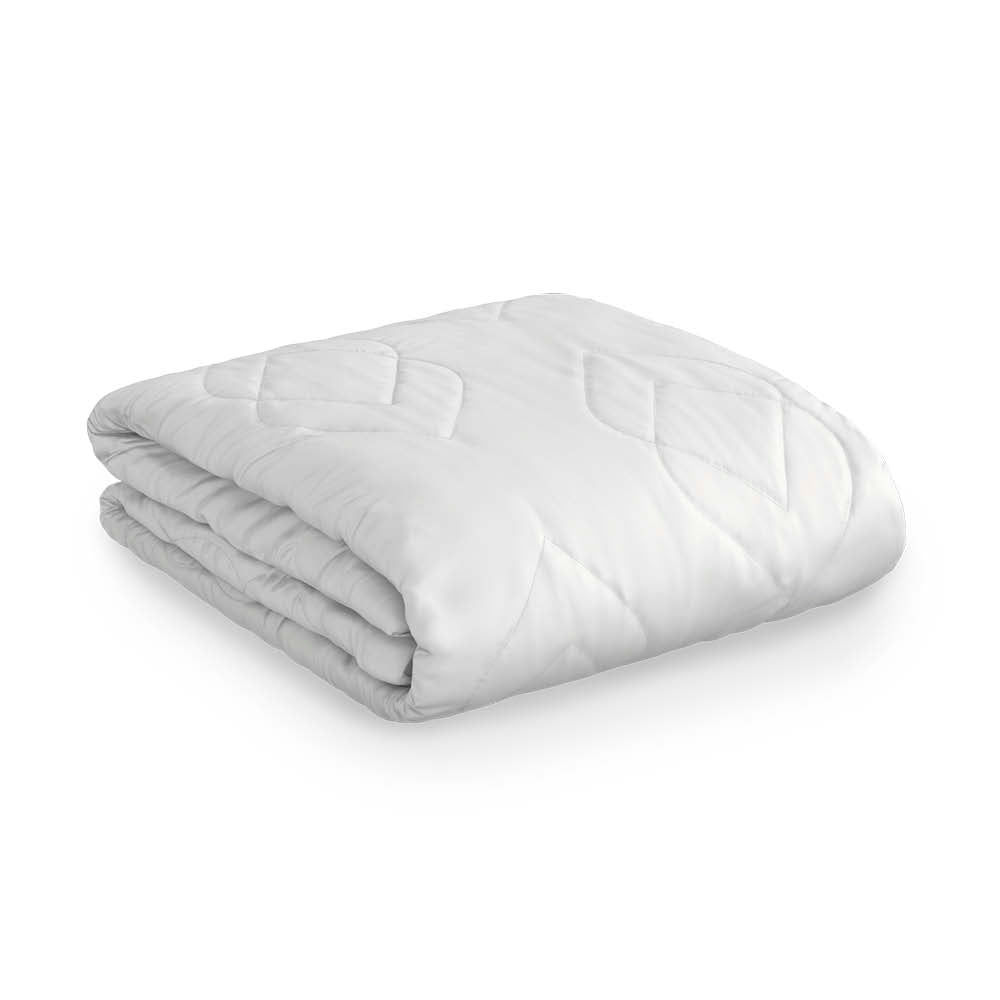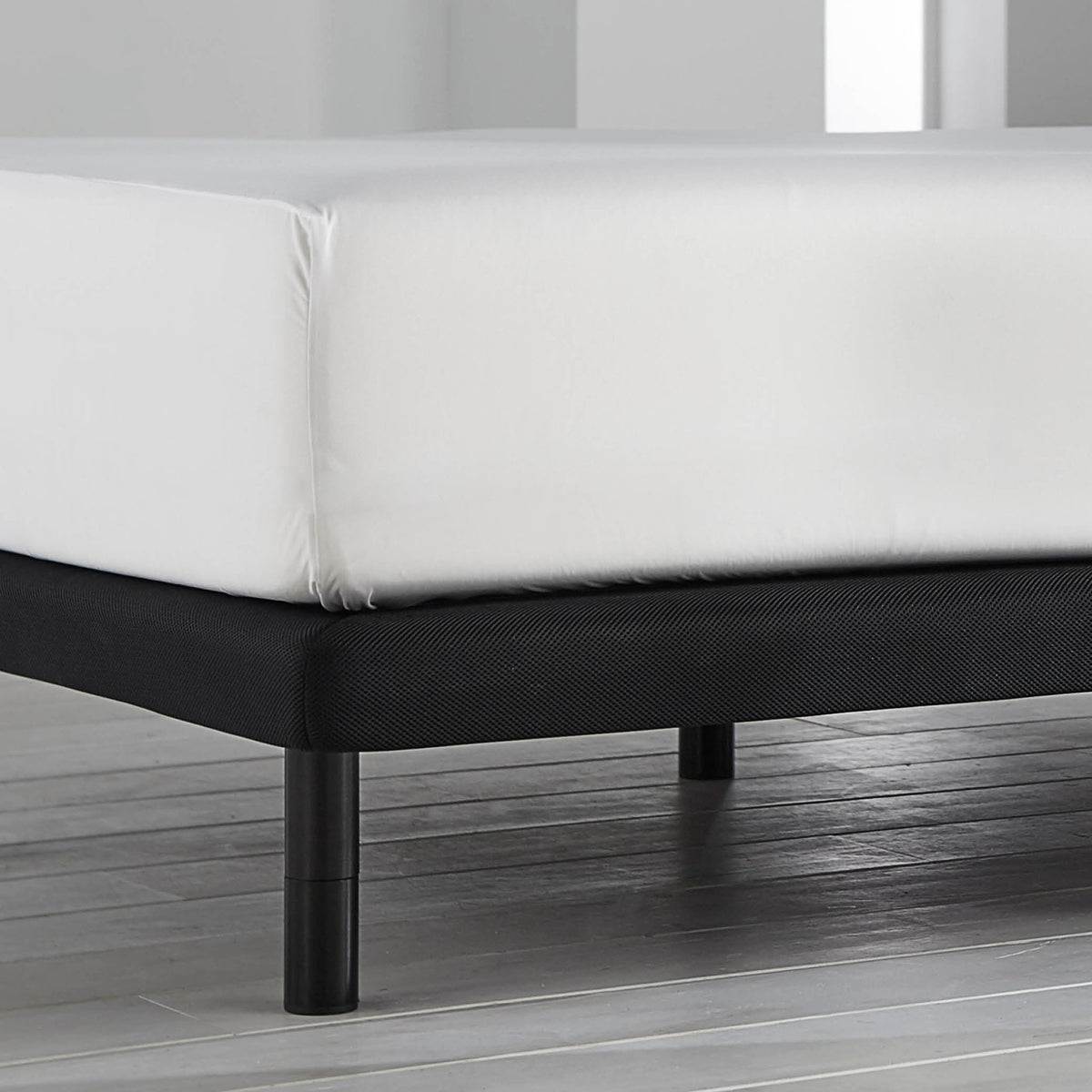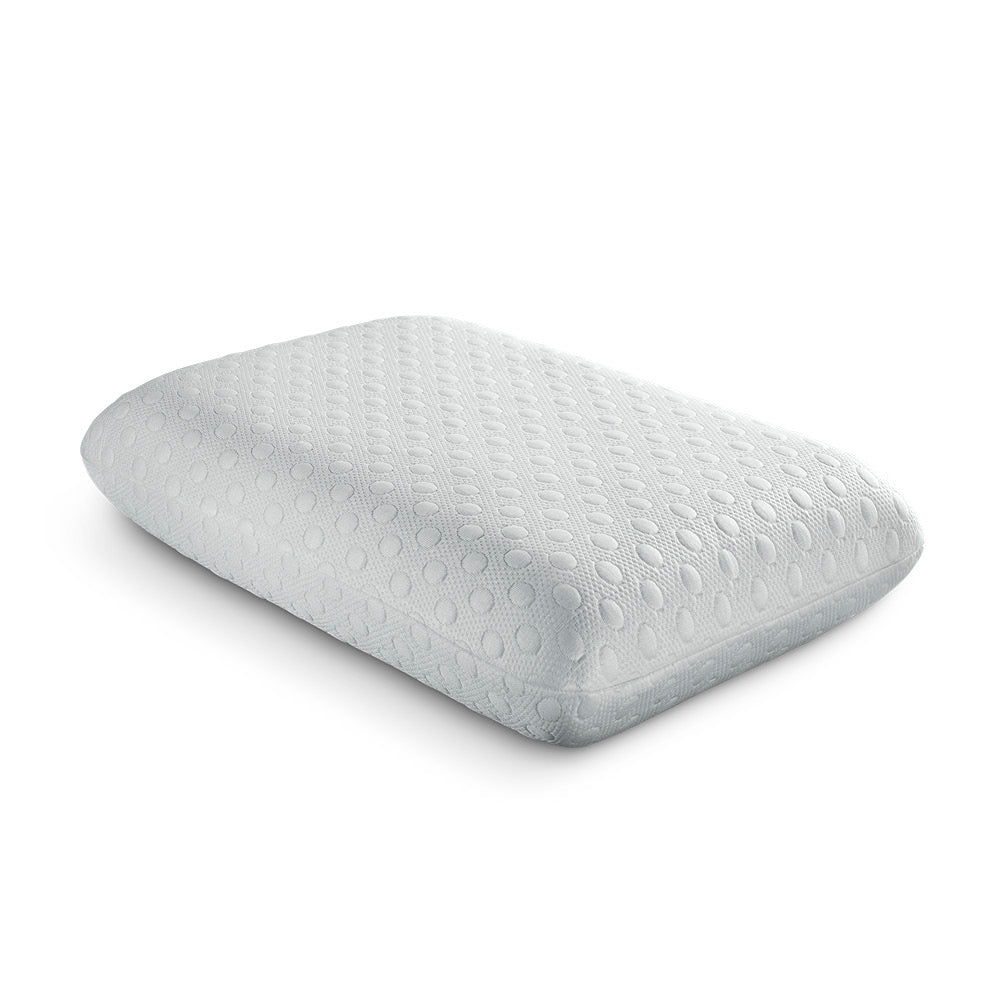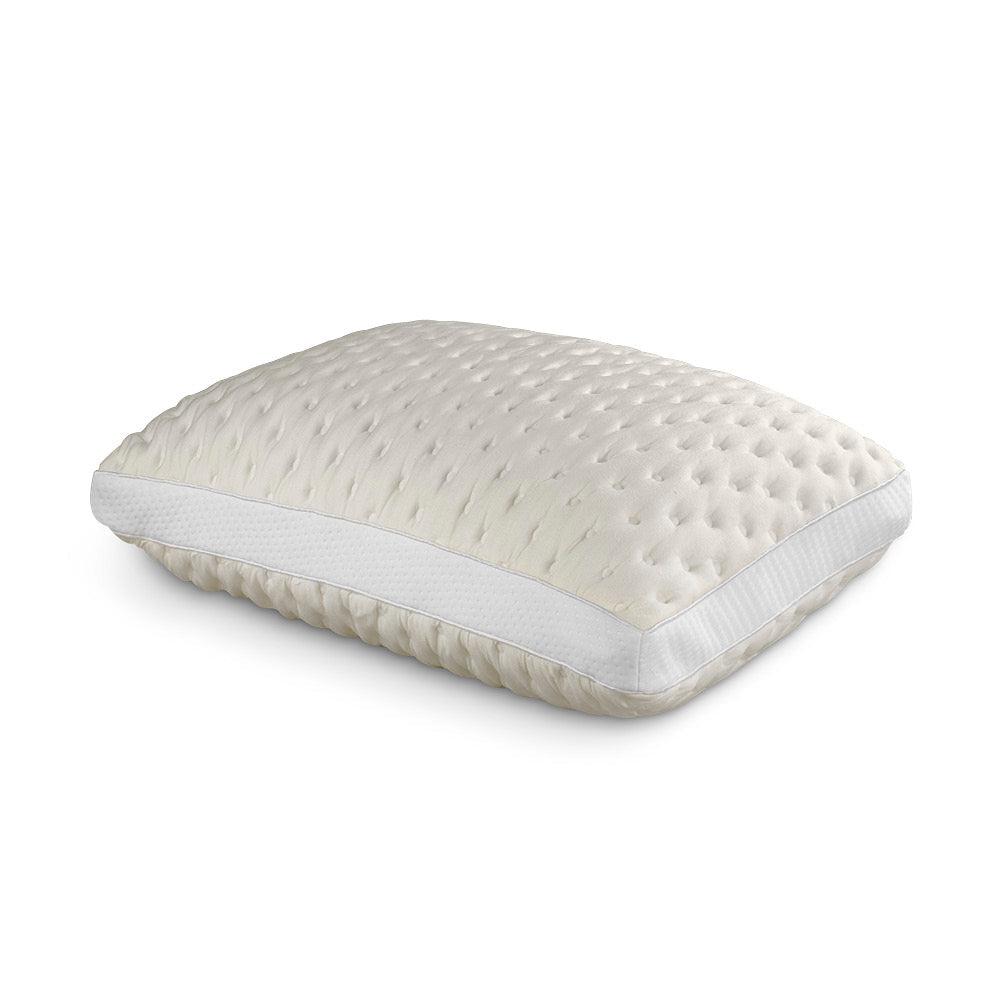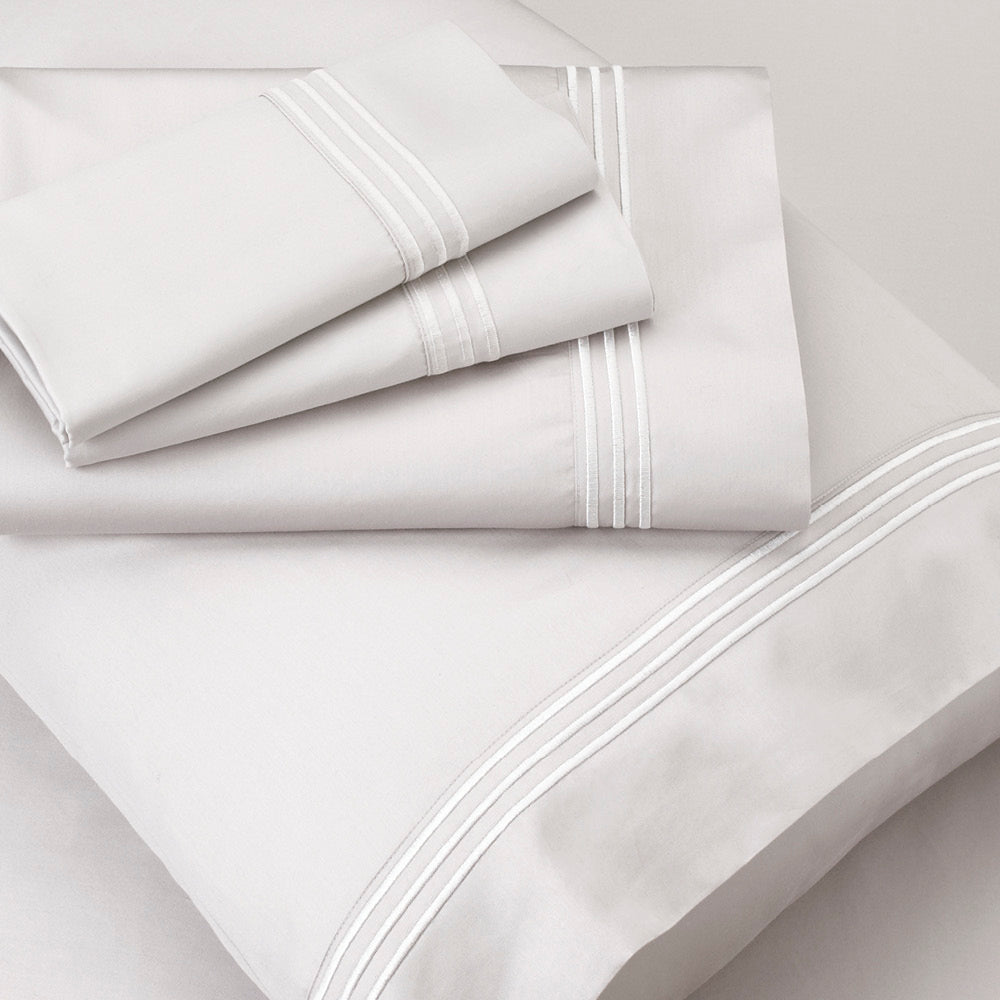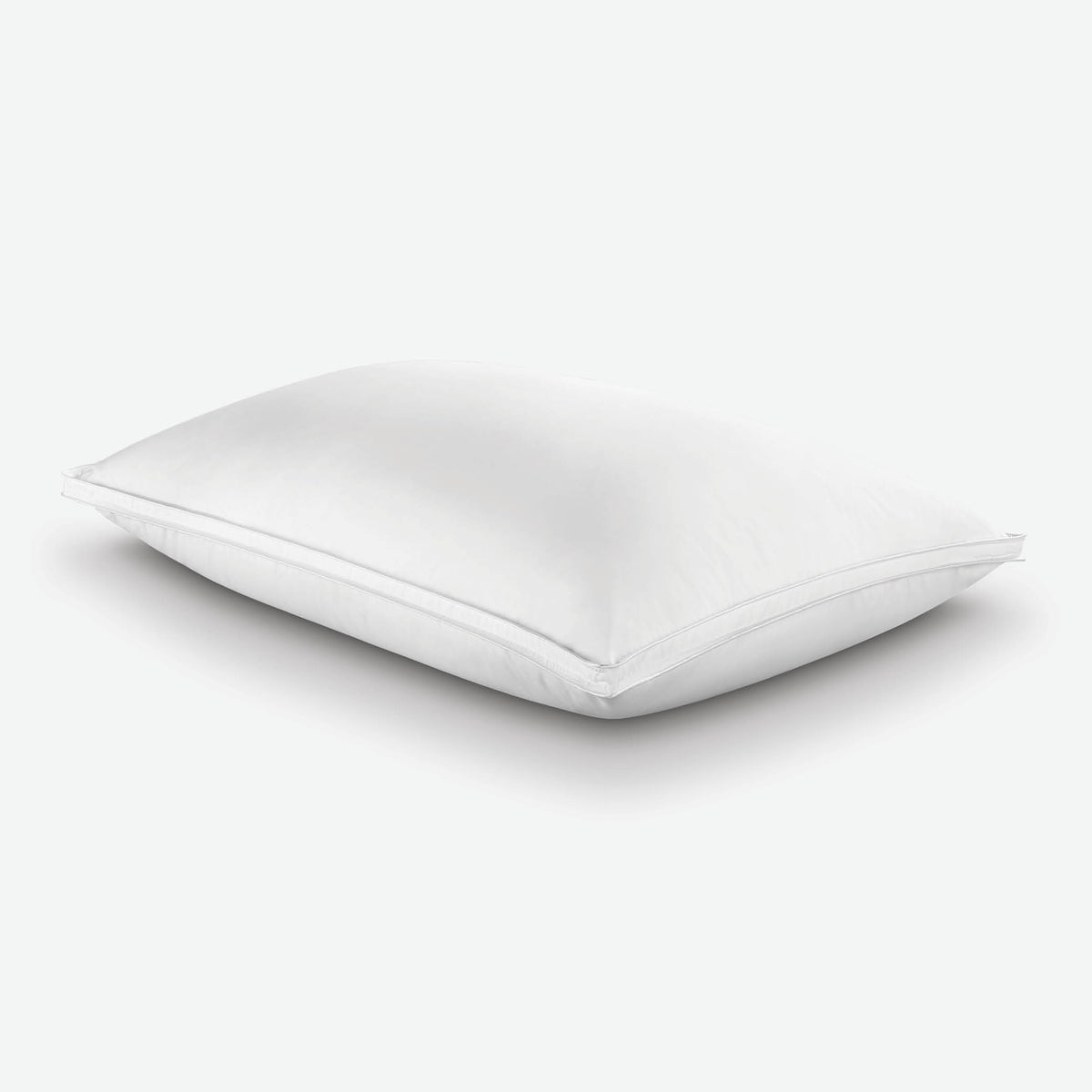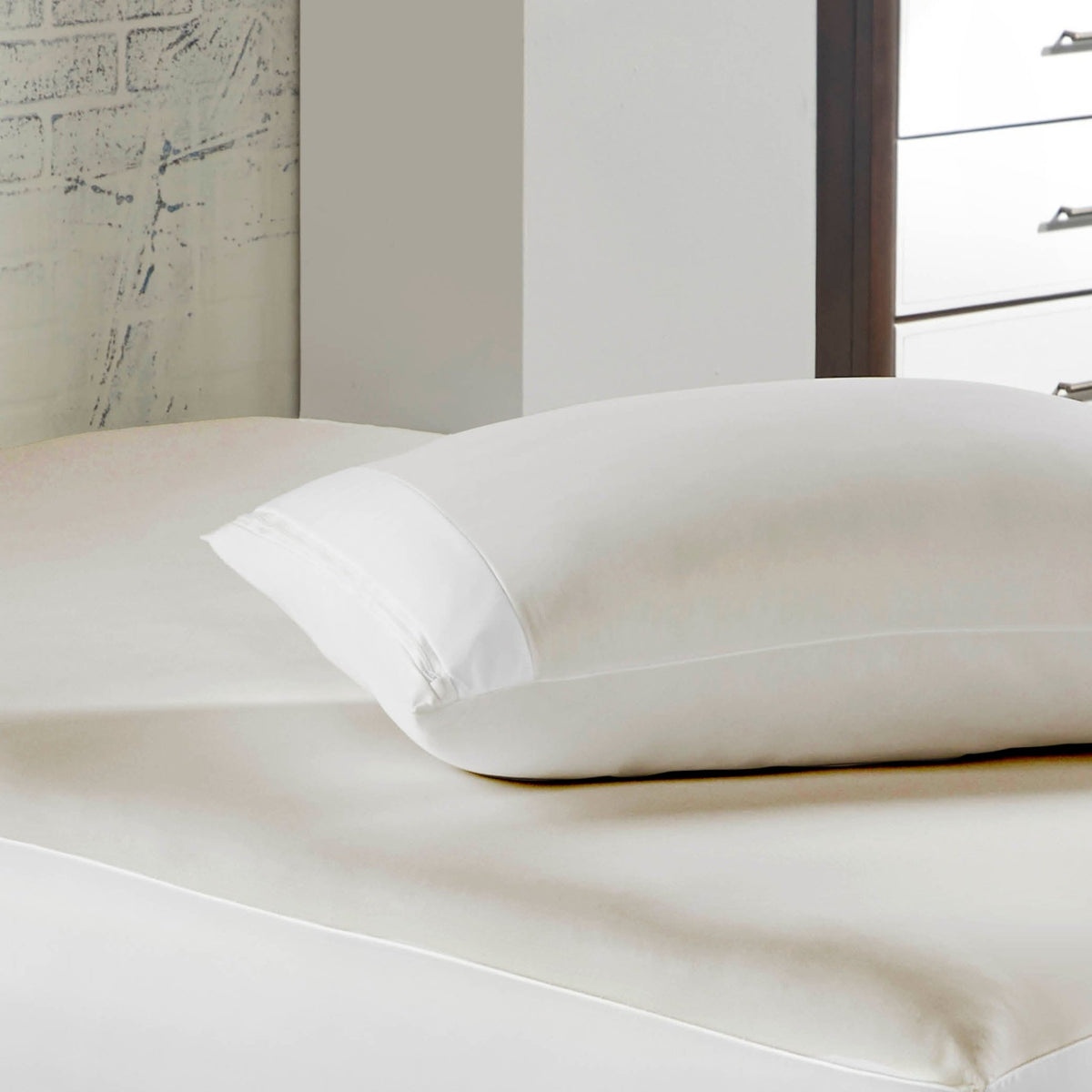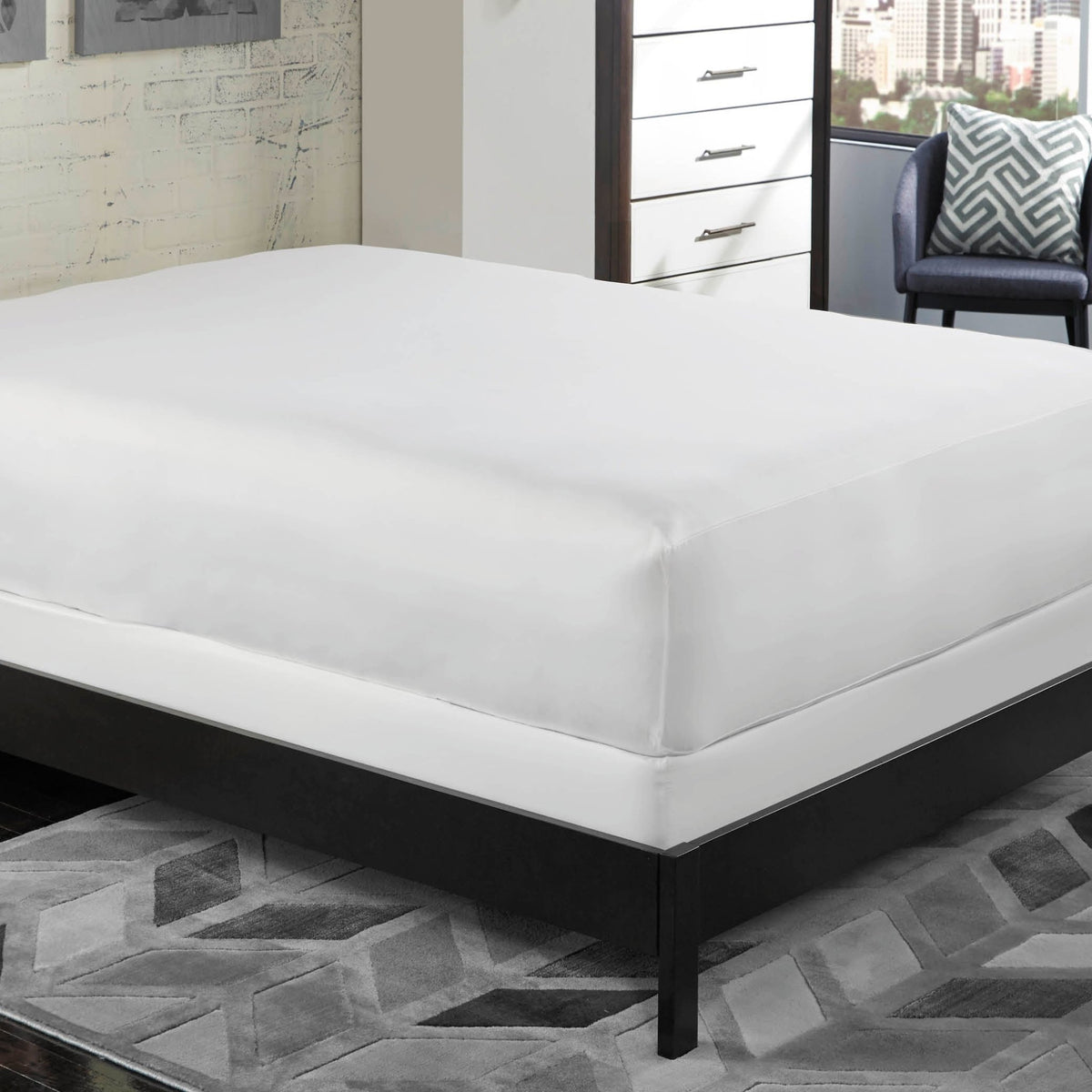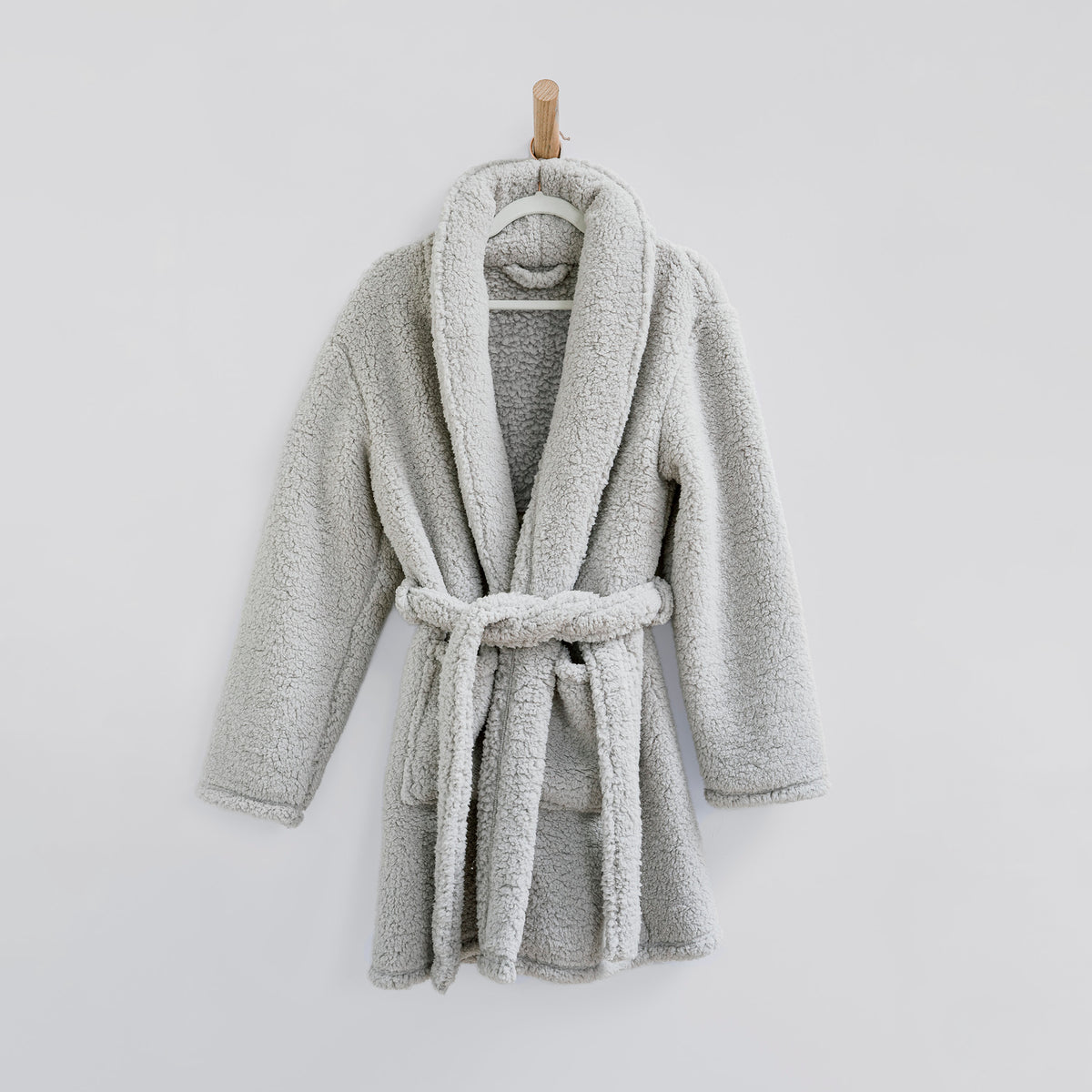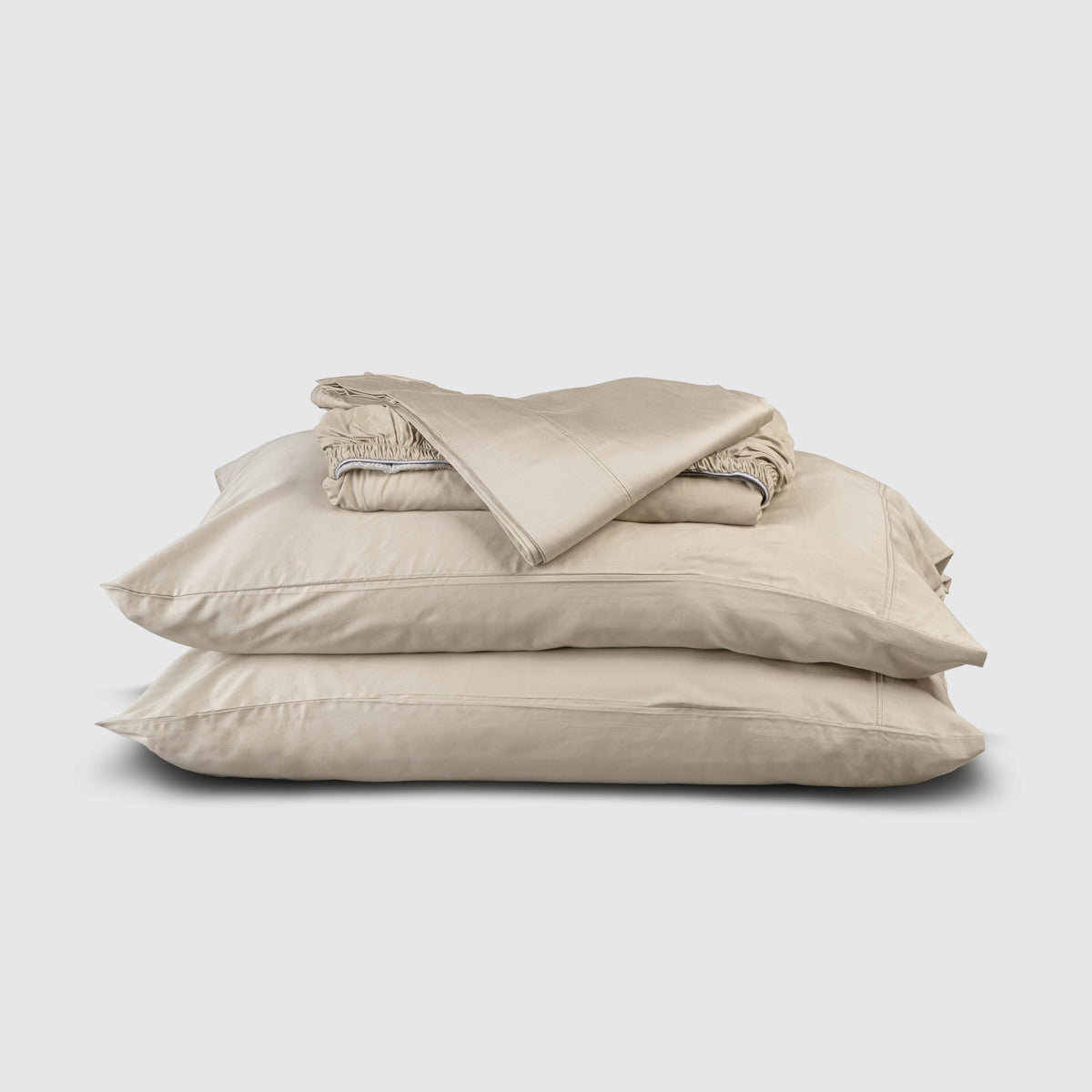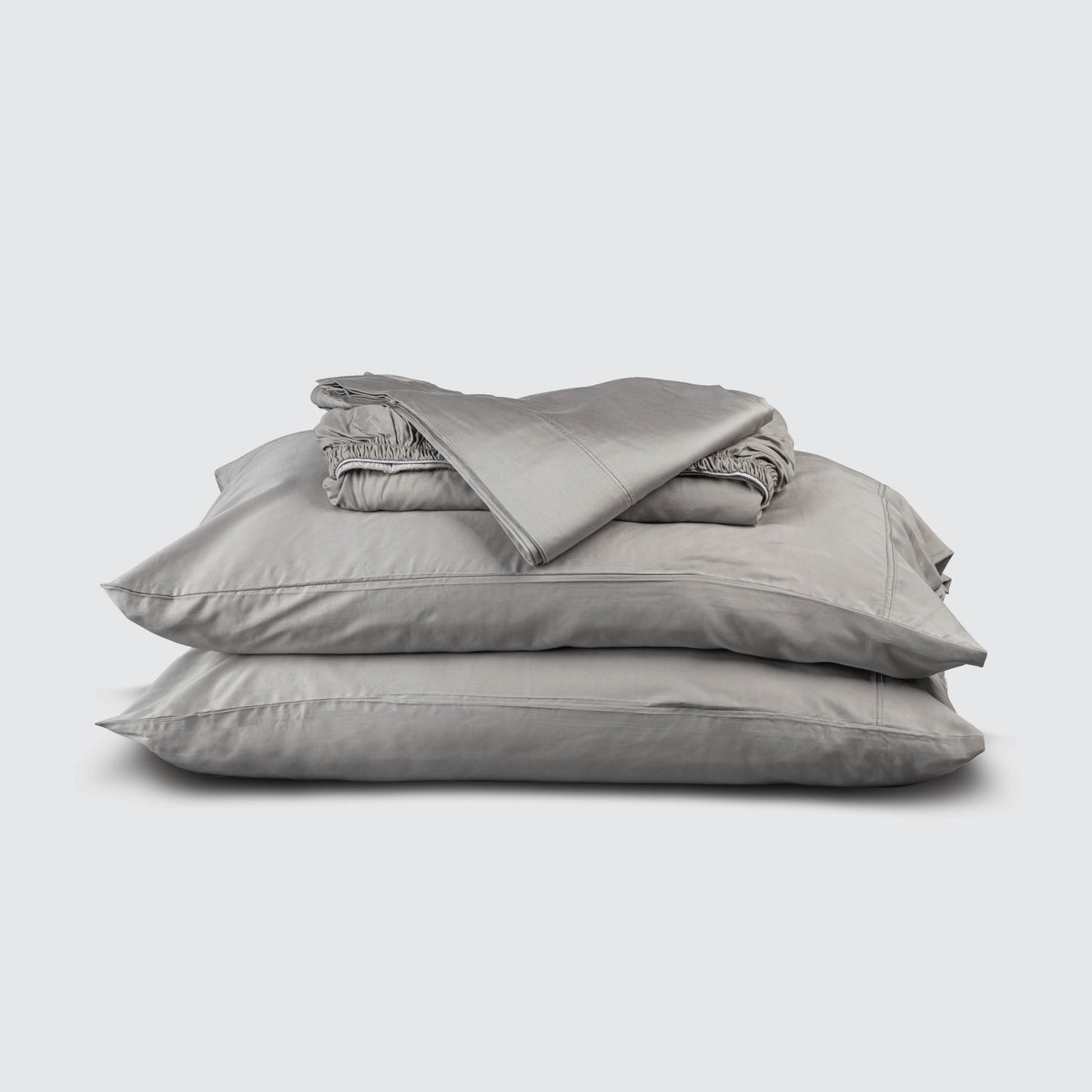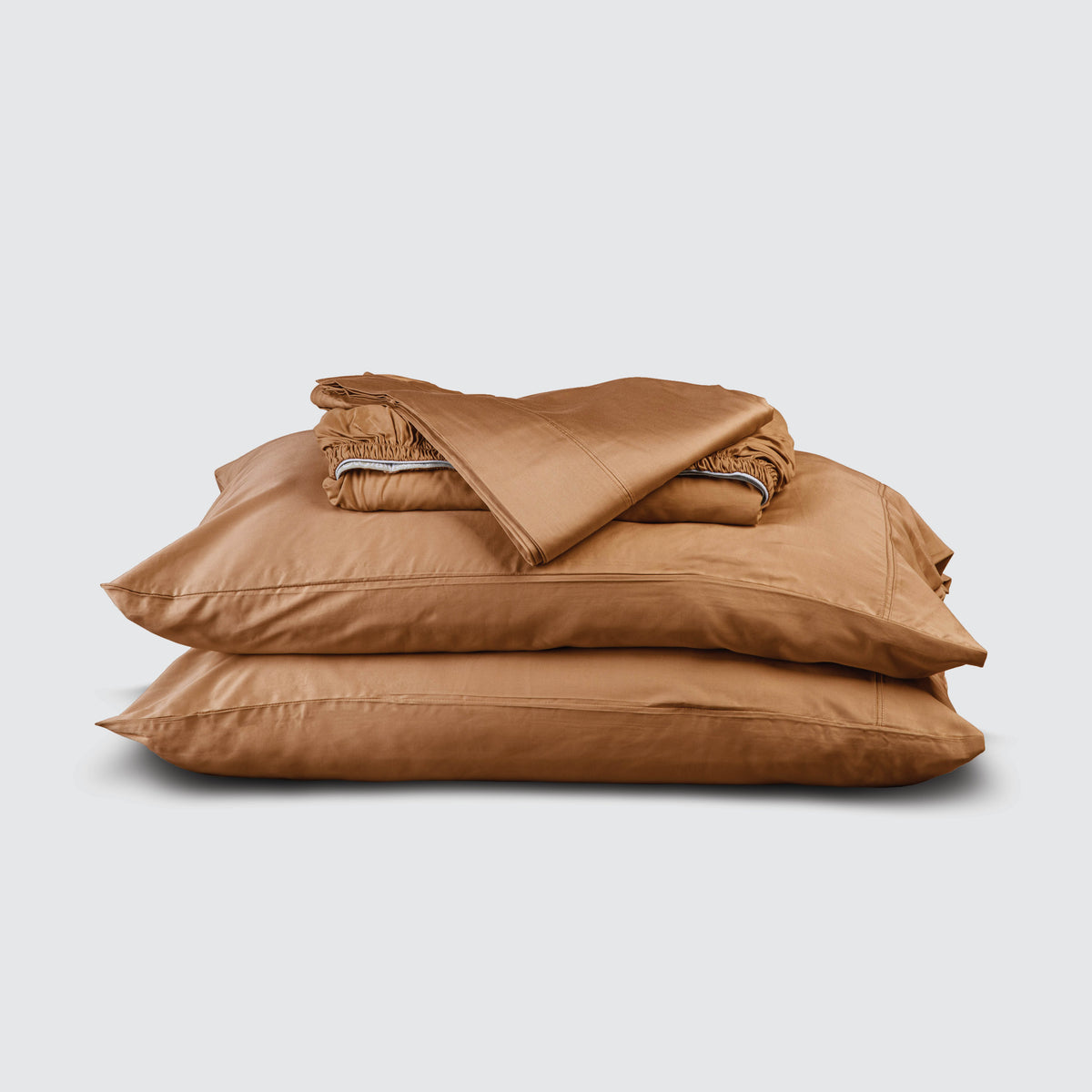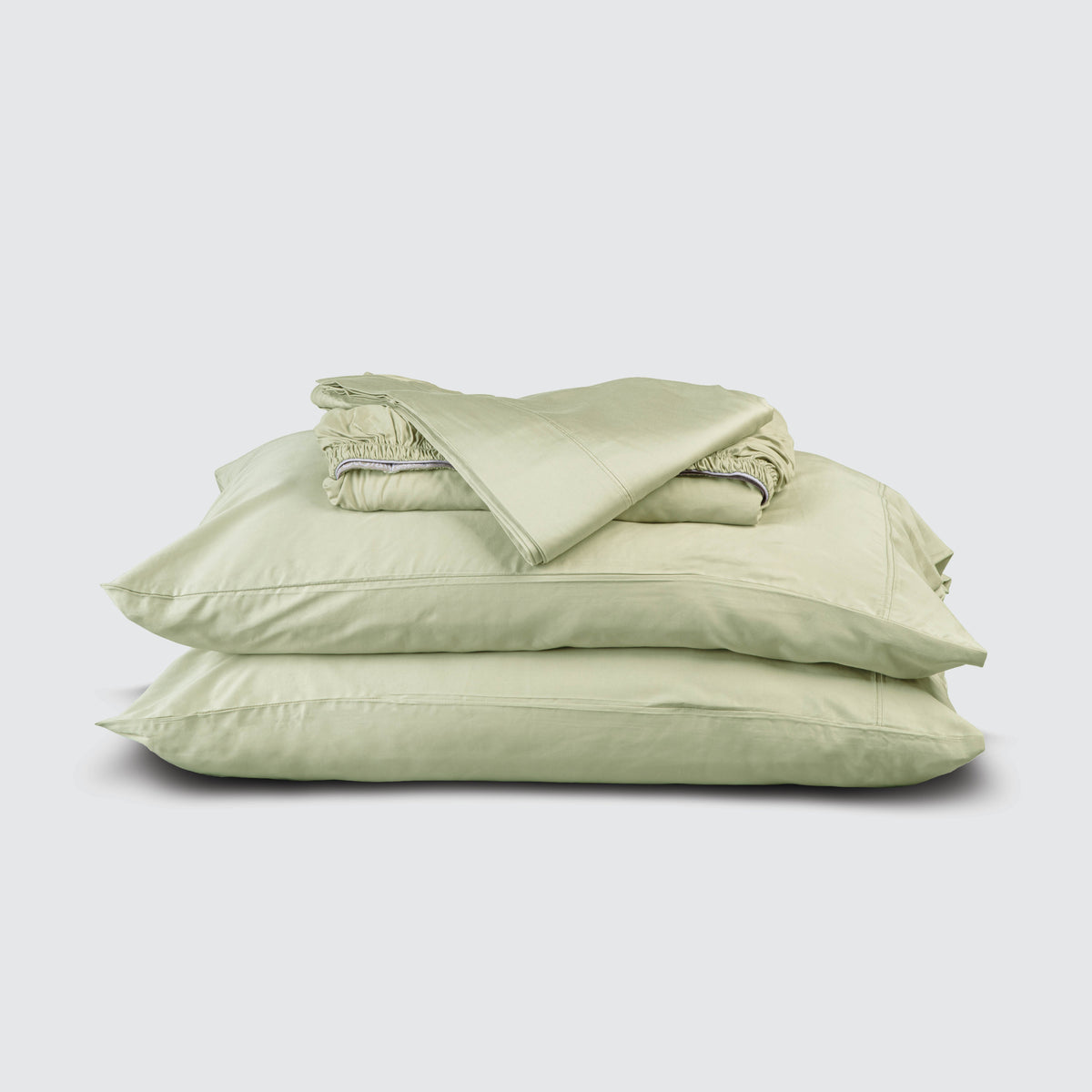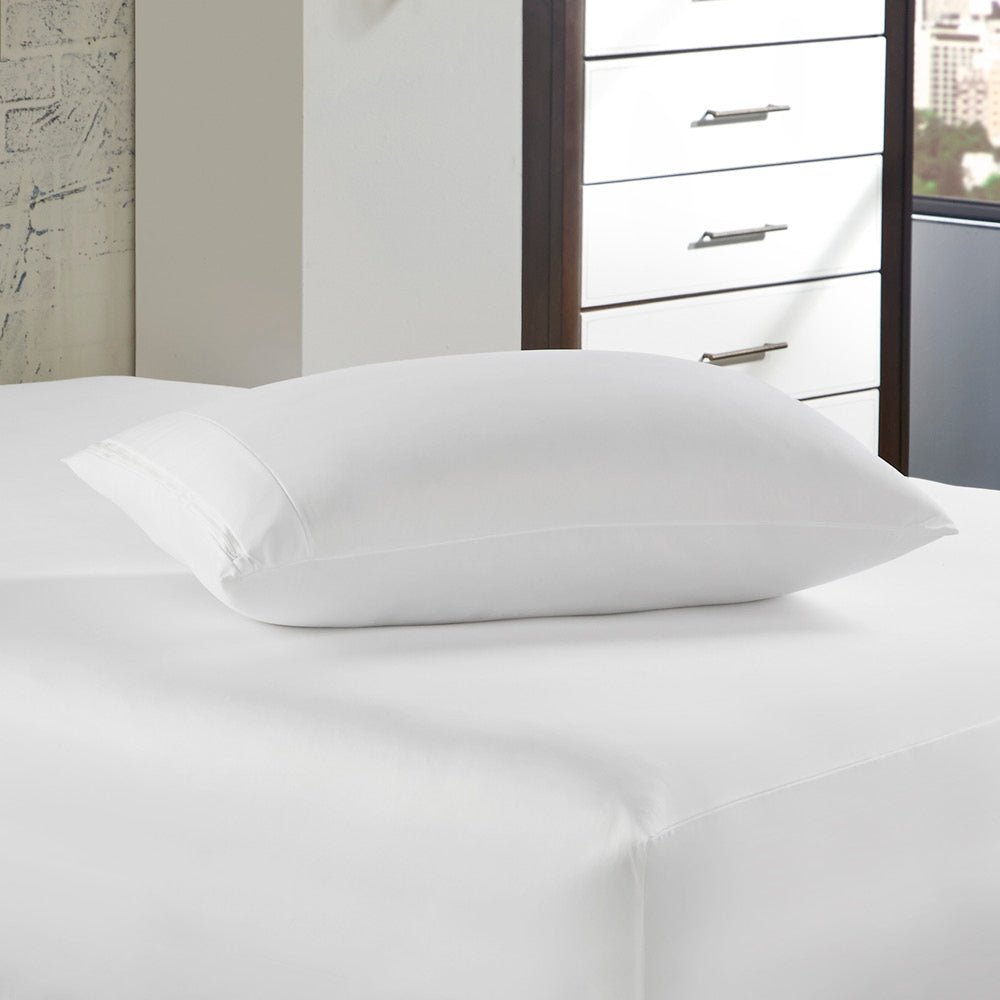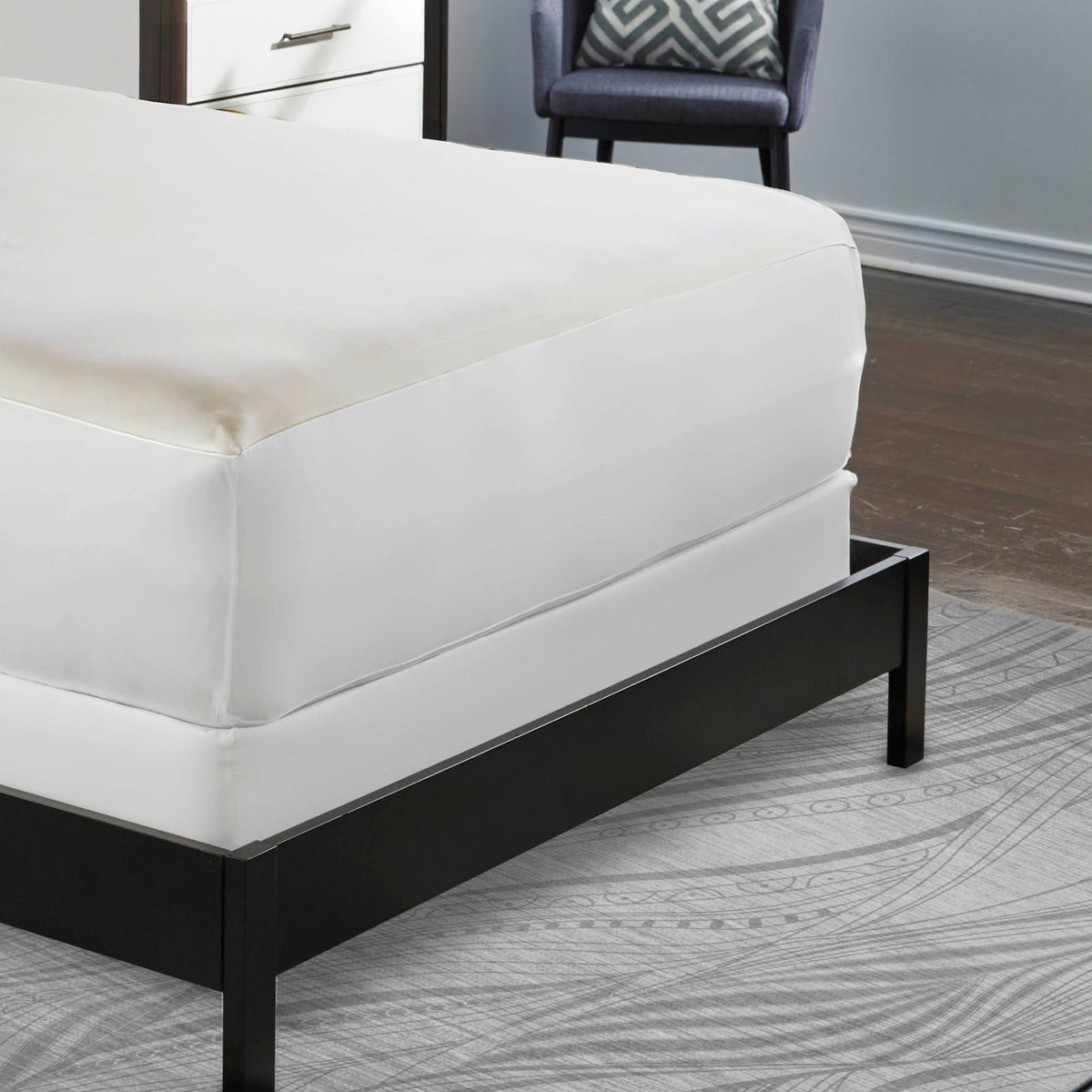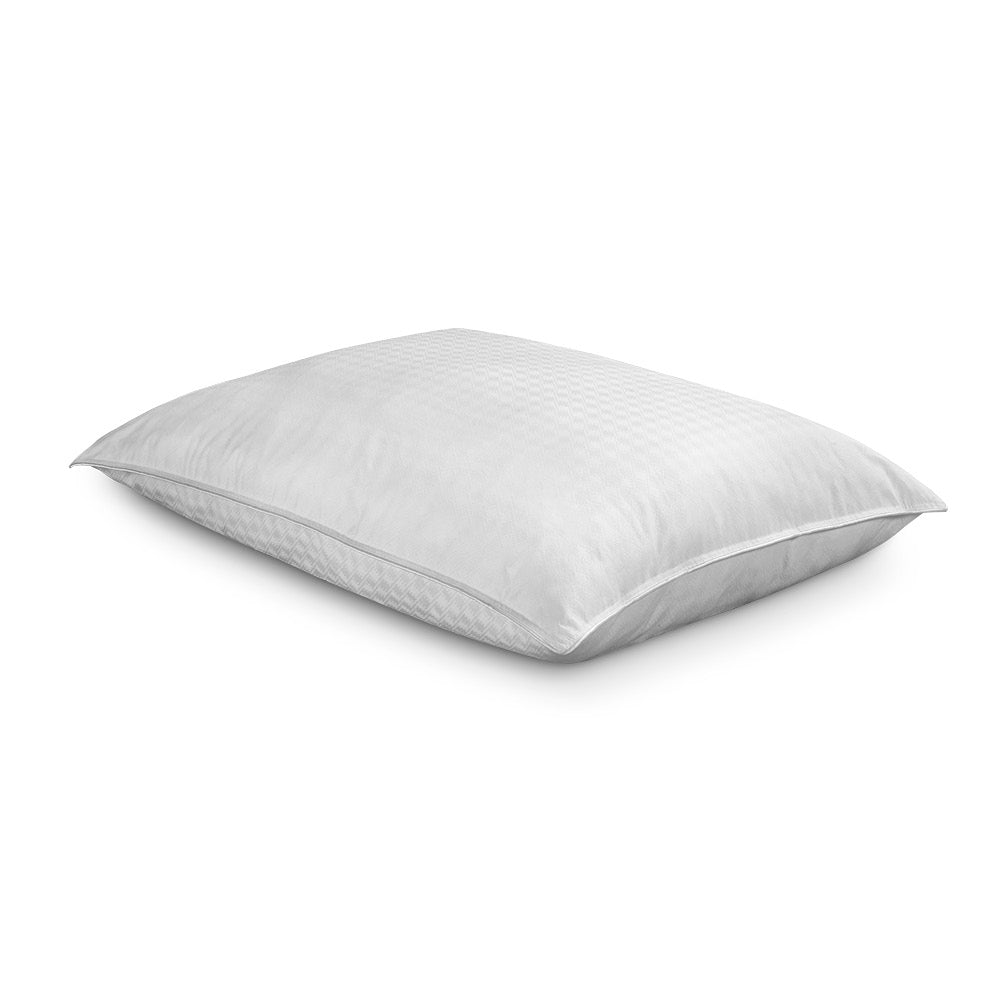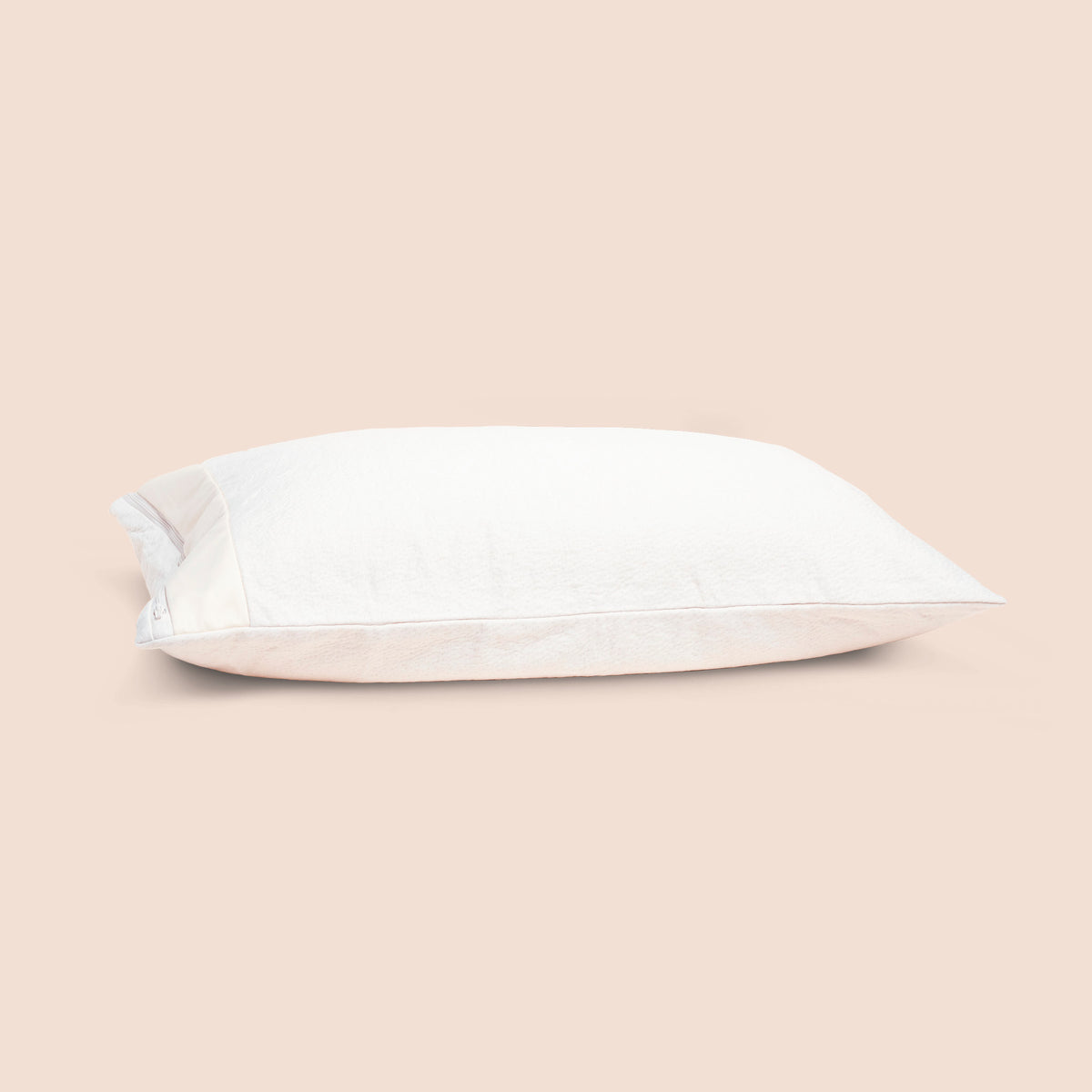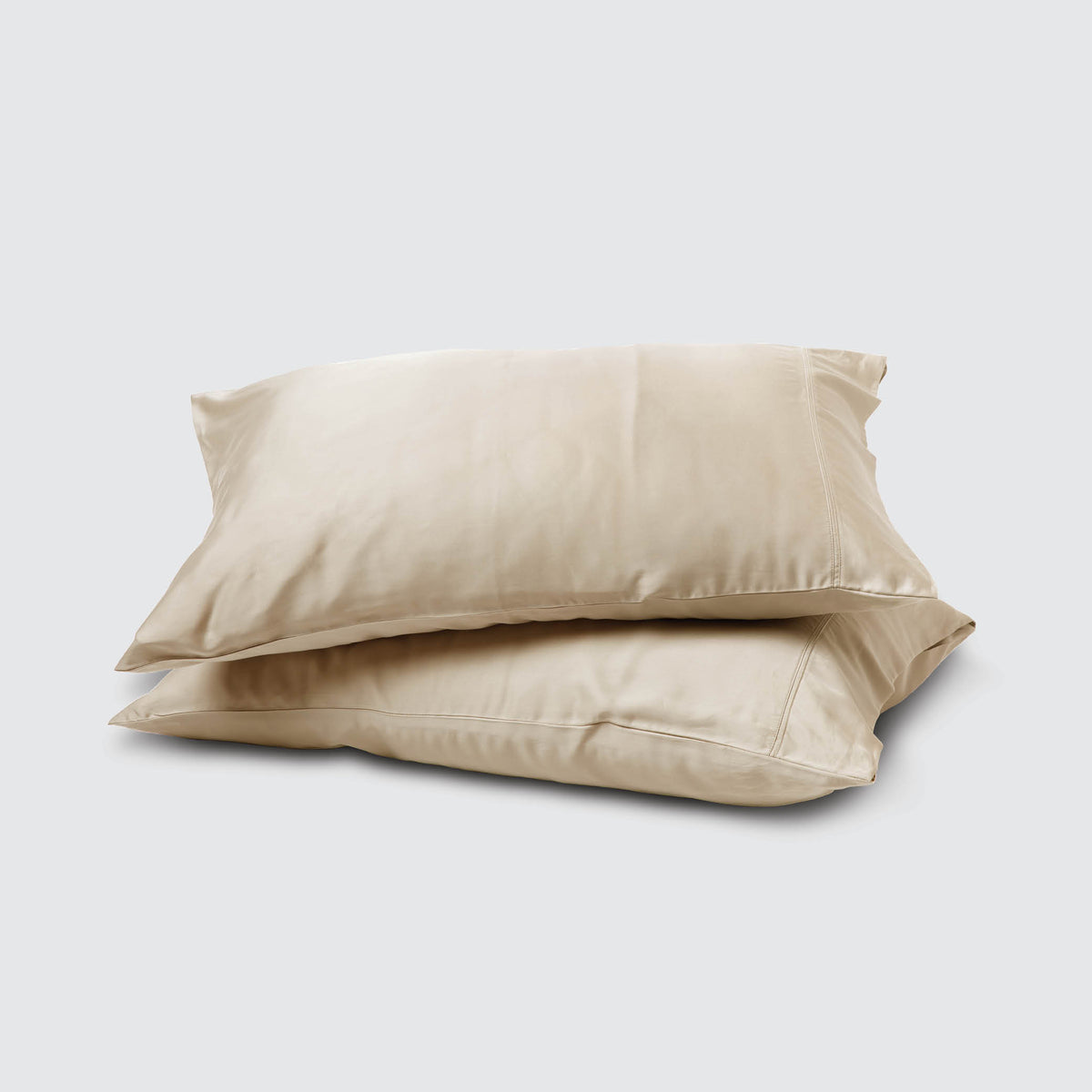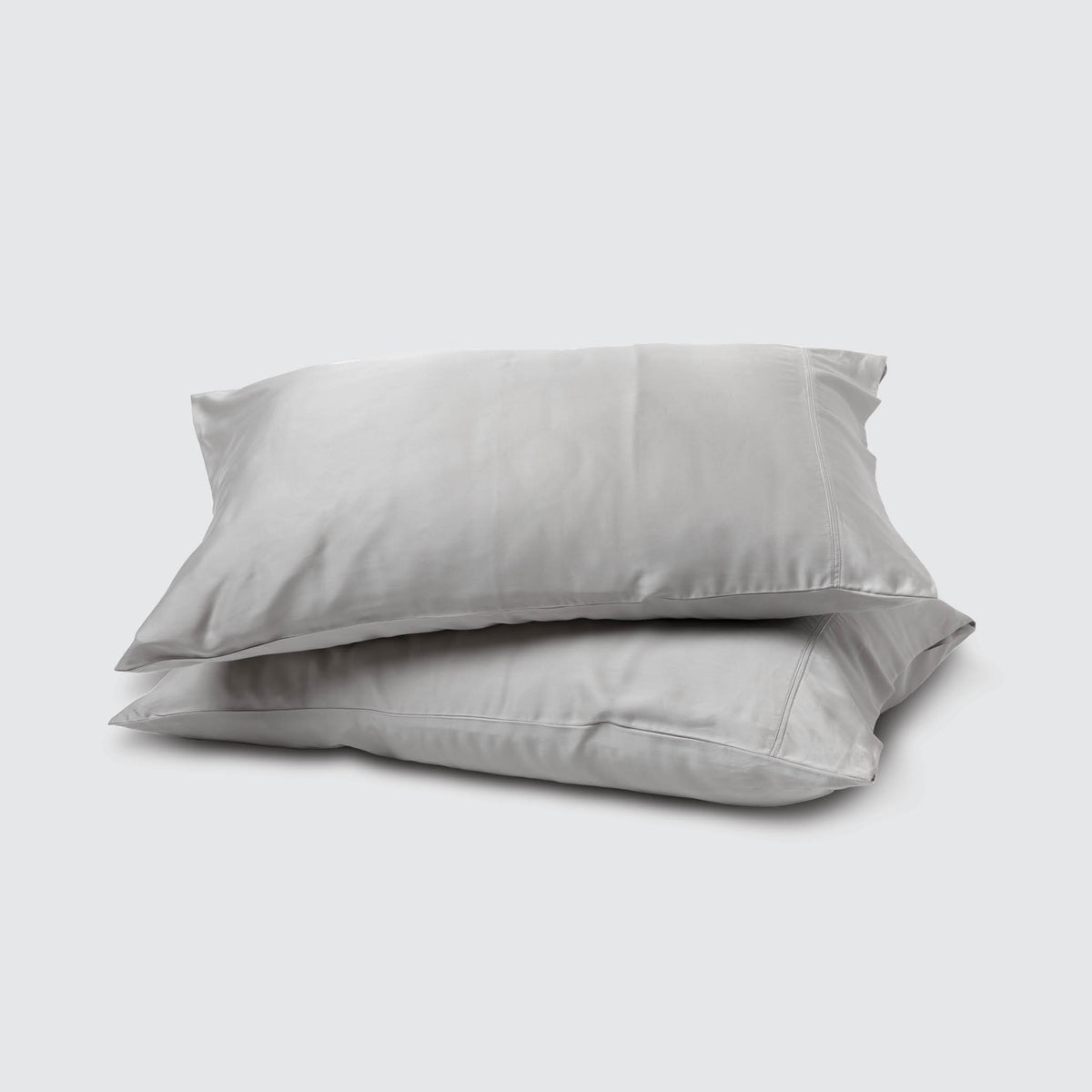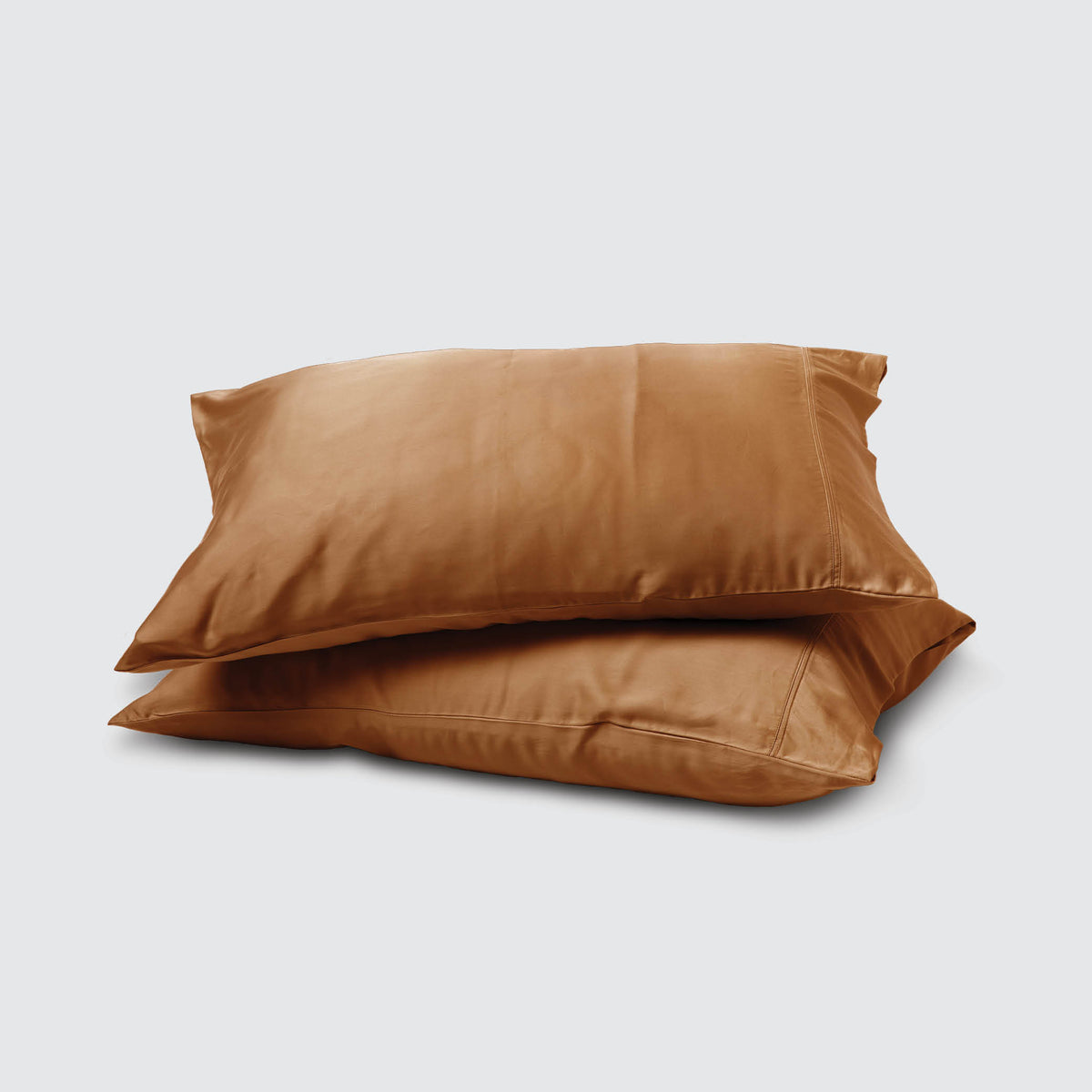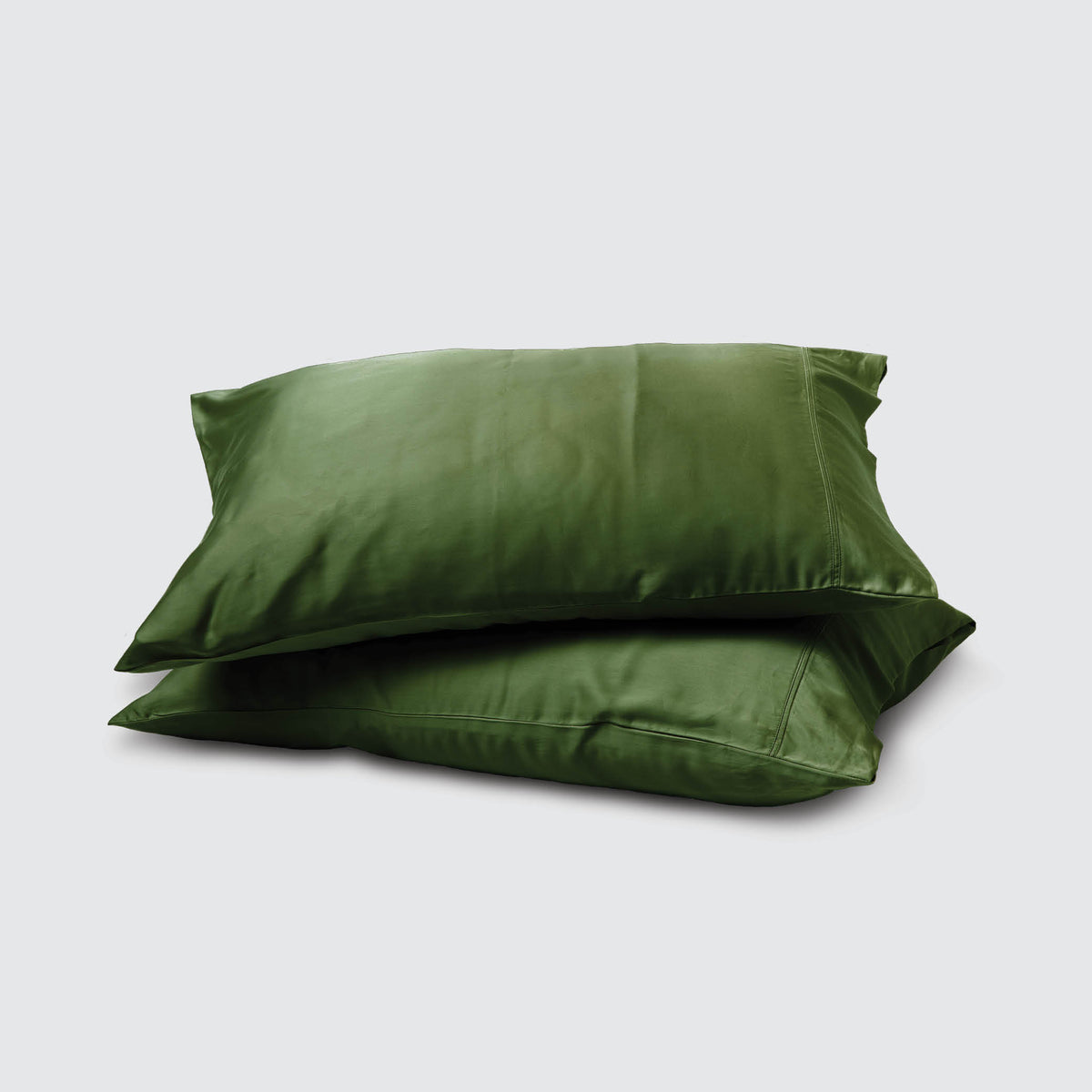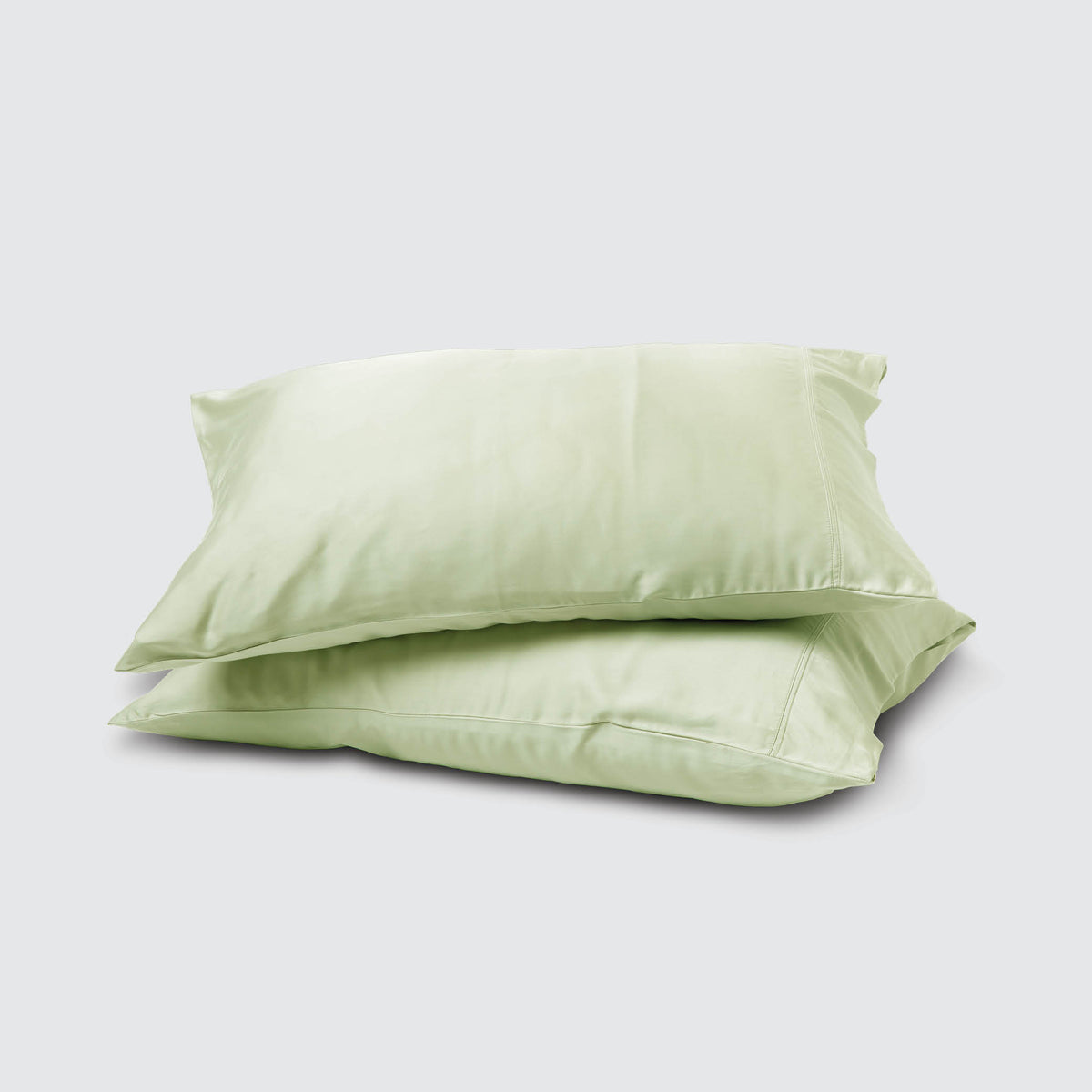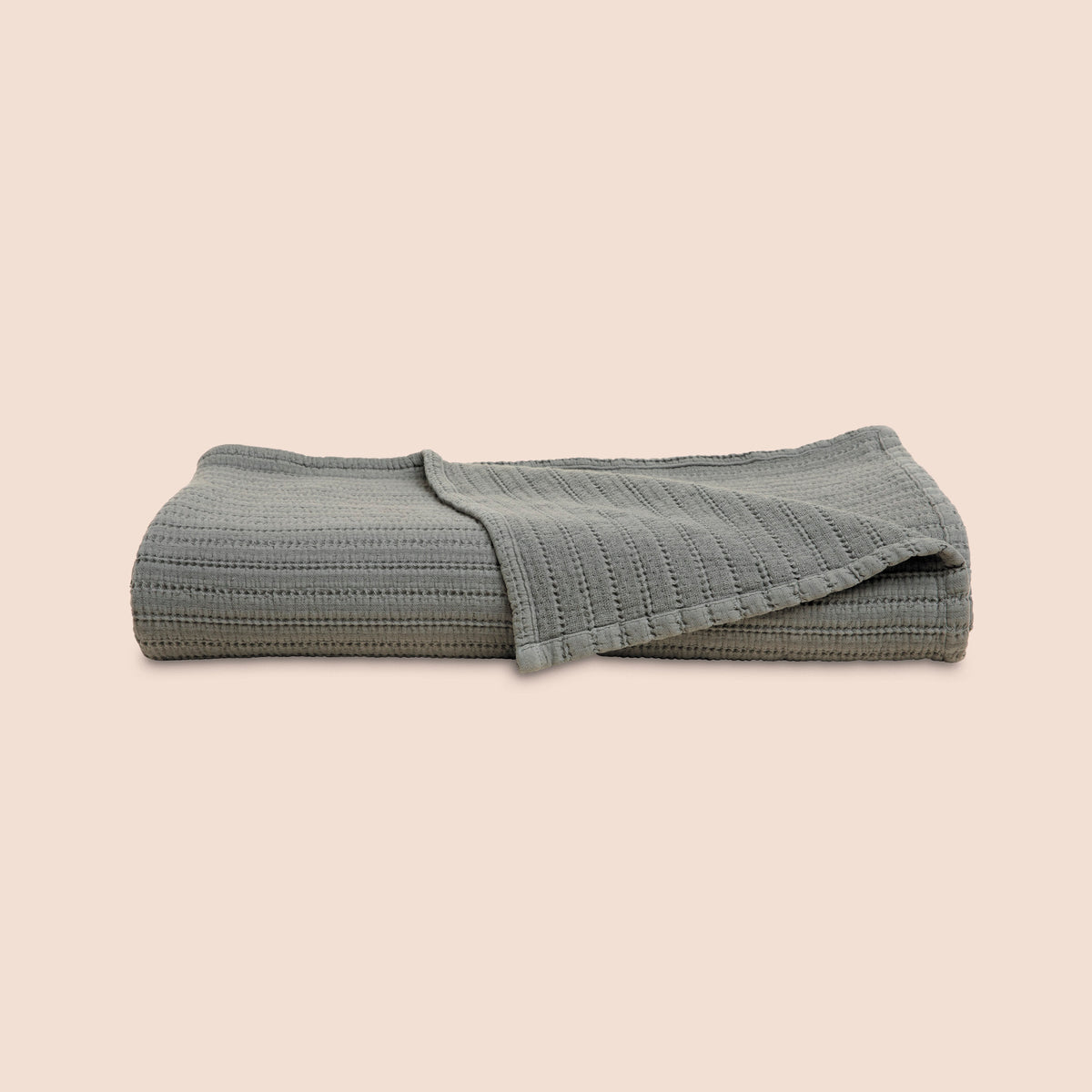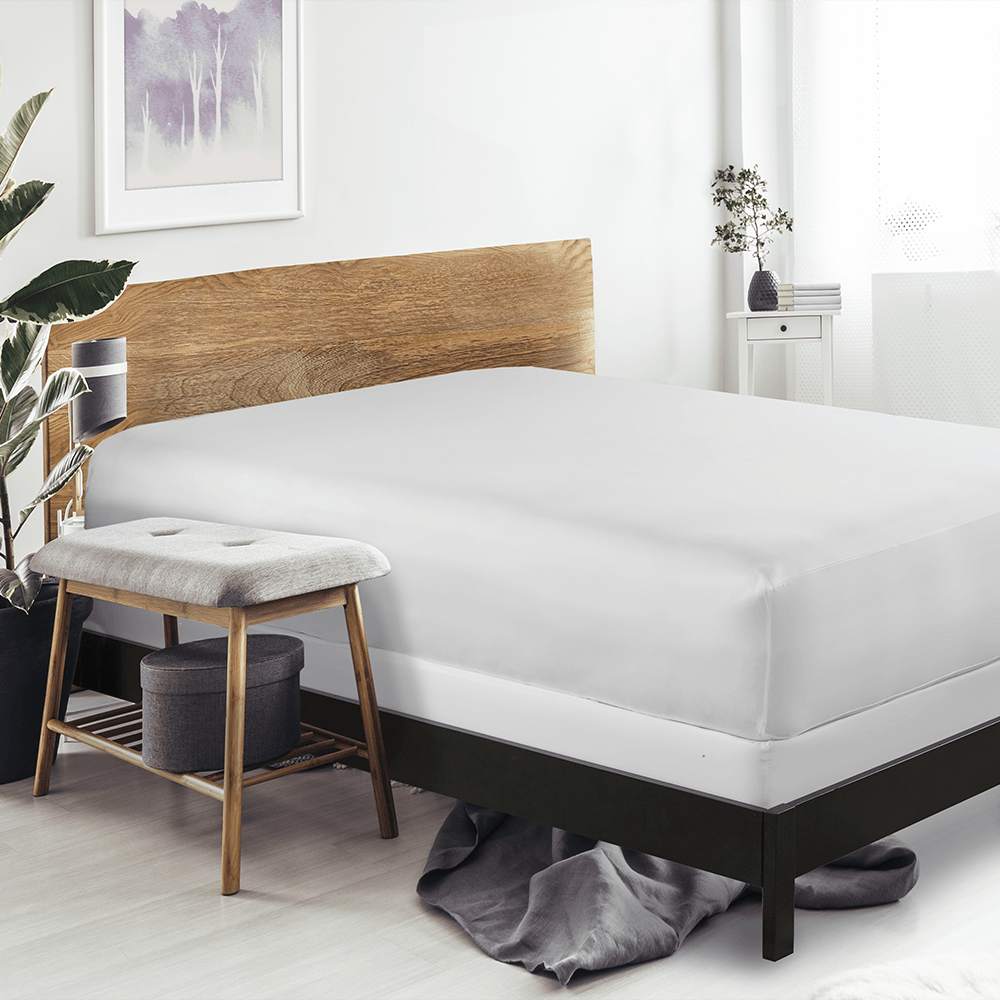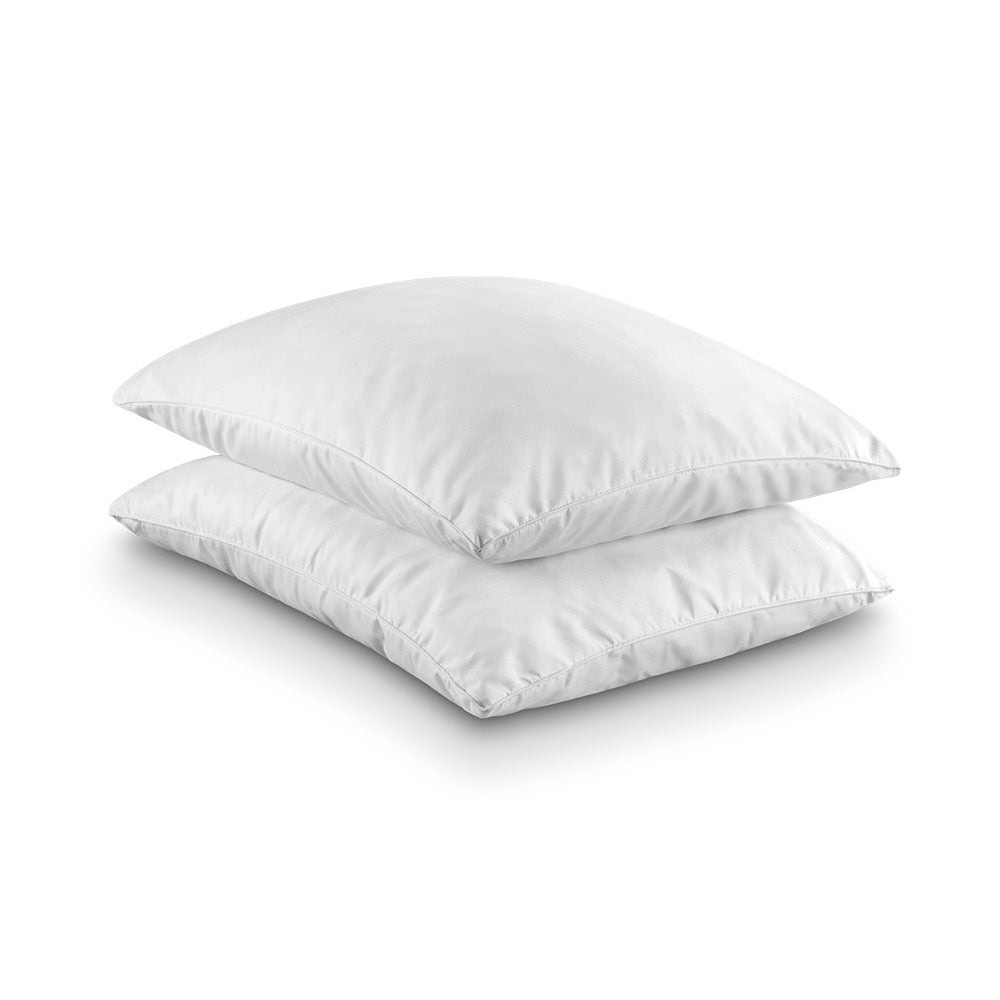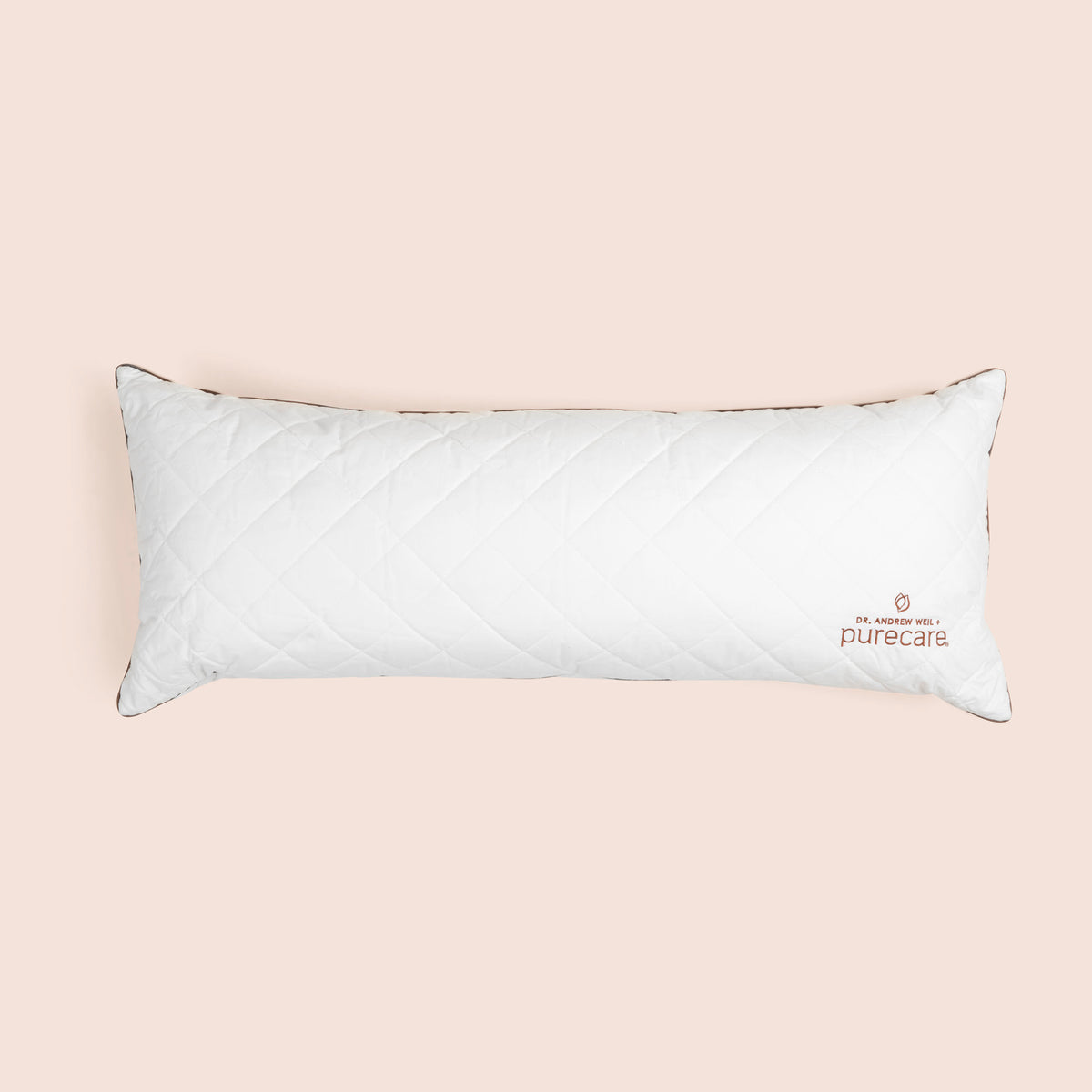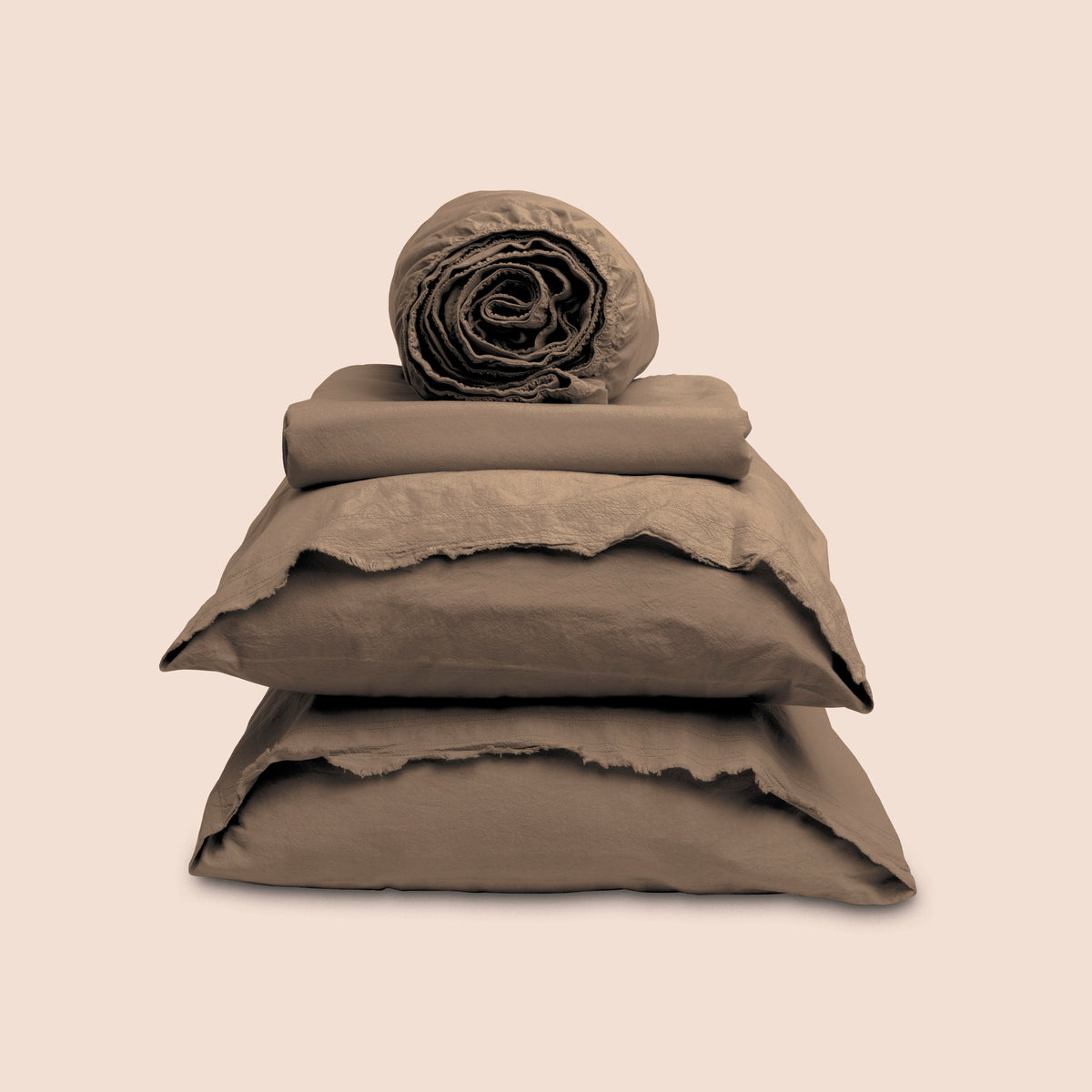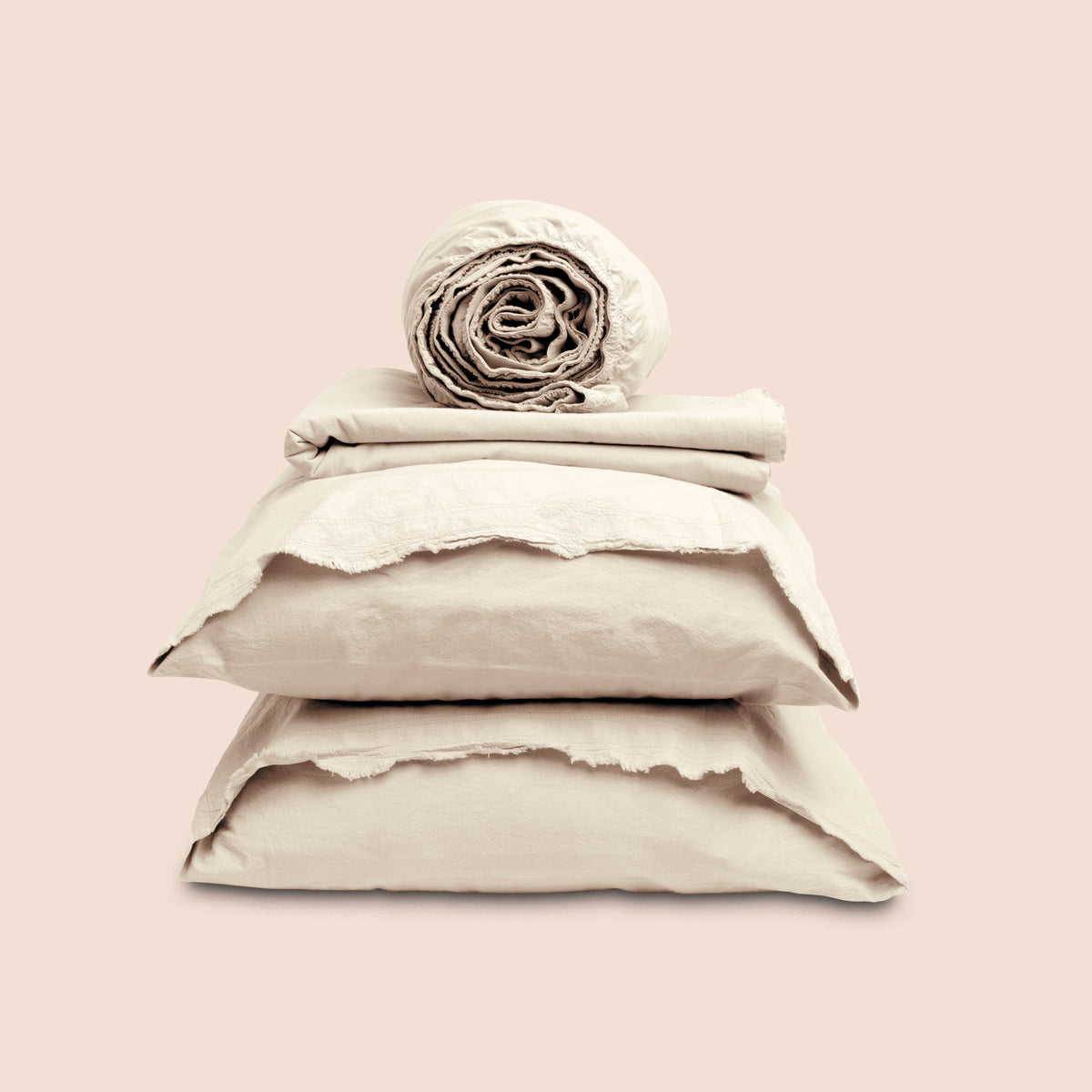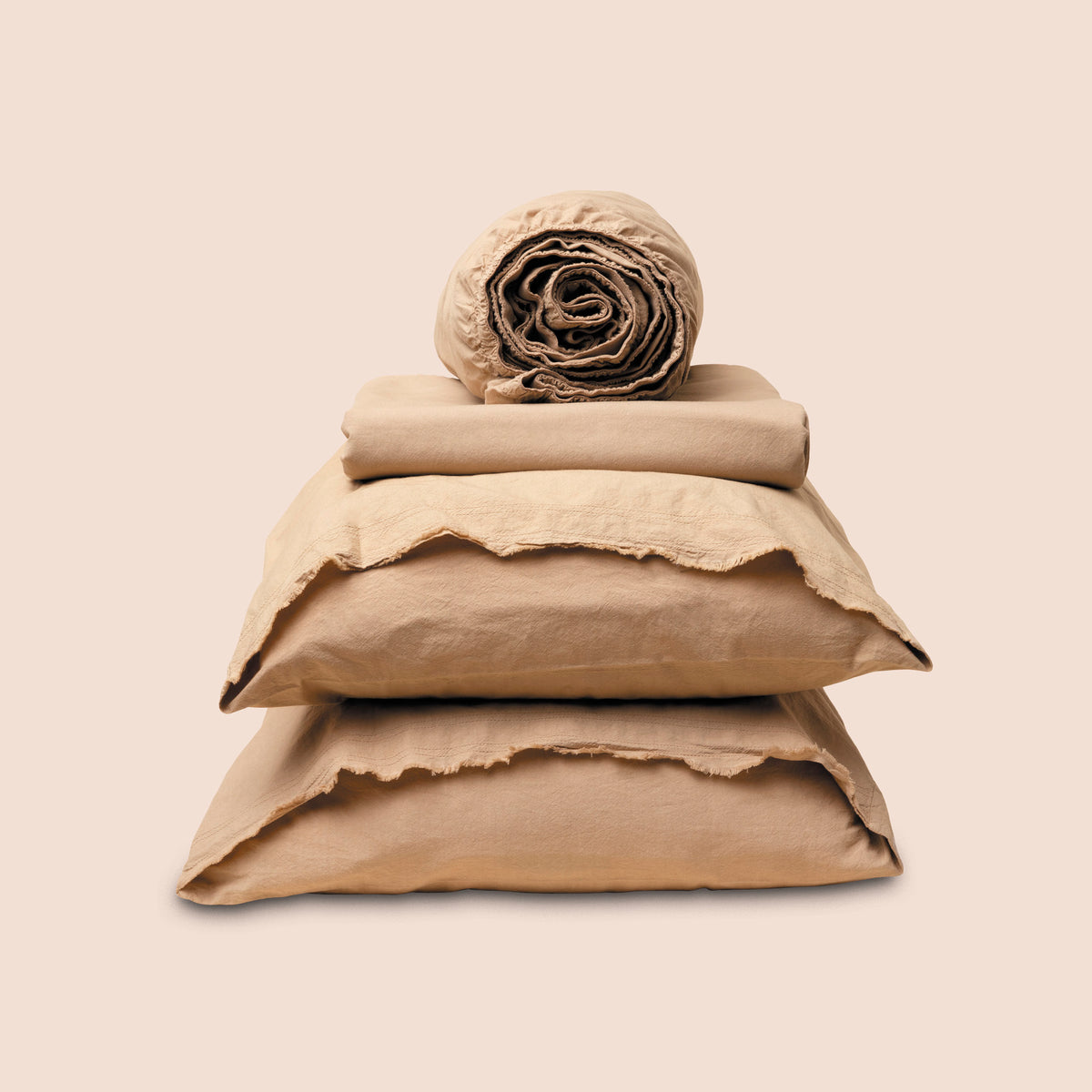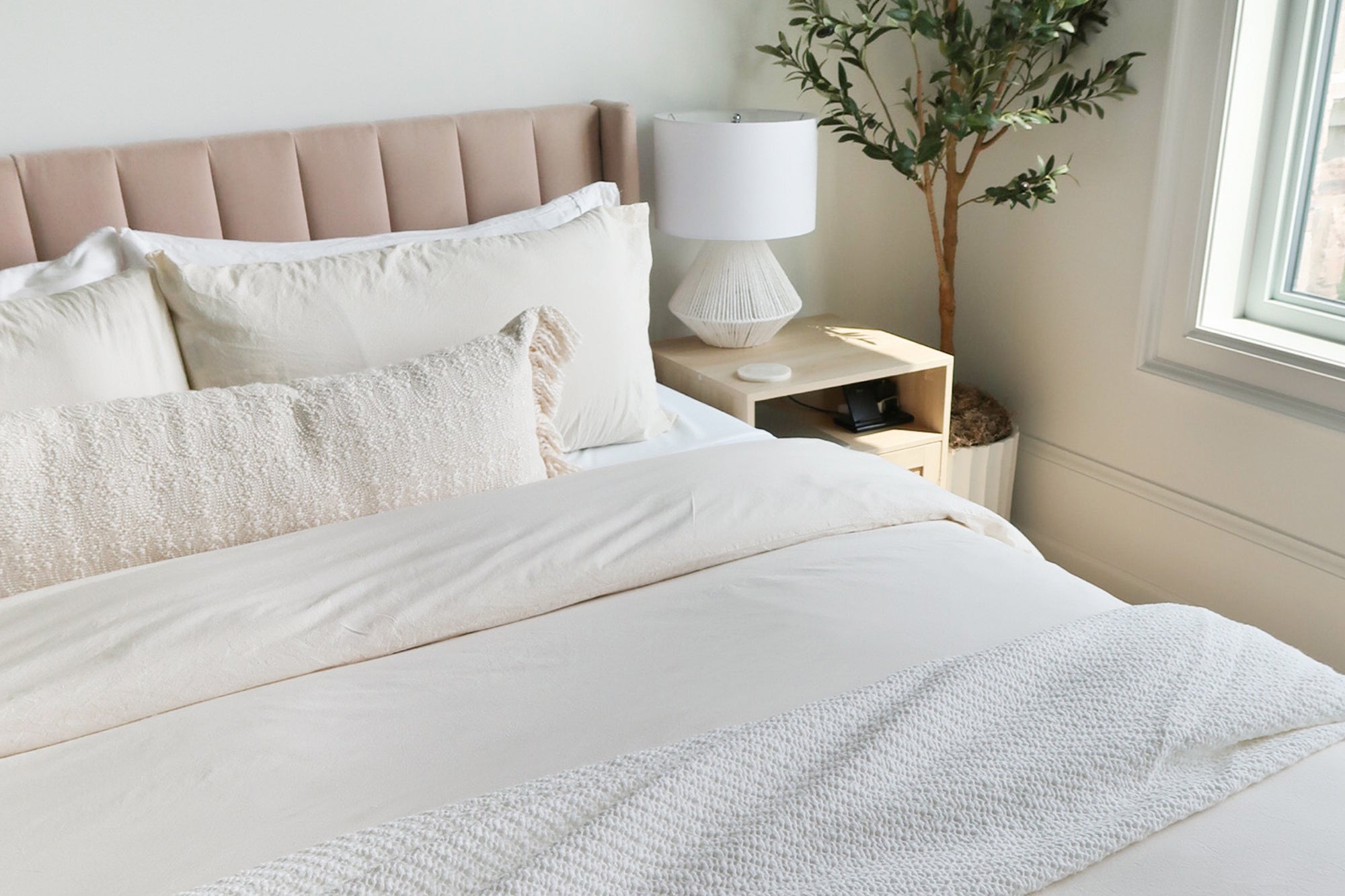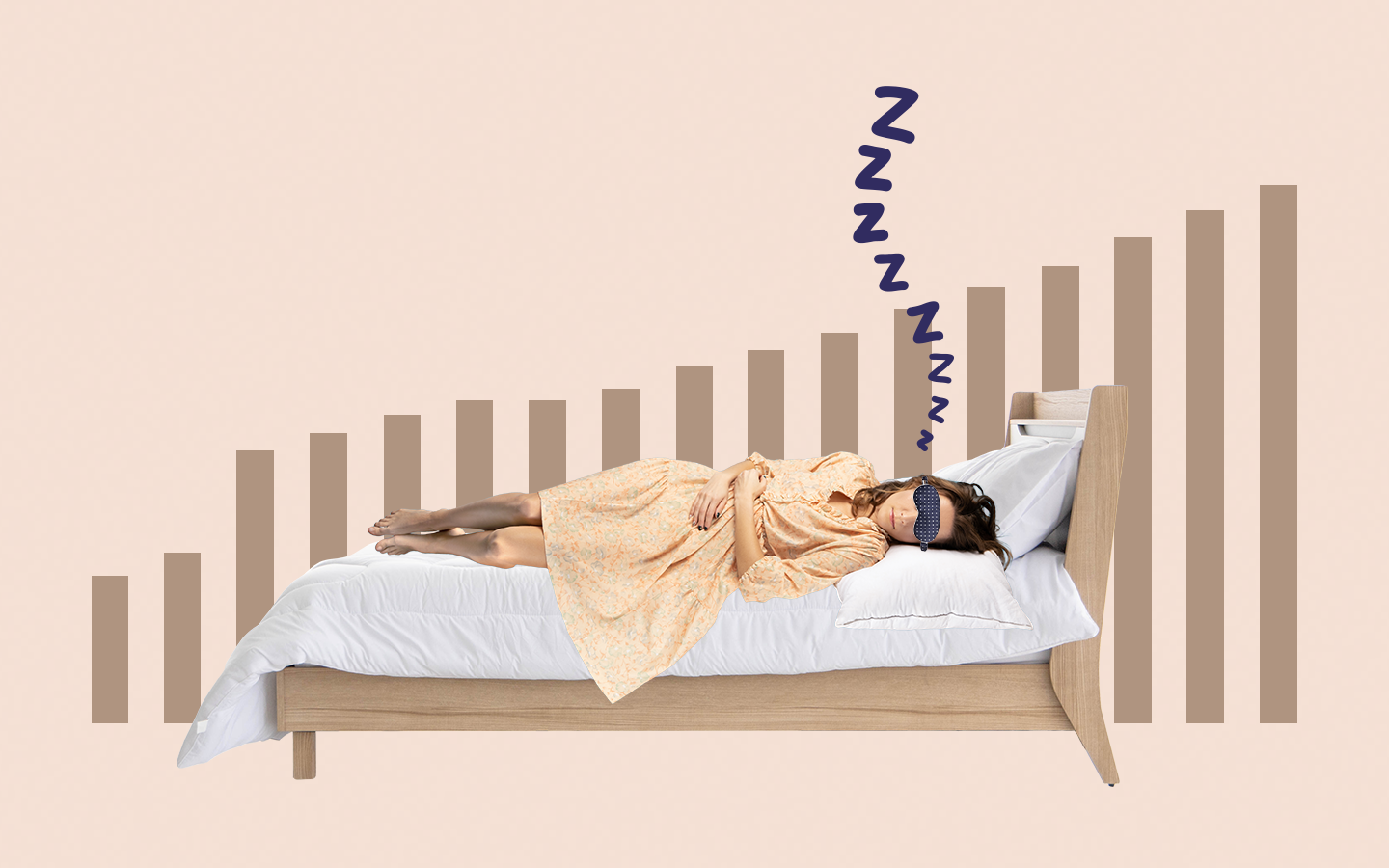Say "bedtime routine," and it's almost certain you're talking about parenting. We often take for granted that babies and toddlers need a routine. And they do. In fact, one study shows that young children go to sleep faster, sleep longer, and wake less when they have a bedtime routine, and that leads to better moods for moms.
But what about adults?
If our own moods are enhanced when we sleep better and wake less due to our fussy toddlers, it makes sense that we get a mood boost no matter what the cause of our improved sleep. Whatever disrupts your sleep quality and sleep duration is part of what's making you fatigued the next day.
So why not start (or enhance) a bedtime routine full of good sleep habits of our own?
We're looking at some of the most effective elements of nighttime routines to improve grown-up sleep quality.
Benefits of Establishing a Relaxing Bedtime Routine
Good sleep hygiene is the foundation of quality sleep.
Otherwise known as sleep habits, sleep hygiene encompasses all the things we do to alter our brains, bodies, and environment so that they facilitate sleep. It includes mental and physical routines in the hour before sleep, as well as the things we do during the daytime (like eating large meals, exercising, or drinking alcohol or caffeine).
Sleep hygiene also includes those things we do to our environments to get a good night's sleep, from choosing cool bedding to soundproofing our rooms.
The benefits of good nighttime sleep hygiene go beyond a better mood. Here are a few other perks:
-
Falling asleep faster: The faster we doze off, the longer we stay asleep. Some bedtime practices are associated with falling asleep faster and easier. And that means we cycle through more renewing sleep cycles per night, for potentially higher levels of cell repair, memory consolidation, muscle recovery, and immune function.
-
Pinpointing potential disorders: Someone with insomnia, a sleep disorder marked by difficulty getting to sleep or staying asleep all night, won't get relief by instituting a simple bedtime routine. However, others may. It's a good way to begin to pin down whether a sleeper could benefit from more specific medical intervention.
-
Improving sleep quality: You can gear bedtime routines to your own needs. If you're up late because your mind is racing, for example, a bedtime routine focused on managing those thoughts can improve your restless sleep and help you make it through the night.
-
Enhancing athletic recovery: Your muscles get help while you sleep during the sleep cycles that cue your body to repair cells. Without a good night's sleep, you'll miss out on this advantage.
Getting to sleep and staying asleep can even impact our health in larger ways. According to internationally renowned integrative medicine specialist Dr. Andrew Weil, "People who cultivate healthy sleep habits are more likely to live longer than those with poor-quality sleep." Weil cites a study showing that good sleep is associated with a 30% lower chance of death from all causes. From fatigue-driven accidents to improved cell regeneration, sleep is truly the balm that drives our health.
So, starting with a solid bedtime routine should be everyone's first step in making sure they're getting enough sleep at night.
Nine Indispensable Activities for Your Bedtime Routine
Start with a predictable sleep schedule (the Sleep Foundation says adults need at least 7 hours of sleep per night). Add a consistent bedtime so your internal clock knows when to start making your body feel tired each evening, and so it's easier to fall into natural sleep.
But before you even fall asleep, there are habits you can cultivate to ensure you not only fall asleep easily but experience fewer sleep disruptions, too.
1. Practice Mindfulness to Fall Asleep Faster
Mindfulness means focusing on the present in order to eliminate "busy" thoughts from the day, release tension in the body, and relax into sleep. Practices like a body scan, or yoga poses, in which a sleeper relaxes various body muscles one at a time, breathes deeply, and focuses on the rhythms of their body, help practitioners fall asleep faster. Breathe along with Dr. Weil to relax your nervous system before sleep.
2. Take Time for Calming Content
While audiobooks and music make frequent appearances in adults' bedtime routines, the content you're listening to matters. In one study of older adults, "stressful" content altered the sleep patterns and even the dreams of sleepers. Upsetting content had an impact on sleep quality, regardless of whether the sleeper was aware of any sleep disturbance.
So keep your bedtime stories upbeat.
3. Manage Stress and Support Your Brain
Adults have different bedtime worries than infants. But just because there are no monsters under the bed doesn't mean they're worry-free. In fact, adults can often fire up their brains at night and stay up with non-productive worry.
So focus your bedtime routine on quieting your thoughts, using techniques like constructive worry or distracting imagery. In constructive worry, sleepers set aside moments to acknowledge anxiety, practice gratitude, consider solutions, and cut off their thinking after a reasonable time.
When it's time to move on, distracting imagery can help your brain recognize shift gears. Focus on the starry night sky, a fantasy world, or playful animals.
4. Immerse Yourself in Relaxing Sensory Experiences for Better Sleep
In women with chronic insomnia, audio and visual stimuli plus biofeedback led to less waking throughout the night.
Use the same approach at home to stay asleep and improve your sleep duration. Consider harnessing technology like an Apple watch to monitor your heart and breathing. Put on some soothing imagery with calming music, or try using a VR headset for truly immersive sensory relaxation.
5. Bring on the Nighttime Pressure
From acupressure to weighted blankets, pressure helps us get to sleep and stay asleep throughout the night.
When we go to bed after getting a good massage, or while feeling our bodies calmed with the heaviness of the blanket, we're less likely to get poor sleep throughout the night, so try out a weighted layer, or try acupressure on pressure points associated with sleep.
6. Dim the Lights
Turn down the lights in the evening to help you get sleepy. Even as you go about the rest of your bedtime routine, you'll be helping your internal clock recognize it's time for relaxation, setting your circadian rhythms to expect bedtime around the same time in the nights to come.
Bright lights in the evening lower sleep propensity and can keep us up later than we want, so keep lighting mellow to help you sleep best.
7. Shhhh the Noise to Fall Back to Sleep Better
Reducing noise is associated with faster time to sleep and less waking in the night.
Consider drawing the curtains and putting on a white noise machine if you're sleeping in an environment with ambient noise or even passing traffic. You'll be able to complete your nighttime routine more peacefully, but you'll also fall back asleep
8. Remove Technology from the Bedroom
Easier said than done, but when phones are out of reach, sleepers are less tempted to pick them up and scroll through their blue-light newsfeeds, losing track of how long they've been awake.
Phones not only keep us awake with their distracting content, but their blue light also suppresses melatonin, the sleep hormone that signals our bodies that it is time to go to sleep.
9. Set the Stage for Sleep
Is your bedroom cozy? Thermal regulation is key to keeping us asleep all night. In fact, it's tied to our circadian rhythms, so a room that's not supporting sleep can not only keep you up but also make it harder to fall asleep in the future. Adjust the ambient temperature in your home, change your bedding for the season, and invest in cooling bedding for summer.
When you get into bed at night, make sure your body is supported by your mattress, pillows, and bedding, and that the temperature is right. For some, a warm bath or shower each night can help your body evaporate moisture and cool naturally, as it normally does to prepare for sleep.
That's a powerful signal to your brain that it's time to wind down and get under the covers.
Want to Sleep Better? It's all in Your Sleep Hygiene Routine
For adults, a warm bath and a good book (not to mention getting to bed at the same time every night) still work as well as they do for children. But add some new bedtime practices to your routine to keep poor sleep at bay. Get started with these 9 core must-haves for your grown-up bedtime routine.
Need more tips? Get advice from all the sleep hygiene categories to make sure your bedtime routine is well-rounded. After all, we’re all individual sleepers, so expanding your bedtime routine from these 9 fundamentals can help you master your own sleep needs and challenges best.





